HOLLYWOOD
A special feature on Michael Matteo Rossi, the film producer, writer, and director, talks to us about his professional journey and provides some sound advice to new talent who want to forge a career in the movie industry.


EDITION 5
CREATING DESTINY
A conversation with Zeynep Deniz - Fashion Designer / Illustrator / Instructor. With 115,000 Instagram followers, her life story is filled with twists and turns. We talk to Zeynep from her studio in Turkey.
MY DREAM
We talk to Yarea Guillen, the brand, songwriter, music artist, actress and influencer. She spoke to us about her journey with over 11.3k Instagram followers and signed to an iconic brand.
BEHIND THE BRAND
An intriguing look into the world of a photographer.
Famed for his diversity and creativity, Qaiser talks to us about his professional journey.
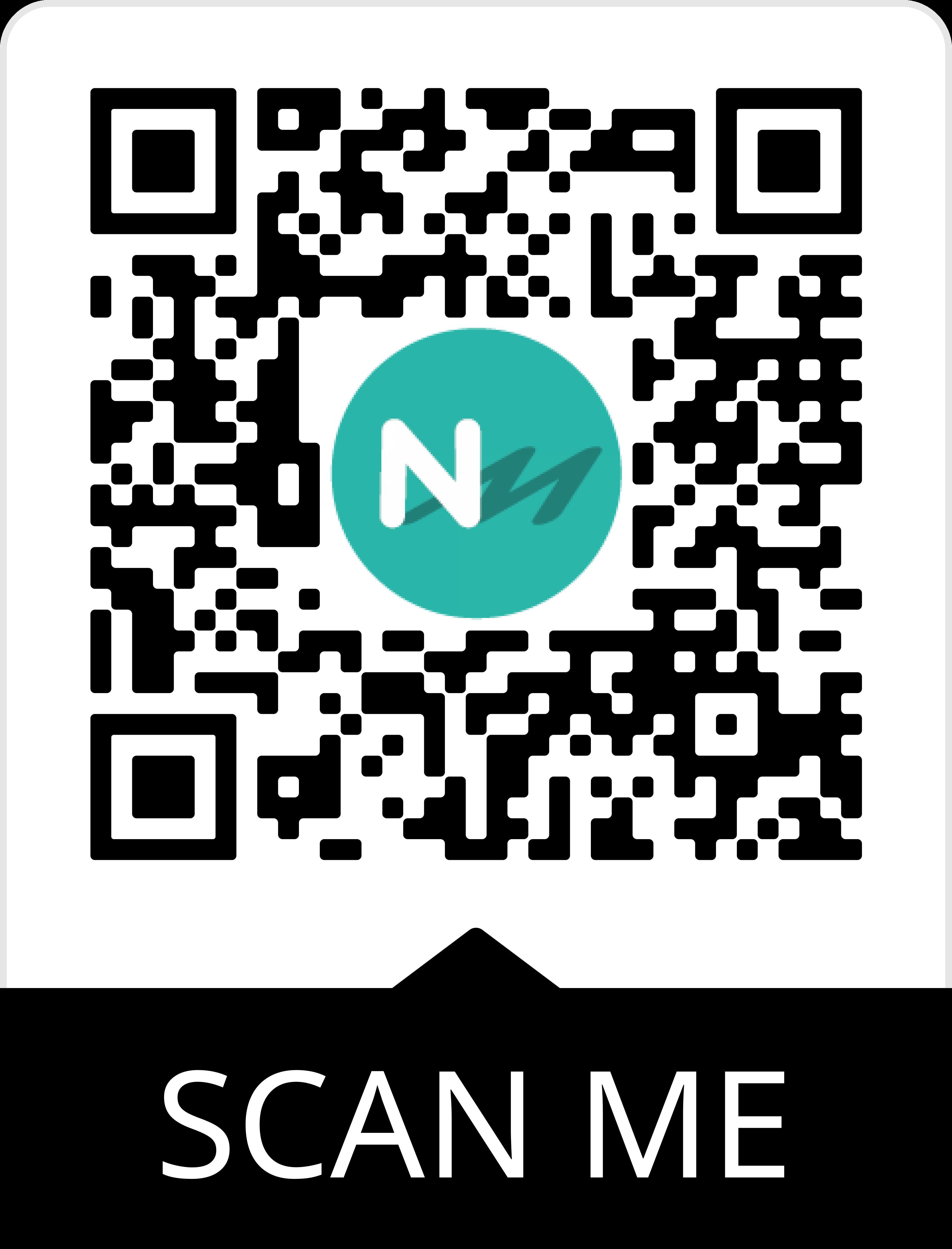
www.networkingmagazine.co.uk
CONTENTS
This is an interactive contents, links flash in blue.
PHOTOGRAPHY

1
This section contains a curated collection of notable photographers.
SPOTLIGHT
A special feature on NANA SRT, the iconic art photographer.
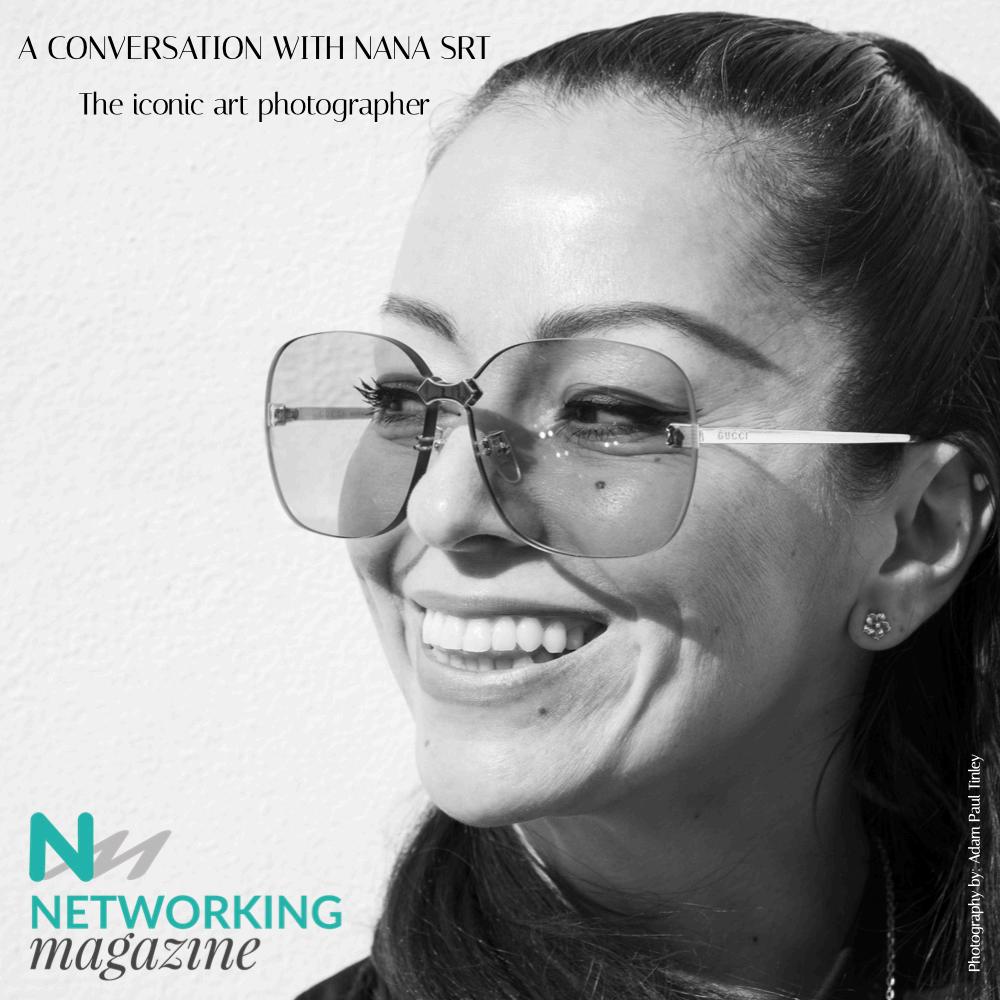


DIGITAL DIALOGUE
Do you want to be inspired? Or perhaps find a new passion or interest to add to your quality of life? Well, Digital Dialogue is here to help with exactly that. Here you will discover new ways in which you can alter your lifestyle and make time for what matters to you.
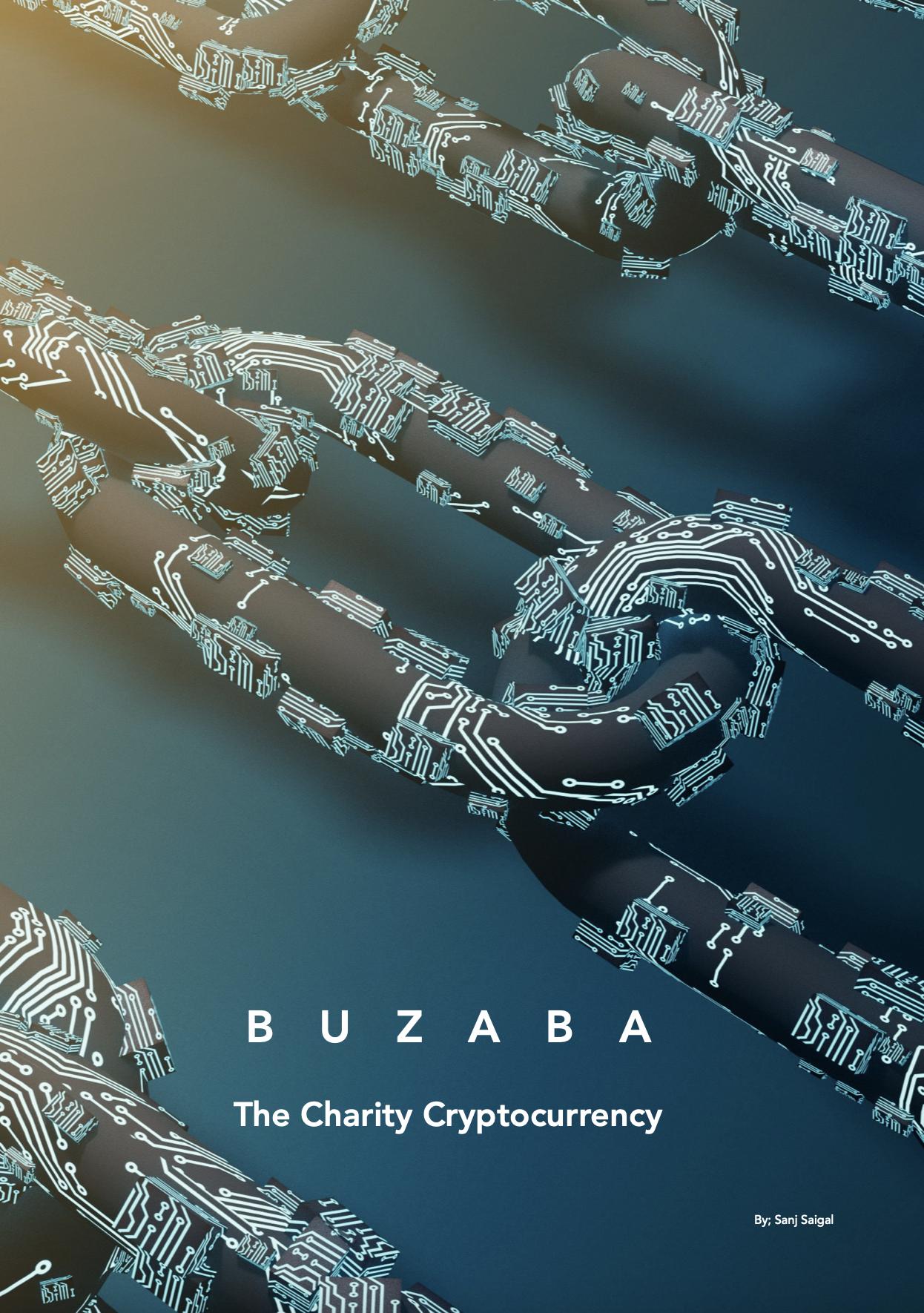
PORTFOLIO
Arnaud Steckle
Shahin Khalaji
Mae Mu
Intricate Explorer
Andrii Lytvynko
Qaiser Azim
Elliot Paris
Jon Tyson
2

BUZABA
I managed to catch up with Pedro Macosta. We talk about his journey of cryptocurrency discovery, his take on expectations and how his creation of BAZABA is giving back to society in a unique way.
DESIGN & INNOVATION

3
A space for creativity and passion, discussing topics that are relevant in modern society to potentially inspire others and reshape their thinking.
INCEPTION
Creativity and innovation are the focal point of this very unique concept that is drawing media attention. The founder of spodstore.com talks to us about the journey from an initial concept to production of these functional spaces.
CREATING DESTINY
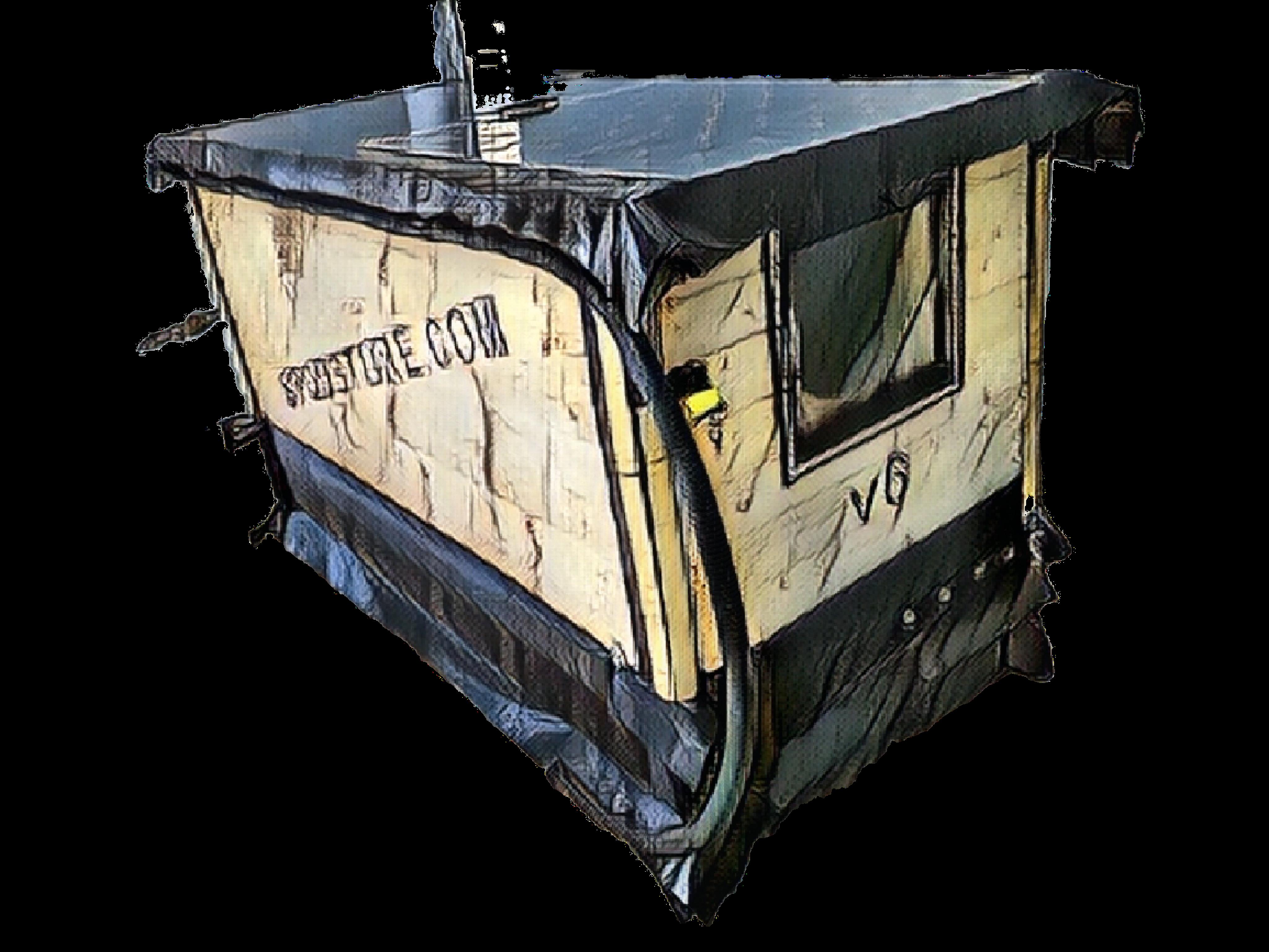
A conversation with Zeynep Deniz - Fashion Designer / Illustrator / Instructor. I caught up with Zeynep at her studio in Istanbul, Turkey.

4

SPOTLIGHT
A conversation with Qaiser Azim, one of the biggest names behind some iconic brands.


SPECIAL FEATURES
A section for notable worldwide achievements.
FROM SCRIPT TO MOVIE
A conversation with Michael Matteo Rossi. I managed to catch up with him and talk to him about his life journey, advice for new talent and his forthcoming project. His professional journey is defined by a strong work ethic, sheer determination, and want to make his mark in his sector. A writer, producer and director, he offers sound advice based on his journey.
MY DREAM
We talk to Yarea Guillen, the brand, songwriter, music artist, actress and influencer. She spoke to us about her journey with over 11.3k Instagram followers and signed to an iconic brand.
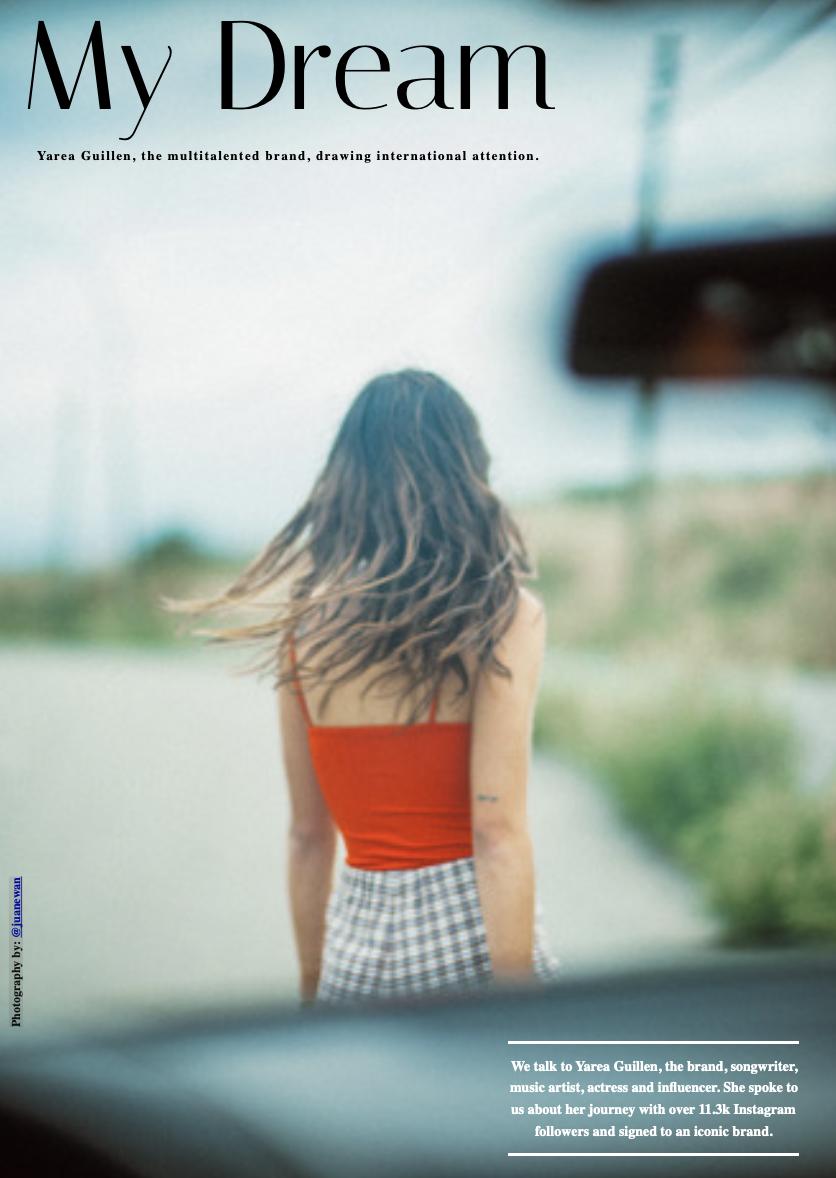
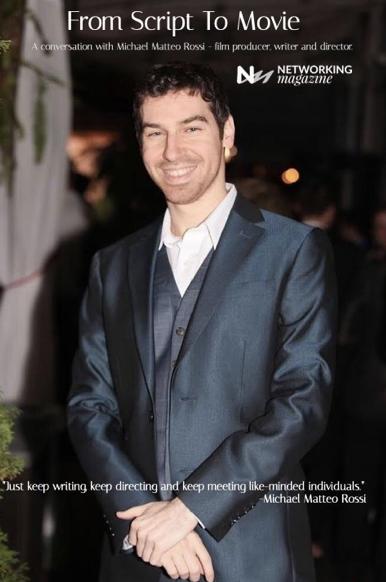
5
SPECIAL FEATURES
A section for notable worldwide achievements.
DREAMER DELUX
"This is a story about a person who had a dream and made it happen".
A conversation with Schelaine Julia Bennet.
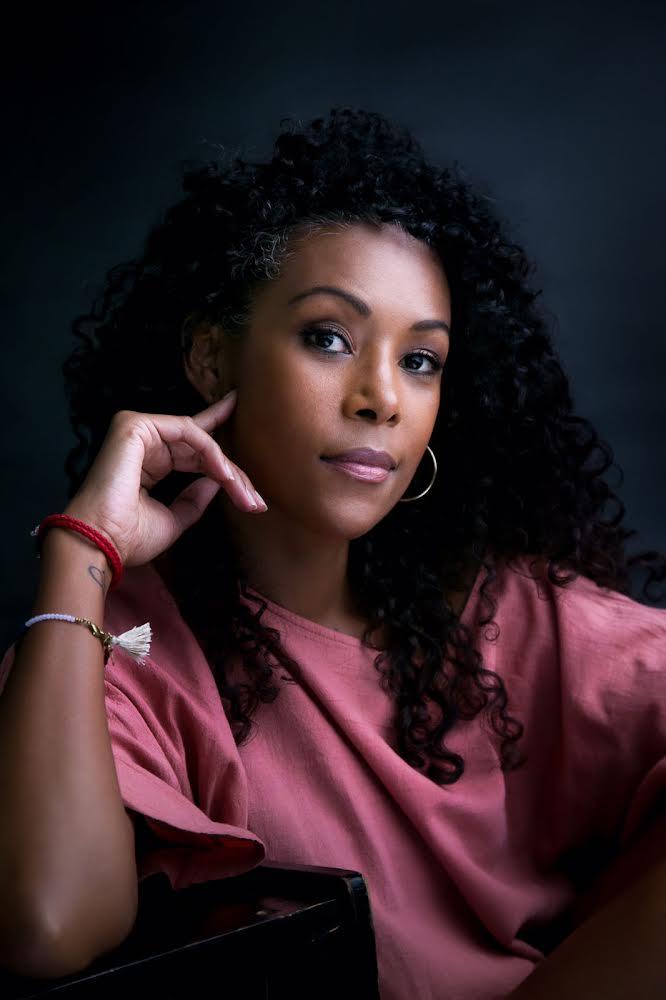
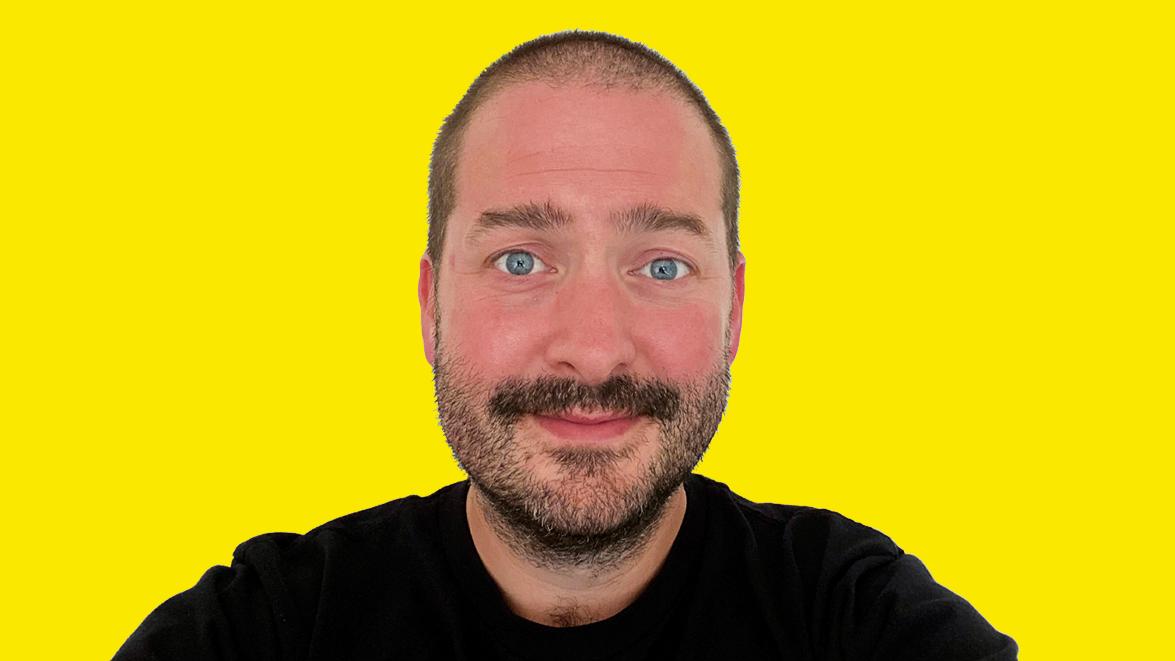
MAGLABS
We talk to the CEO, visionary and founder of magLabs about his journey and learn more about this intriguing organisation that provides digital asset management solutions for some of the UK's most iconic brands.
Photography by Thabang R Photography
DEBIT & THE CREDITS
A conversation with Samuel Nkwume, the Hollywood film producer.

LIFESTYLE

6
A section for creative businesses that bring a very unique offering.
TRANSITION
We talk to Justine Gonshaw, the founder of Nature's Moor, about her life journey and the transition from a corporate background to starting her own company.



Thank you to everyone who contributed to the launch of our 5th edition. Purley, for the benefit of our new readers, our magazine publication is quarterly and is only available in digital format.
Our intention to create a press release to share across a digital media landscape provides highquality content that uniquely captivates an audience. Whether you are an individual or a business, there is value in someone other than you, screaming about what you do and how you do it.
Our articles are beautifully curated, fusing text, images and video with the end goal to captivate an audience and scream about what you do. The magazine founder has strong links to social media content provision and is a published UK author.
If you could not meet the publication deadline, don't worry, we have created a website to optimise articles for Google, storing them for the next publication date. These are permanently stored using professional SEO services, adding value and future-proofing your words.
Our service as a magazine does not end here; you have the option to bolt-on Podcasts, Vidcasts, images and more at any future date. These services are optional and competitively priced.
We hope to bring something unique to the table, uniting networking groups and providing real value to small to medium-sized businesses.
Please support us by joining our social media platforms, and remember to give us that all-
For more information about our magazine, please
Photography by: Gary Butterfield

This section contains a curated collection of notable photographers. Photographers were handpicked from across a variety of social media platforms.
1

Photography
NANA SRT
ALTERNATIVE WORLD
By own admission, she was a shy and introverted child who blossomed with time. On a journey of discovery, she has found a relationship with photography and dance, which would play a big part in her life. An extremely talented photographer with a unique style that catches the imagination and leaves an audience wanting more. A carved brand from humble beginnings. The Networking Magazine was fortunate to catch up with Nana between her photoshoots in Vienna and London.

5 EDITION
ALTERNATIVE WORLD
By: Sanj Saigal

You instinctively know when you're talking to someone who has the ability to influence others. Their aura dictates a certain vibe that makes you want to listen. Their words represent experience and knowledge that others can learn from. Nana's passion for photography was a natural path to take, and there was a heavy influence from her father's actions. Her story began in Japan, ending up in both Vienna and London.
By own admission, she was a shy and introverted child who blossomed with time. On a journey of discovery, she has found a relationship with photography and dance, which would play a big part in her life. An extremely talented photographer with a unique style that catches the imagination and leaves an audience wanting more. A carved brand from humble beginnings. The Networking Magazine was fortunate to catch up with Nana between her photoshoots in Vienna and London.
At what age did you realise that you wanted to pursue a career in photography?
My father was a truck driver in the middle east; photography was a hobby for him. At home, he plastered the interior of our toilet with all kinds of trucker images. Very colourful. His photographs documented his life and captured moments that he found interesting. We would have "slide evenings" where my parents' friends would come round when he returned from his travels. He would project his slides on our living room wall to tell us about his travel experiences and adventures. Fascinated with his Nikon FM, I often found myself rummaging through his photo equipment. In some way, perhaps that's where my journey began. Some years later, I joined a photo club at high school where we created a school magazine and spent fun time developing photographs for it in the darkroom. I have strong sensory memories of these days.
HOBBY PHOTOGRAPHER
Photography by: Adam Paul Tinley
ALTERNATIVE WORLD
Animals in captivity
At one point, when I borrowed my father's camera, I intended to work on a series where I would capture images of animals' eyes in captivity. Zoo kept animals carry a sadness that has a profound impact on me. After I shot a few rolls of film there, I couldn't bring myself to develop these. It wasn't until 30 years later that I did, but of course, the film had expired by then. But what I shot still lives in my mind and probably will forever. On a side note, I encourage everyone to live a plant-based life to the best of their abilities.
Did you meet resistance from family and friends?
Not really - my circumstances were probably different. I have been working in the dance industry for most of my life and started showing my photographic work publicly in 2019. I'd shown some of my artist portraits here and there, shot a couple of album covers and press shots for my husband etc. Still, by the time I distinctly decided
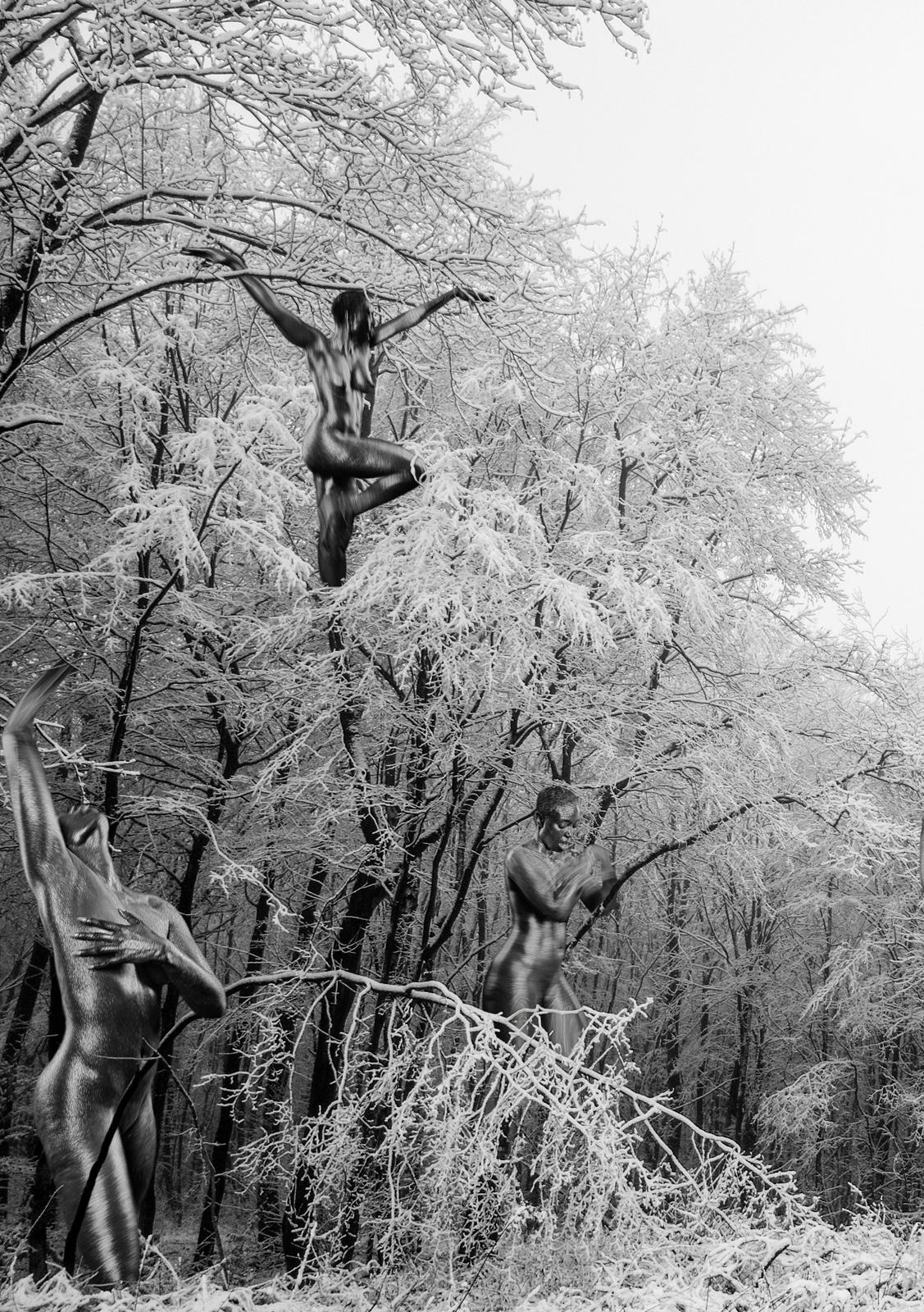
to want to share my work, I'd accumulated a fair amount, and my friends and family had become used to it.
INSPIRATION
Who inspired you? Why?
Initially, my father for sure. Music. Dance. Life. Everything our senses can perceive can be of inspiration to me.
DANCE
How did dance find you?
I have been working in dance - in various capacities - for some 30 years now, and still am; in December 2018, I looked through my photographic work and realised just how many photos I had accumulated, so I decided to start exhibiting them, which marked the beginning of
SRT
Photography
by: NANA
my limited editions for sale. The first time I ever showed my work was only in Brooklyn, New York! Which was very exciting. It just made sense for me to continue nourishing my ongoing relationship with dance.
SYNERGY
I have been running my dance agency - HeadNod - for some twenty years. Documenting our dancers and musicians' journeys with my camera came about in a very organic way - at rehearsals, dance battles, castings etc. I often have to hire out studios, though, seeing that my shoots usually require quite a bit of space for movement - and they are generally also pretty messy! However, I enjoy shooting outdoors too - one of the outdoor series I hope to continue next year is FLOW, where I am working with ballet dancers.
While the majority of photographers pursued fashion as a genre, you diversified into art. Why?
Must be the freedom of expression. The unfiltered voice - my unfiltered voice. Not wanting to have 20 heads in the mix to create. Or the perfect set-up with the perfect face. None of that has ever appealed to me.
"It's the reason that I do this, and it's an unfiltered voice".
If the Nana of the past met the Nana of the present, what would you both talk about? Why?
I would tell myself not to miss out on opportunities. Going for it and seeing where the road would take me, not giving in to pride, fear of failure, shyness. You won't ever be remembered for failing. You'll only be remembered for your success, so allow yourself the chance to say Ok, why not!
If I asked your best friend to describe you, what would they say?
They might tell you that I love my independence. That I have a high expectation of friendship and loyalty and a strong sense of right and wrong.

 Photography by: NANA SRT
Photography by: NANA SRT
Can a mobile phone compete with a traditional camera?
I don't know about competing, but I guess it completes our visual perception of the world in this day and age. I choose to have a small camera with me wherever I go; it's a Ricoh - it's a great size and portable. So should I come across a moment I would like to capture with the camera, I have it at hand. You just wouldn't be able to blow smartphone images in high res to a large format, not today. Maybe soon, though! cameras won't disappear as long as people want to explore photography.
FILTERS
Is the use of filters the future?
I like spontaneity, freezing a moment in time. But yes, I think the sort of filters you are referring to have gained popularity certainly with the Millennials and Gen Z searching for the perfect depiction, especially since platforms such as Instagram are a public photo album for anyone to view.
Is everyone a photographer?
We are all photographers if we want to be. If we dedicate the time to it. If we put the energy and hours into it.
How do you disconnect from work?
Creativity doesn't come with a switch, and compromises often have to be made. I'm married to a musician, so I don't have to worry on that front. I have also always been lucky enough to set my own working hours throughout my life. But, of course, there are plenty of occasions where we have to coordinate activities because we are in the process and don't want to lose a train of thought. Luckily, there is mutual understanding at home. Yoga would be what helps me to disconnect from the day; I completed a teacher training earlier this year, which showed me a lot of new ways to connect with my inner self instead of being led by the outside world.
PASSIONATE
What skills do you need to be a photographer in your genre? Passion. Does a photographer need to take the same shot multiple times?

by: NANA SRT
Photography


Your world is split between Vienna and London. Is it hard to find a work-life balance?
I am lucky to have two workspaces. They have different values, and I am privileged to be able to indulge in both; London has a vibrant urban energy, Vienna has more of a laid back energy with art very present in everyday life. It offers another type of inspiration.
What has been your most significant success?
Realising for myself that what I do fulfils me. And allowing myself the freedom to follow this voice.
If the opportunity presents itself, then my answer would be Yes. Every shot has the ability to reveal something new.
Have you ever cried in the name of your work? Why?
On more than one occasion!... Art becomes an emotional space that you connect with. I have been known to get taken by the energy in the room.
"Art is an undiluted
of expression."
form

 Photography
Photography
by: NANA SRT


Who or what would you love to photograph? Why?
Tough! I love energy. I love life force. I can find these in humans, animals and nature. I have a favourite tree in the Vienna Woods that probably brings me just as much satisfaction as watching a beautiful dance or music performance; I guess it depends on my mood of the day.
Does your name have a meaning?
I am half Japanese, half Austrian. My middle name Sakura translates as cherry blossom. The initial R stands for Rosalia - a great aunt on my father's side. My artist name is Nana SRT, which reads Nana's art… apt, right?
Is there a time limit on your career?
There is no time or age limit to art, so no, there is no time limit on a photographer's career.
All Photography by: NANA SRT


 Photography by - Rodion Kutsaev
Photography by - Rodion Kutsaev
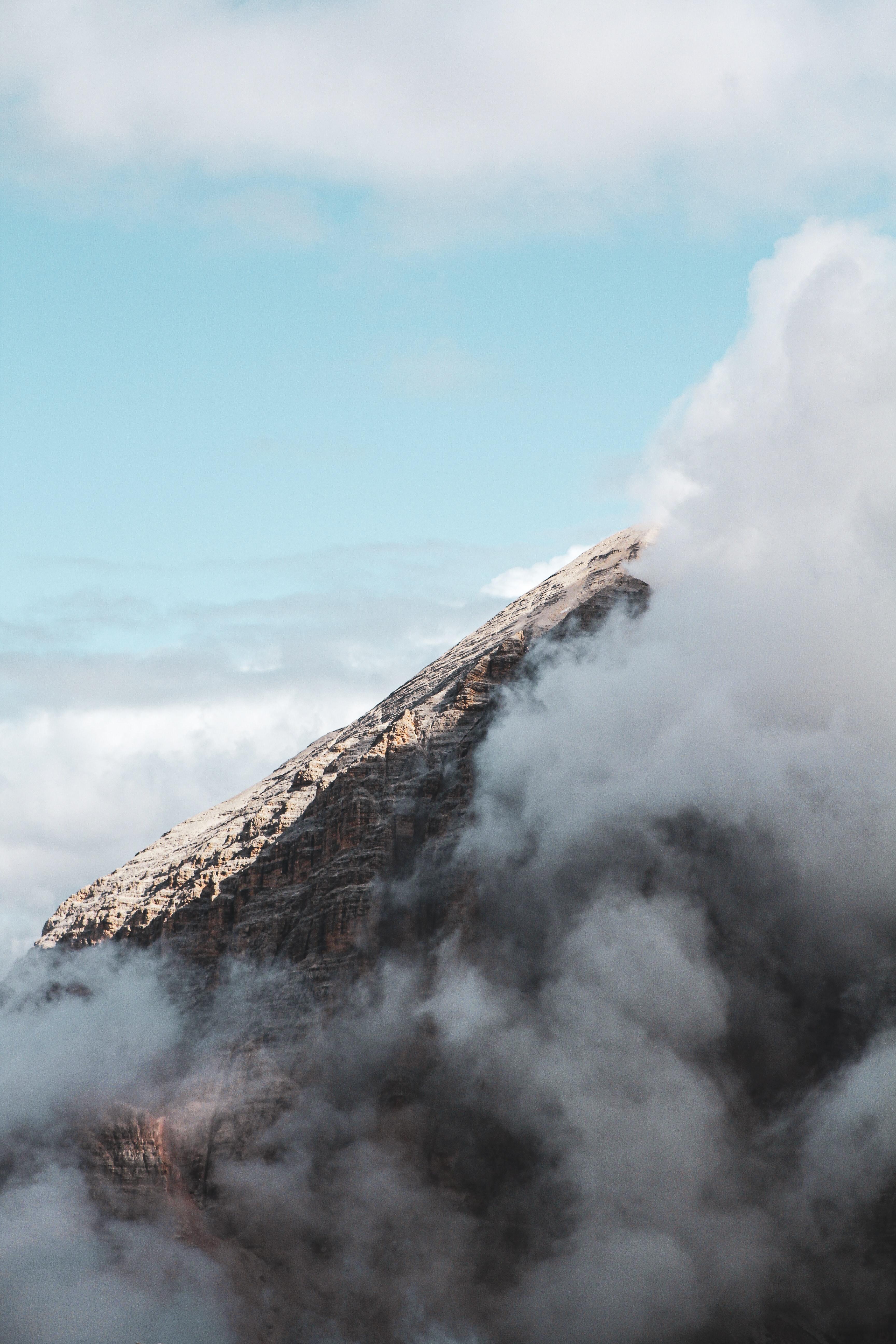 Photography by - Arnaud Steckle
Photography by - Arnaud Steckle
 Photography by - Shahin Khalaji
Photography by - Shahin Khalaji
 Photography by - Mae Mu
Photography by - Mae Mu

Photography by - Intricate Explorer

Photography by - Intricate Explorer

by - Andrii Lytvynko
Photography

 Photography by - Qaiser Azim
Photography by - Qaiser Azim
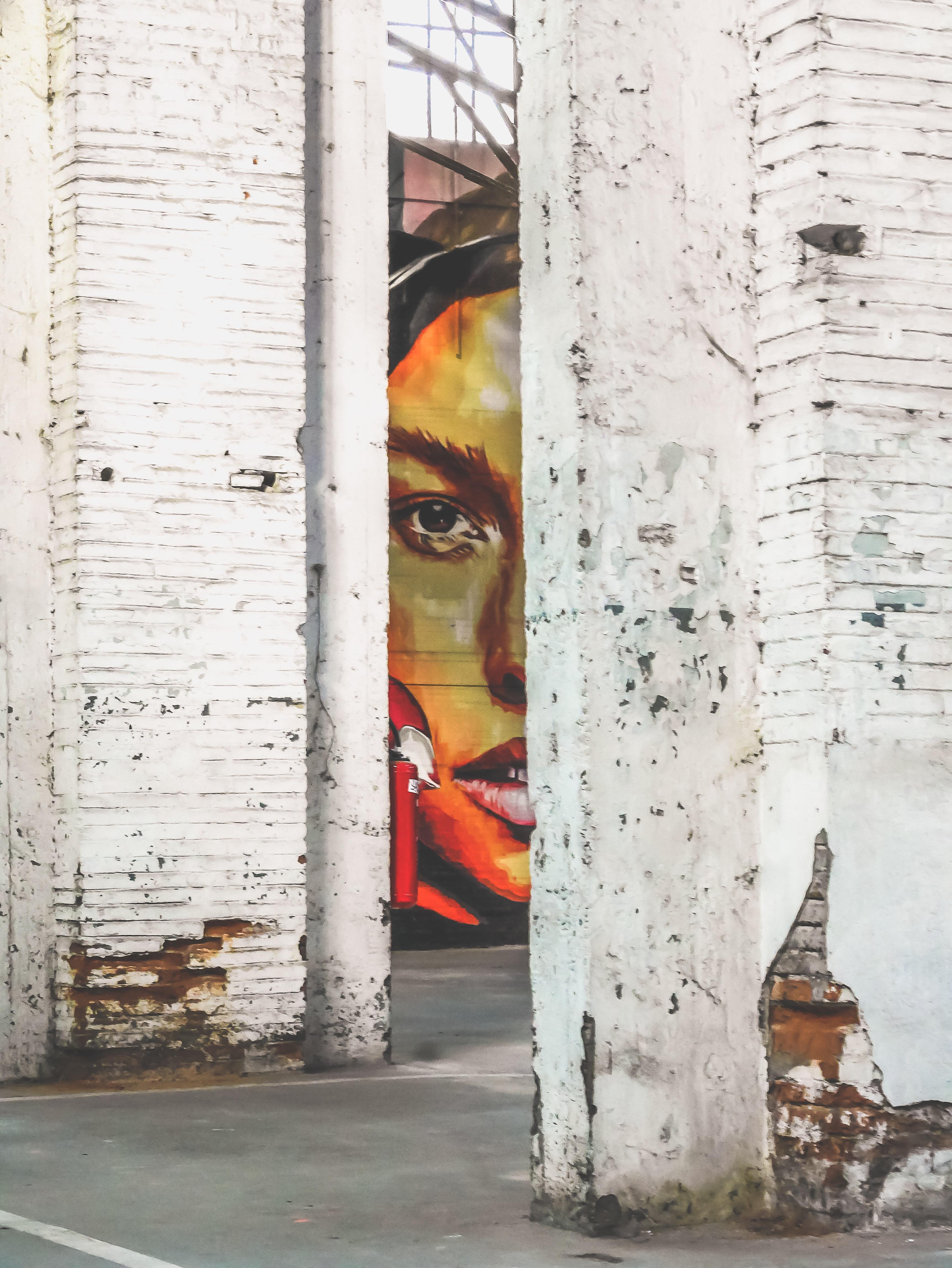 Photography by -Elliot Paris
Photography by -Elliot Paris
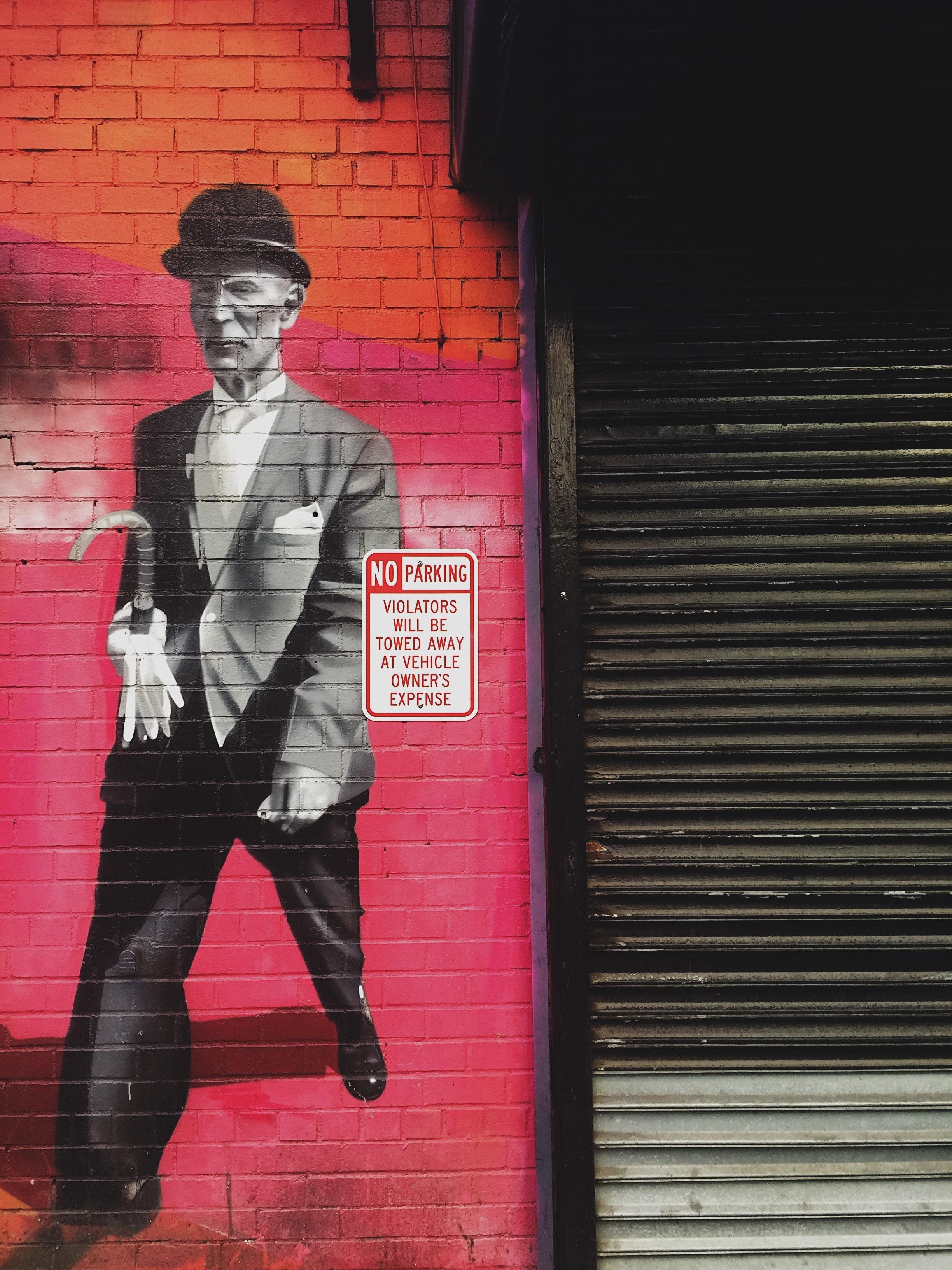 Photography by -Jon Tyson
Photography by -Jon Tyson


DIGITAL DIALOGUE
Do you want to be inspired? Or perhaps find a new passion or interest to add to your quality of life? Well, Digital Dialogue is here to help with exactly that. Here you will discover new ways in which you can alter your lifestyle and make time for what matters to you.
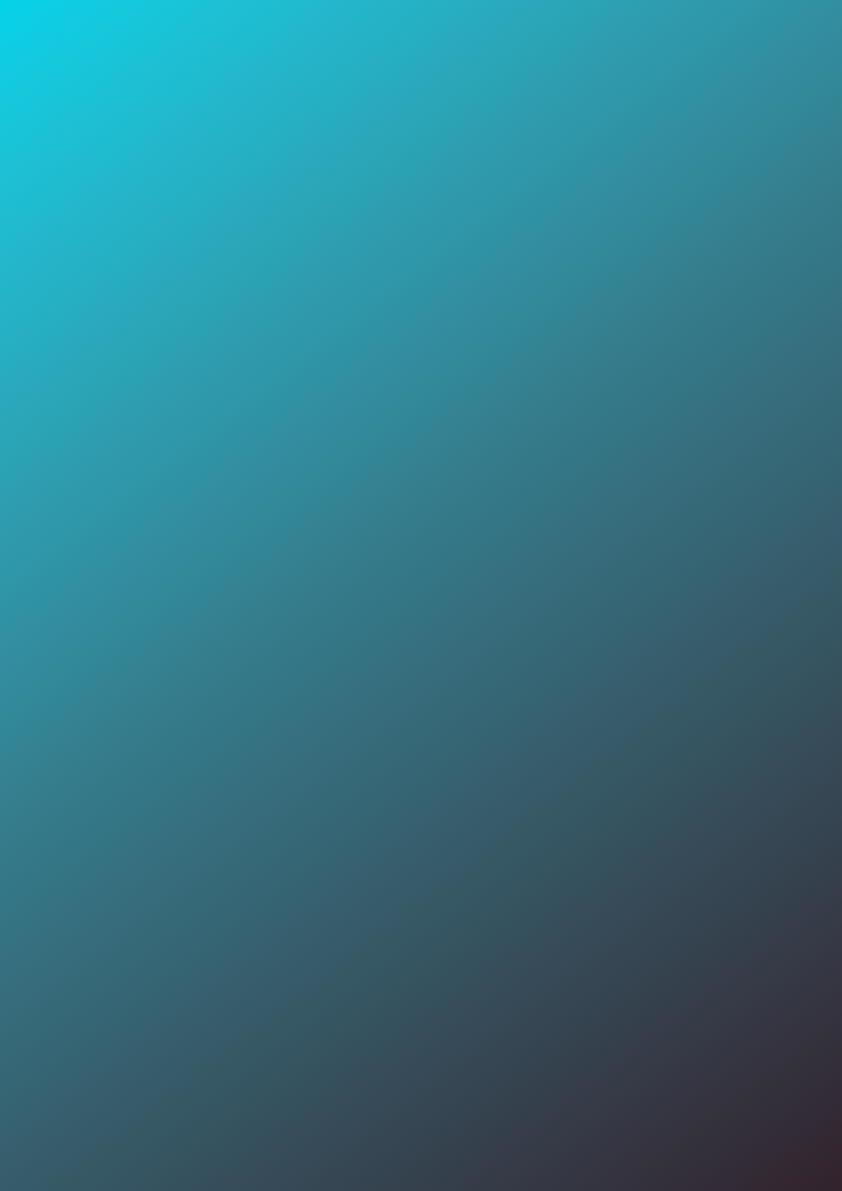 BY: TAMARA MARTIN
BY: TAMARA MARTIN
2
BUZABA
The Charity Cryptocurrency
 By; Sanj Saigal
By; Sanj Saigal

THE CRYPTOCURRENCY
CREATED BY
FACEBOOK FRIENDS
The Origin
Somewhat of a taboo, the concept of Cryptocurrencies is both topical and controversial. However, our global take as a society on a scenario where we all use a multitude of virtual currencies to buy goods and services up to this point is now questionable. The rise of Bitcoins popularity has impacted the world profoundly as we now see more and more retailers considering other payment methods. Due diligence is always the order of the day. There are always two sides to the story; pardon the pun. On the one hand, there is an interest in something we don't know much about. But, on the other hand, there is little media coverage to make an informed decision.
I managed to catch up with Pedro Macosta. We talk about his journey of cryptocurrency discovery, his take on expectations and how his creation of BUZABA is giving back to society in a unique way.
The beginning of my journey
How did it all begin?
Well, it started with covid 19 and the first lockdown. I was at home without a job and had nothing to do watching the same news repeatedly on how terrible the virus was, how it was spreading and the misery it was causing. I noted that the Pandemic had impacted stocks and shares. I'd been following the stock market since 1990 when I came to the UK and later was involved with the buying and selling of shares as a small investor.
I've witnessed a few crashes; the dot com bubble burst and later the 2008 financial crisis. I felt that now was the opportunity to buy low and hopefully make some good returns, so I started a Facebook stocks and shares group. The primary purpose was to share my personal experience of the stock market and my bought shares.



Then Vs Now
These days you can buy shares with an app on your phone; however, in the early '90s, when I started dipping my toes in the stock market, I had to go to a phone box and call a moody broker who would make sarcastic comments as I would buy £500.00 worth of shares. On more than one occasion, if one of his big clients would call, he would put the phone down and deal with them rather than me. I would overhear the conversation and the talk of thousands here and thousands there; it was like he wanted to humiliate me. Then, a few days later, a share certificate would arrive at home. Things are certainly different now when we buy without the middleman.
The Facebook Group
I started this Facebook group, and people began to ask me questions and follow me; I was buying all the small pharma stocks that did research and medical trials, and it paid off big time. They doubled, tripled and even rose to 20 times the original value. Jumping on the covid19 research bandwagon was the main reason for this phenomenon. So many people who bought the shares I purchased made a lot of money and couldn't thank me enough as the group grew and grew.
Cryptocurrency
How did you evolve into Cryptocurrency?
What happened was quite funny; more and more discussions were taking place in the group about Bitcoin and cryptos. Still, some people didn't like it, causing many arguments and conflicts and even people wanting to meet for a punch up. It was crazy and difficult to moderate a group like that, I could see Facebook deleting the group for bullying and swearing, so I decided to start a new group just for crypto.
The Crypto Group
The Crypto group was an instant success, and I had the idea to start our own Cryptocurrency that would be a decentralised cryptocurrency run by the community. The idea became a project, and the project became a movement. So now here we are with two Facebook groups dedicated to BUZABA, one community group with 240 thousand members. Then we have another smaller one, the members group of over 800 people who are the founding members of BUZABA, and everyone is counting the days they can buy BUZABA on the exchange.
It's funny because there are so many of the coins out there that you can already buy; when you go to their Facebook pages, they only have 150 members, we have 240 thousand in our Facebook group with over 800 founding members, and we don't have a coin yet.
Also, we have a lot of Americans on board, and they are vital because they take things to the next level. The Americans make it happen; we dream it, but they make it happen, and that's why I love America.
Origins
Did it all start on Facebook?
Yes, we met on Facebook; BUZABA was born on Facebook. We now have a website www.BUZABA.com and a considerable following. We are a formidable force, and I can say there are some very good and genuine people in this movement.
I wanted BUZABA to give to charity because I believe we can make this a better world for those who have nothing when others have so much. I'm lucky I found people who have the same feelings about charity and good causes. So I made it clear that giving to charity is the pillar, the backbone of BUZABA. Everyone will be able to buy at 0.000000001 and see their coin go up in value, but the charity will benefit as well. It's all out of my hands now, I work on the website and the whitepaper and keep an eye on the Facebook groups, and the project managers do their thing. BUZABA is the real people's crypto because of the seven wallets crypto vaults for charity.
The Seven Wallets
What are the seven wallets?
The seven wallets crypto vaults are the backbone of BUZABA and are very important to the community. They are the whole principle, the



ethos of BUZABA and the backbone of BUZABA. As I mentioned, we have great people who want BUZABA to help those who need it most in this world. To best explain the seven wallets crypto vaults, I will quote from our website.

The 7 Wallets crypto vaults and coin allocation for Charity is based on understanding the cold wallet concept. The most concise description of a cold wallet is a wallet that is not connected to the internet and therefore stands a far lesser risk of being compromised. These wallets can also be referred to as offline wallets or hardware wallets.
According to media reports, a new on-chain analysis from Whale Alert says Bitcoin's anonymous creator Satoshi Nakamoto mined an estimated 1,125,150 Bitcoins. The first price increase occurred in 2010 when the value of a single Bitcoin jumped from around $0.0008 to $0.08. At today's Bitcoin price, the cold wallet with over one million Bitcoins is expected to be worth a mind-boggling amount of billions USD.
Borrowing on Satoshi Nakamoto's cold wallet principle, the founding members discussed the creation of 7 cold wallets holding BUZABA coins that will go up in value as investors buy BUZABA on the exchanges, and those coins will be solely allocated for charities with the founding fathers intent on agreeing how many BUZABA coins should be distributed to each wallet.
Each wallet will be assigned a Guardian whose purpose will be to set the tone and direction of the wallet. All seven wallets focus on crypto vaults dedicated to charity and good causes. These will be held in an independent trust with the passwords being held in another trust; that way, two
separate entities and no transfer will do any drops or transfers can be made unless there's an agreement on how much will be transferred and to whom by both independent trusts.
Charity
Why is a charity so important to you?
Well, because I know how it feels to be hungry, I know how it feels to go to bed on an empty stomach, and I know how it feels to have nothing but the clothes on your body when you have to run away from the country you were born in. I was born in Mozambique, an ex Portuguese colony just like the colonies the British had similar to Kenya and so on throughout the world.
A better world
When I was four, my parents had to abandon everything and leave Mozambique because my father was part of the military regime, in this case, the Portuguese army in the country. As the forces were fighting for independence, the army had to get out. Because my father was an officer and part of the secret police, my parents had to run when the freedom fighters were at the gate.

So I've seen things that you wouldn't believe even if I had a witness here with me. But anyway, this is not for now. My point is that charity is
significant to me, and I'm so lucky we have many members who believe we can give to the needy and make this a better world. More than a charity, BUZABA is about people power and making this a better world. There are people from all walks of life in our BUZABA community, from accountants, nurses, homemakers, retired judges, builders… it's a real people's coin.
Time
How long does it take to do a cryptocurrency?
It can take weeks to a few hours; it depends on what you want and the technology behind the coin. Crypto with its own blockchain and a dedicated app takes longer to make than one of these meme coins with dogs and bunnies that you see everywhere.
We have a problem because we have a large community, everything has to be discussed and voted on, so it takes longer to agree. Still, we all agree on one thing. We want to be on an extensive exchange like Coinbase, a NASDAQ listed company with an excellent reputation. We also have a lot of Americans, and they want to be able to buy BUZABA easily.
Unfortunately, setting up the infrastructure to launch a currency is timeconsuming; I participate in several Whatsapp groups, so we try not to bring the discussion and disagreements into the Facebook arena and the open air. However, we are almost ready, and it's all a question of getting BUZABA on the exchange now.
Preference
What do you say to the people who didn't like cryptos in your first stocks and shares Facebook group?
I say nothing; I also say nothing to friends and family and people at work. I know this might sound strange to you, but there is no point in telling them anything because they wouldn't understand the concept of Bitcoin and cryptos.
They don't know what a blockchain or an ECR2 token are. They don't know what a digital wallet or a cold wallet are, POS Proof of Stake or POW Proof of Work, a centralised exchange or decentralised exchange, or rug pulls and whales in crypto.
There's just no point in talking to them because the first thing they will say is; it's a scam, "it's all a scam". So unless someone knows the basics and bothers to look up the jargon, there's no point engaging in conversation.
A jargon-free website
That is why I created a jargon-free website, and a different website to all the dark, jargon-filled crypto sites out there www.BUZABA.com is clear, crisp, packed with pictures and all about the people, not about how rich or how quick you can become a millionaire.
Yes, of course, I want people to buy BUZABA and make money in the process, but I also want many people who have nothing to benefit from what we are doing.
How do you see Cryptocurrency and Bitcoin in the near future?
In my humble opinion, and I'm just a small businessman with a tiny business in Covent Garden whose business still hasn't recovered from the Pandemic, in the future, we will only have a few cryptocurrencies from the 10,000 out there at the moment. When I say a few, I mean a handful. A lot of cryptos and tokens will simply disappear and be forgotten.
Many people have already lost their money in what we call in the crypto world; rug pulls, they still have the coins they bought at a loss, but the founders already sold and are long gone. As for Bitcoin, in my opinion, Bitcoin won't go to the levels some people say it will, simply because as people learn more about the crypto world, they will understand the negative impact Bitcoin has on the environment.
Bitcoin is like a car from the '40s and '50s they are heavy and consume a lot of petrol, and the new cryptos coming up now are like the cars of today; they are faster, more economical, and the electric vehicles are even better. So, bitcoin is like an old car, it takes you from A to B, but it drinks a hell of a lot while the new cryptos are 100 times faster, make 200 transactions per second, and use hardly any energy.
Because of that people will go for the new. I compare cryptos to the beginning of home internet in the mid-'90s; the internet was the same price as a phone call. It was slow and crashed all the time; people said the computer was just an expensive toy that would fade away.
People also said they would never buy online, and newspapers advised never to pay online, or you would lose all your money; I also remember people saying that Facebook would die, I see a lot of similarities with cryptos, just like a lot of the early websites that went bust, many cryptos have already died, but the genuine ones such as BUZABA, will stay forever and change this world for a better one.
*The Networking magazine does not independently endorse the use of Cryptocurrencies. You should apply due diligence and research with all financial investments as your money is at risk. Investments can produce losses and returns, and that should be noted. Our interview was purely to discuss the perspective of someone who can offer an account of their personal experience with Cryptocurrency.

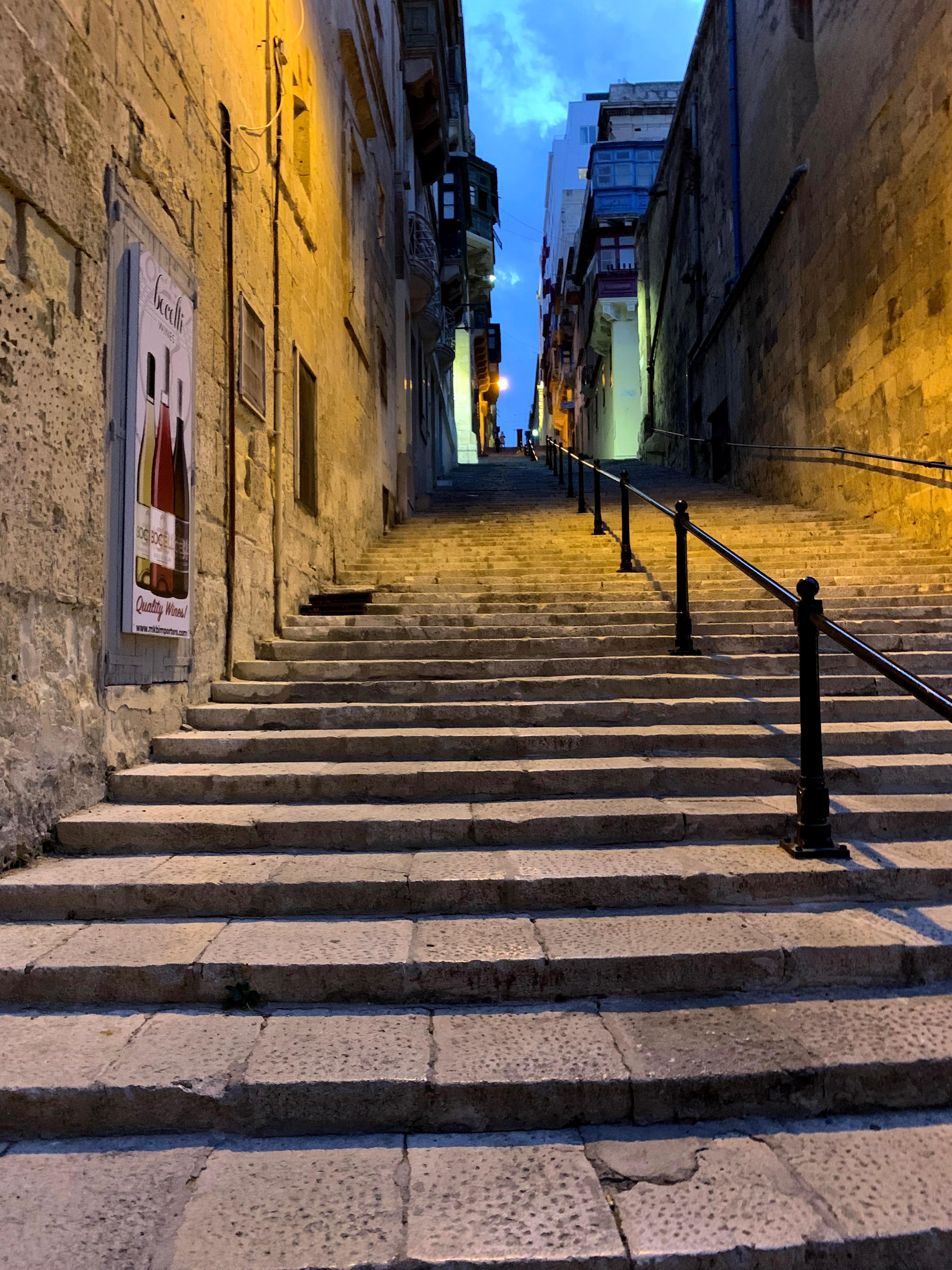

MENTAL HEALTH
PANDEMIC AND BEYOND

How you can get the mental health support you need as we emerge from the pandemic and go back to the new “normal”.

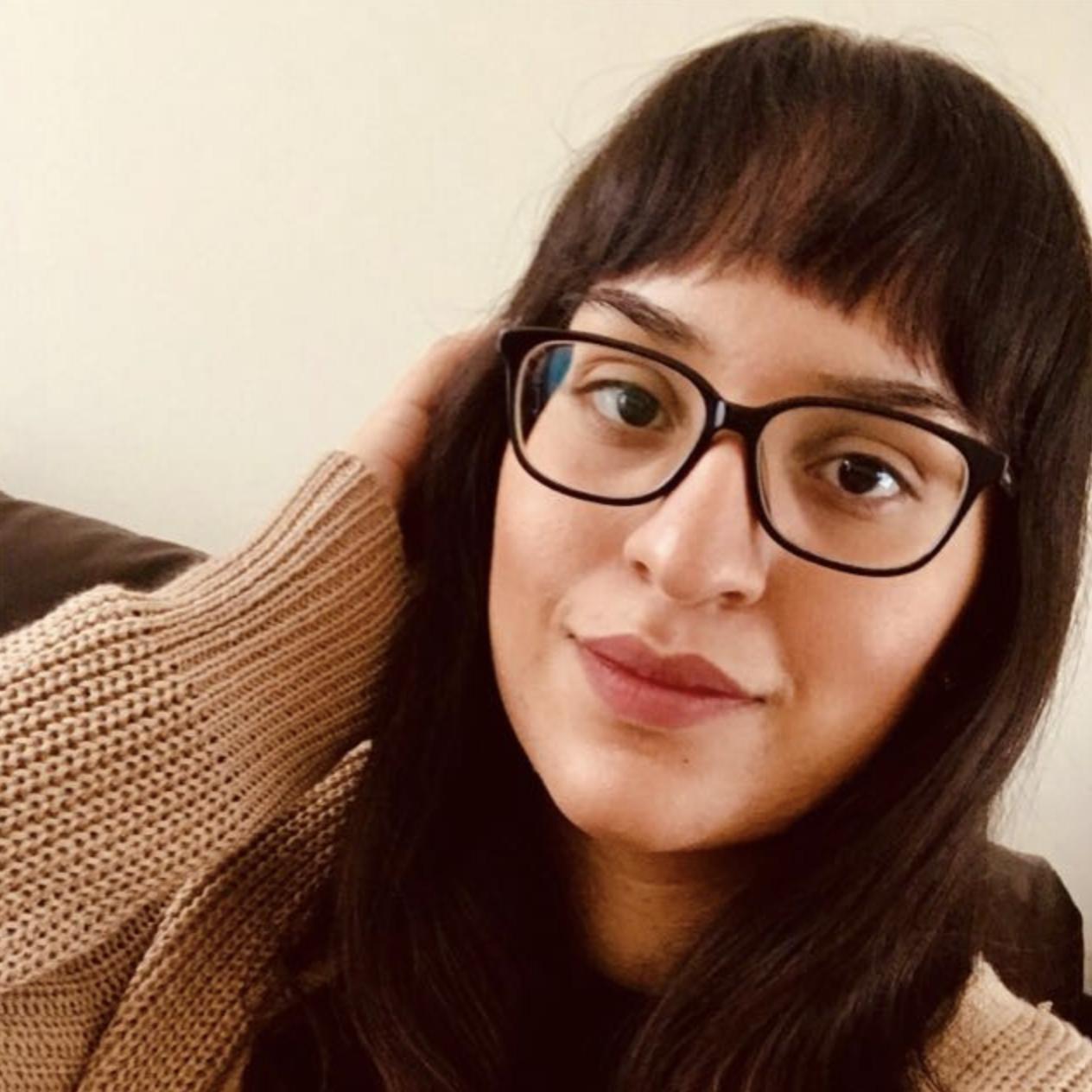
We’ve come a long way since 2020 in the continuous struggle to get through the COVID-19 pandemic. To this day, we still continue the fight to overcome it and get our lives back on track. However, there is still another battle lurking in the background that some of us have yet to come to terms with – the battle of our minds.
Mental health issues have been ever-present in the world and have continued to plague people over the years. In the past, it may have been referred to as simply “having a bad day” or “feeling under the weather”, but today there are names such as “anxiety” and “depression” that can be placed upon those bad feelings. With the rise of mental health awareness in recent years, the stigma towards mental health has gradually decreased and it has become more socially acceptable to talk openly about your feelings without feeling ashamed or being labelled by others.
According to the Office for National Statistics (ONS), approximately one in five (21%) adults over the age of 16 in the UK experienced some form of depression in early 2021 – more than double the amount before the pandemic (10%).
During the pandemic, a time when seeking help was and still is more vital than ever, some of us may have felt isolated and unable to reach out, especially as many face-toface consultations were put on-hold. However, it’s important to be aware of the other available ways to access the relevant support you need digitally. For example, in the UK, the NHS talking therapies service offers appointments via telephone or video call once you’ve successfully accessed the service either by self-referral or through your GP. There are also many other legitimate online mental health services out there which may differ depending on your location.
We may not realise it at first, but having someone to talk to about our problems can help significantly compared to just bottling up our feelings and trying to move on. Not only can
keeping things to ourselves be harmful to our mental health, but it can also affect our physical state and make us more susceptible to illness. Whether you feel afraid of what the future may hold, or you feel like your life is completely out of your control, try talking to someone, either a professional or a friend or family member, and you may potentially be able to find a way out of the seemingly endless cycle. The first step towards letting go of your problems is believing in yourself and taking that leap of faith in the right direction.
For those of you who are more tech-savvy and would rather seek ways to help yourselves instead of consulting with another party, there are also a wide-range of apps available to download on your smart device. Some of them may be free, while others may require a paid subscription in order to gain access to the full app experience, though you may still be able to use the basic features without spending if that’s something you’re concerned about. A classic example of this is Headspace, an app that includes various techniques that are focused on mindfulness and meditation in order to reduce stress and anxiety. Apps like these are highly beneficial if you have difficulty relaxing and getting your thoughts and feelings under control. They can help you to focus on your breathing patterns and slow down when you feel the rush and stress of daily life kicking in. They can also make you more aware of your body and the way it functions using the body-scanning technique, allowing you to notice each sensation and release any muscle tension within. Just a few minutes of mindfulness a day can help you stay focused on what’s important and develop a greater sense of self-awareness.
There are innumerable ways in which you can improve your overall mental health and lifestyle. Here are a few ideas that you may consider implementing to help you overcome any mental blocks or negative emotions you may be dealing with:
Digital detox: Between work, education and socialising, our lives can get pretty chaotic online, especially since working from home has become more common in today’s world. The constant overload of emails, video calls and social media notifications can be overwhelming and unavoidable at times, but there’s no harm in taking a break once in a while when you have the time to spare. For example, on a weekend when you have no commitments to attend to, consider putting your phone and other devices away for a while and do something positive for yourself. Get some fresh air, tidy your living space, read a new book, anything that doesn’t require wi-fi. Who knows, maybe you’ll enjoy it and consider trying it again sometime.
• Reach out: Contrary to taking a digital break, perhaps the opposite may benefit you instead. Having a conversation with a familiar face may be just what you need to ground yourself and gain some perspective. You don’t necessarily have to dump all of your emotions on them if you’d prefer not to, but having a chat with someone you trust can take your mind off things for a while and allow you to notice the greater things in life. As human beings we thrive on forming connections with other people, so communication is necessary from time to time, regardless of your personality type and how sociable you are.
• Move more: Exercise has always been a highly recommended way to deal with both physical and mental health problems. As lockdown restrictions have eased up, many gyms and sports facilities are now open for business and ready to take on new members. However, for those of you who may not have the time or money to invest in a long-term membership, you may consider alternative methods that are cost-free, such as going for a walk or run, or using outdoor equipment in local parks. There are also many home workout videos out there that can give you a full-body workout by simply using your own body as a weight to shed those pounds.
• Eat better: Along with exercise, diet is another important factor that will allow you to experience the full effect of healthier living. When we feel stressed or overwhelmed, many of us habitually turn to food and drink that is high in sugar and calories as it is comforting. However, sugary foods can amplify our negative emotions and worsen them in the long-term if we don’t limit our intake of them. It’s okay to allow yourself a treat every now and then, to avoid developing a toxic relationship with food, but remember to consider healthy alternatives as well. There’s no need to deprive yourself from the things you enjoy eating, but try eating them in moderation to prevent further health issues. There are plenty of healthy but tasty recipes available online, as well as various health apps that can help you take control of your stress-eating habits.
• Educate yourself: We live in an age where knowledge is power, which means it’s just as important to be aware of mental health problems and what to expect when dealing with them. When browsing online about health conditions, remember to always make sure that you’re looking at reliable sources, such as the NHS website if you live in the UK. There’s plenty of fake news and inaccurate information out there that can mislead you and make you think the worst. If you think you may have a mental health condition, please consider seeking professional help instead of fully depending on selfdiagnosis and treatment. While the above methods can benefit you in some way, they may only help deal with the surface of the problem. Be sure to make the right choice for you and your health.
In this digital era, the future of mental health seems hopeful as things gradually transition online, making services and information more accessible to people regardless of their location or social status. By raising awareness and supporting those who are battling with their own mental health, we can change the way people view such conditions and breakdown stereotypes and labels. It may be something that you have to live with, but it doesn’t define who you are or your worth as an individual. You are more than what goes on in your head.
BY: TAMARA MARTIN
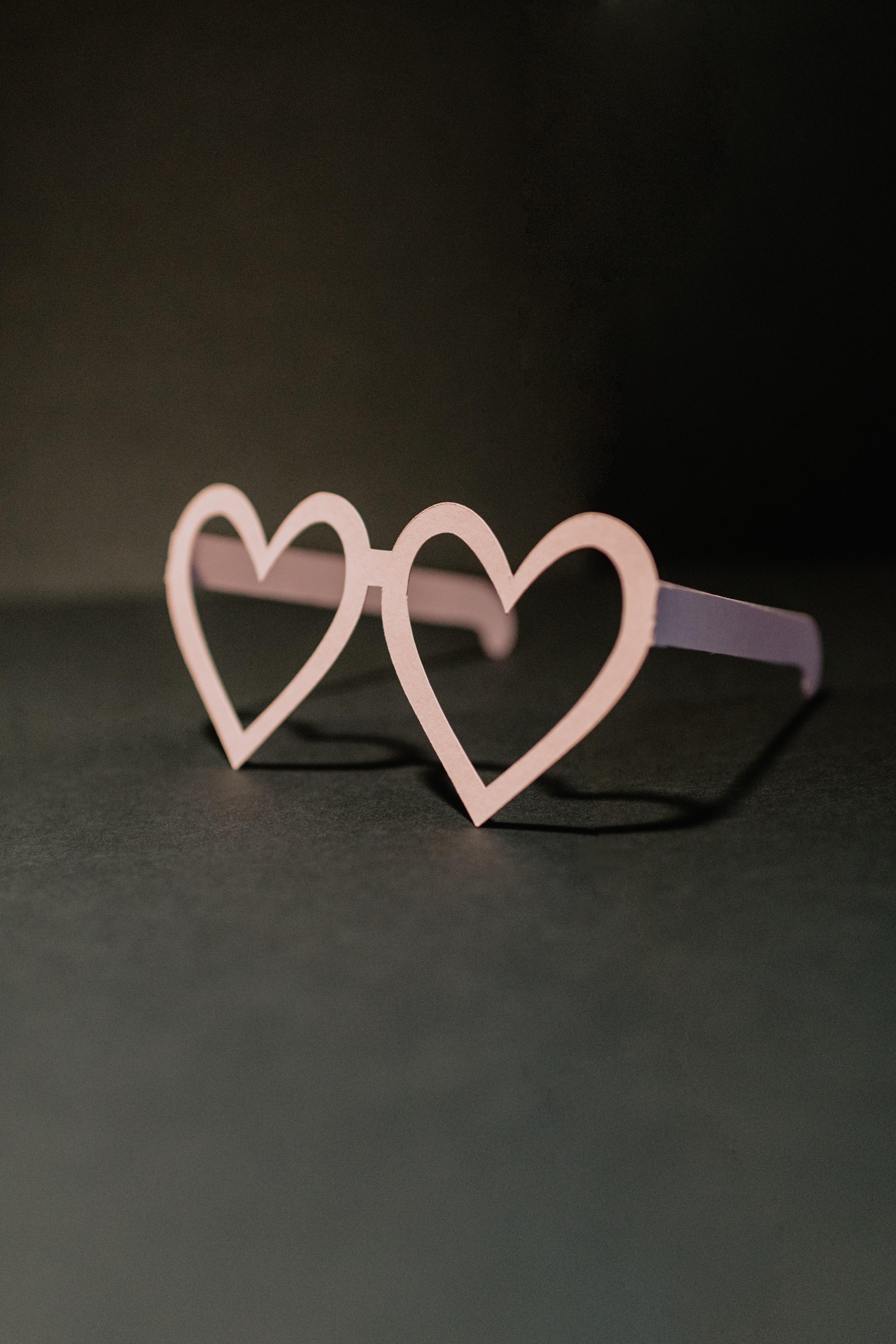 Photo by: Kelly Sikkema
Photo by: Kelly Sikkema
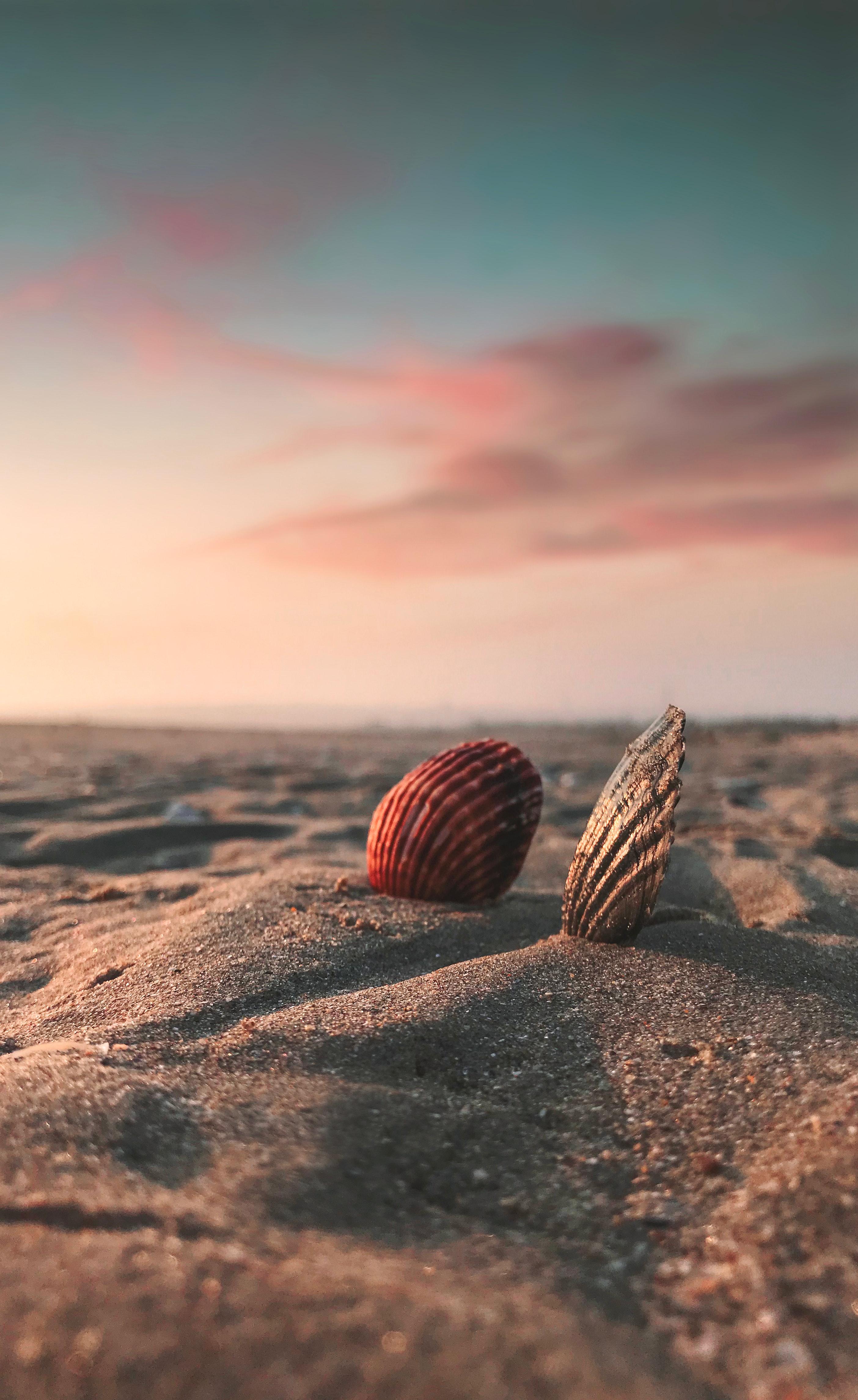


 Photography
Photography
by - Ri Butov
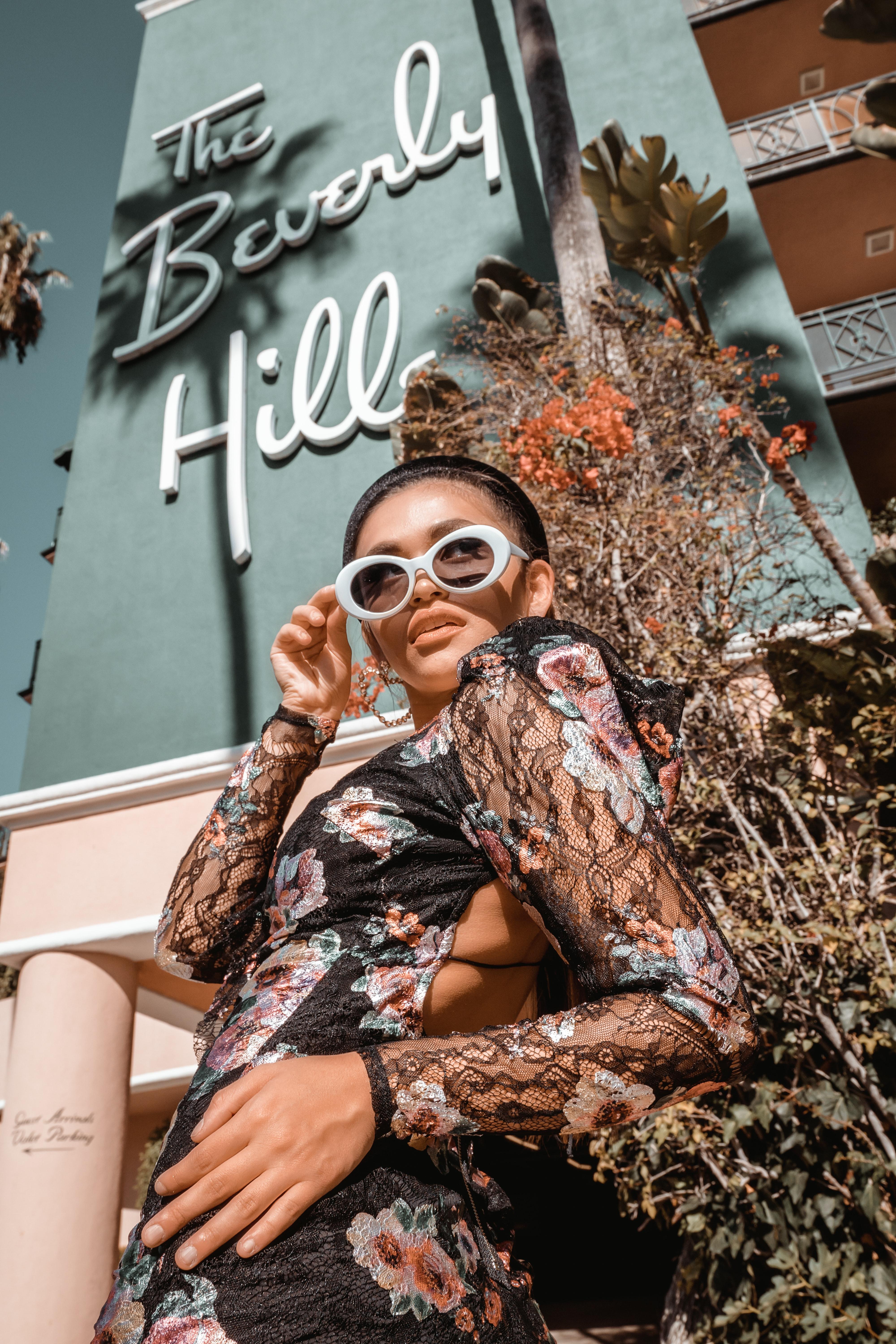 Photography by - Corey Saldana
Photography by - Corey Saldana
THERE’S MORE TO INK THAN YOU THINK
BY: TAMARA MARTIN

Some people may see “vandalism”, while others see “creativity” when it comes to graffiti and tattoos. Here’s a lowdown of why there’s more to this topic than meets the eye.
A form of expression
Art is a practice that has been cultivated for many, many generations. As a result, there are innumerable ways in which people use art today to express themselves, whether they are seasoned professionals or creative novices. Street art, or graffiti, is one such method that is still popular and accessible to everyone regardless of skill level.
There are many opposing views towards the art of graffiti, often because it is seen as vandalism, partially because it is occasionally used to make controversial political statements by defacing public property. For example, in recent times, as a result of the Black Lives Matter movement, many historical statues were “vandalised” and have since been removed after the uproar. Nonetheless, graffiti is also an excellent way for artists of all ages and walks of life to showcase their creative talent and leave their mark on the world when used appropriately in suitable locations. For example, many locations around London facilitate the use of graffiti, such as Brick Lane, which is considered to be the epicentre of street art, and Leake Street, which has its own designated legal graffiti tunnel.
Tradition
Tattooing is another practice that has been a long-time tradition in many cultures worldwide, whether it be a rite of passage, cultural identification, self-expression or engraving memories. Aristotle once said: “The aim of art is to represent not the outward appearance of things, but their inward significance”. When applied to the art of tattooing (or even graffiti), it reflects the importance of the hidden meaning behind the art rather than what can be seen on the surface. Popular tattoos include:
• Meaningful quotes.
• Floral designs.
• Cultural signs and symbols.
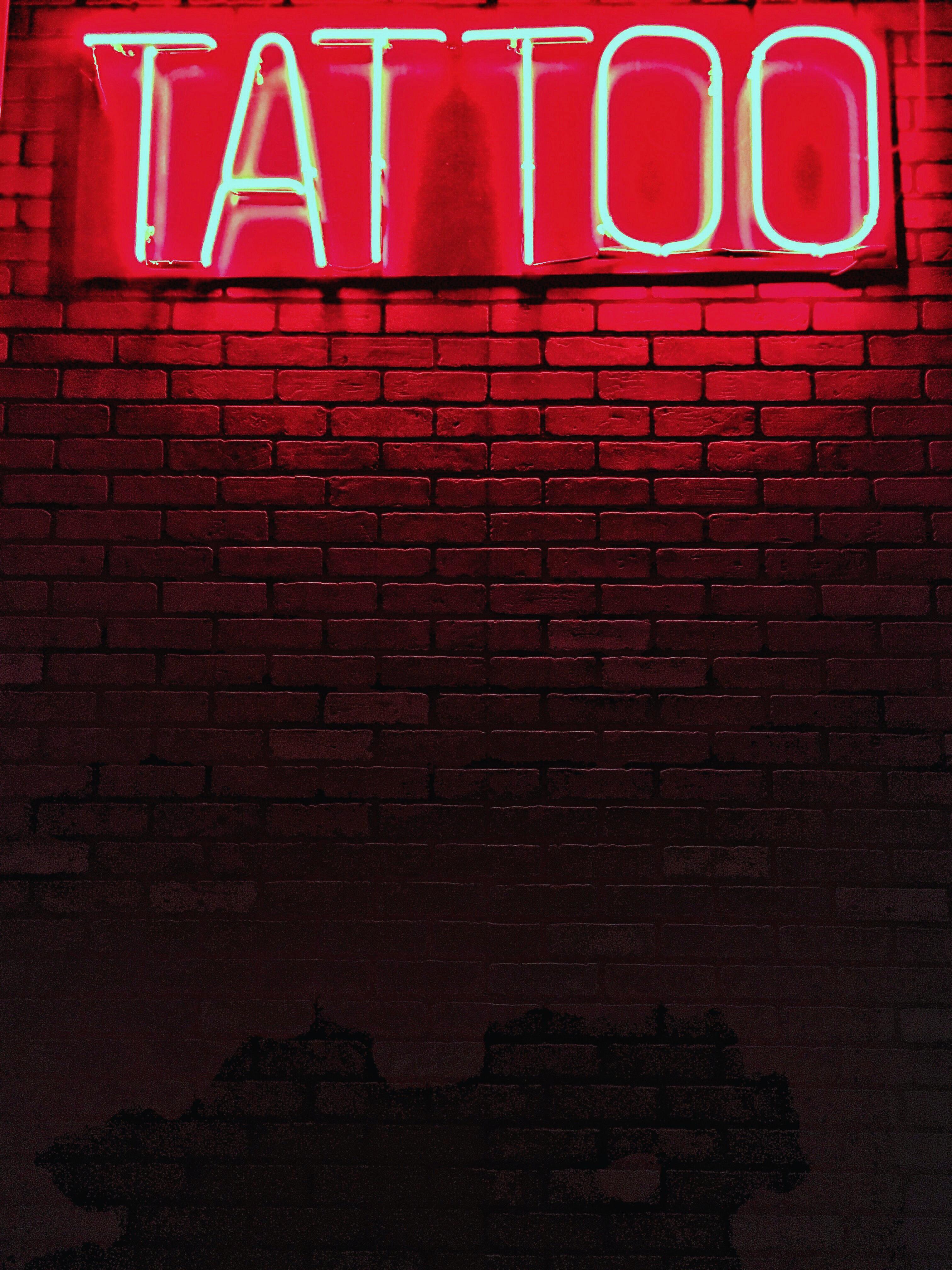
Artistic value
There are various reasons why people get tattoos. Still, it has taken years of fighting back against the stigma towards them to be accepted by society for their artistic value finally. People have often criticised tattoos and linked them to things like gang culture, violence and bad luck, giving them an overall negative vibe. From a religious perspective, particularly in Christianity, Judaism and Islam, tattoos are often frowned upon. They are seen as a symbol of evil, associated with demons and spirits and believed to bring bad karma towards people who have them. However, certain religions like Hinduism and Buddhism incorporate tattoos as part of their cultural practices.
Employment opportunities
Some may also be concerned about their tattoos impacting their chances of finding employment, although many companies nowadays have no strict policies prohibiting tattoos in the workplace. While no law prevents employees from having tattoos, the employer may still dismiss job applications based on breaking the firm’s personal appearance rules.
Safety
Tattoos have also been questioned for their safety and have been a cause for concern when it comes to ageing – as no one wants a wrinkly or misshapen tattoo. However, while many are still apprehensive about tattoos – perhaps due to the ink being used or the somewhat painful process itself, which can be harmful if, for example, equipment isn’t appropriately sterilised – it is down to the individual’s discretion and personal taste to decide whether they really want a tattoo and if they are willing to deal with any potential risks that may arise.

Design
Negativity aside, tattoos and graffiti alike are both wonderful ways for artists and individuals to express and share a part of themselves with others. Letting their creativity flow, leaving their signature behind and enabling others to experience their individuality, flair, and personal taste almost builds a sense of community. It can potentially inspire more and more people to discover their own artistic nature and create a canvas of ink on a wall or their bodies. The sky is the limit when it comes to creativity. There are many intricate designs out there and many more waiting to be discovered and created. So what are you waiting for!
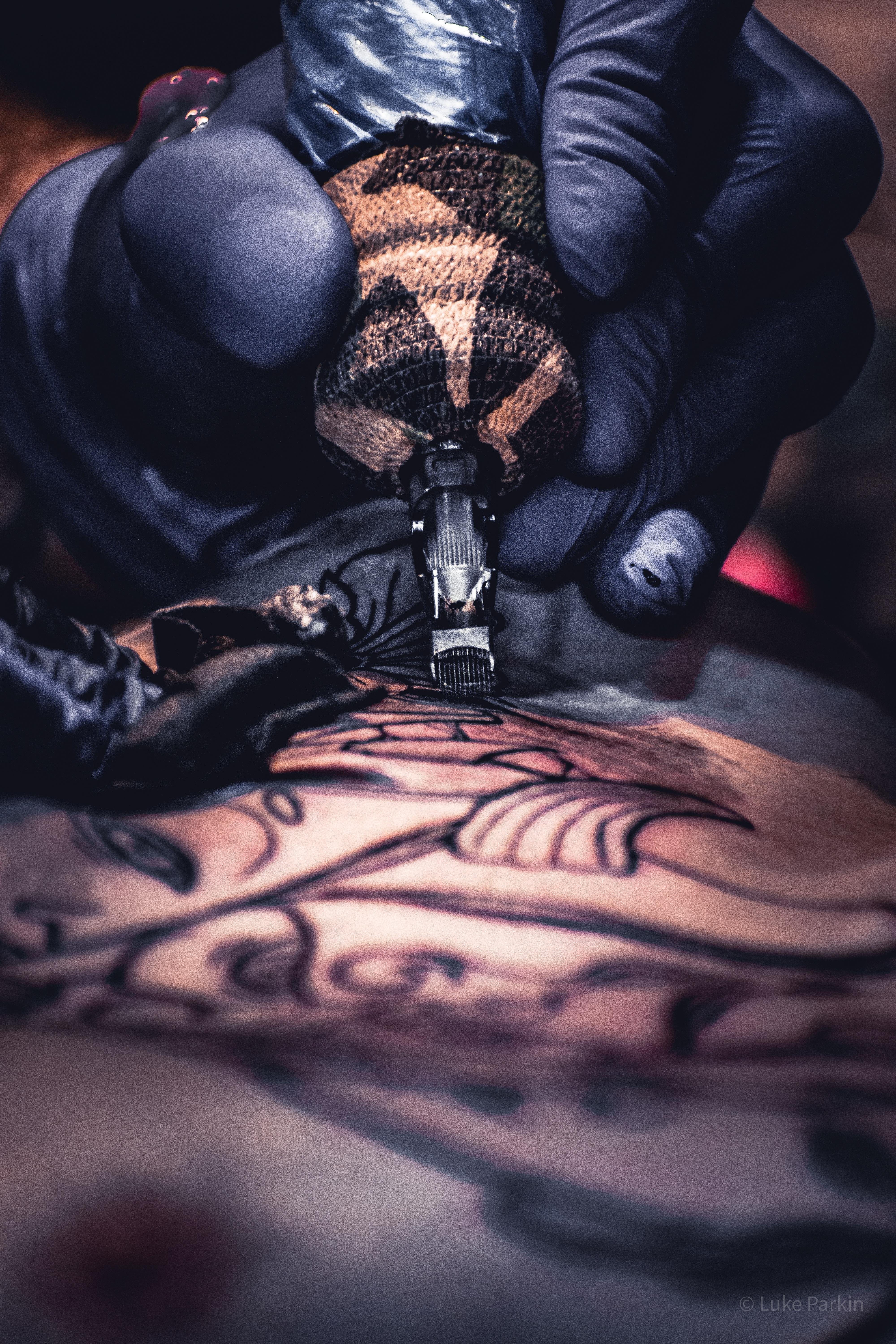


DESIGN & INNOVATION
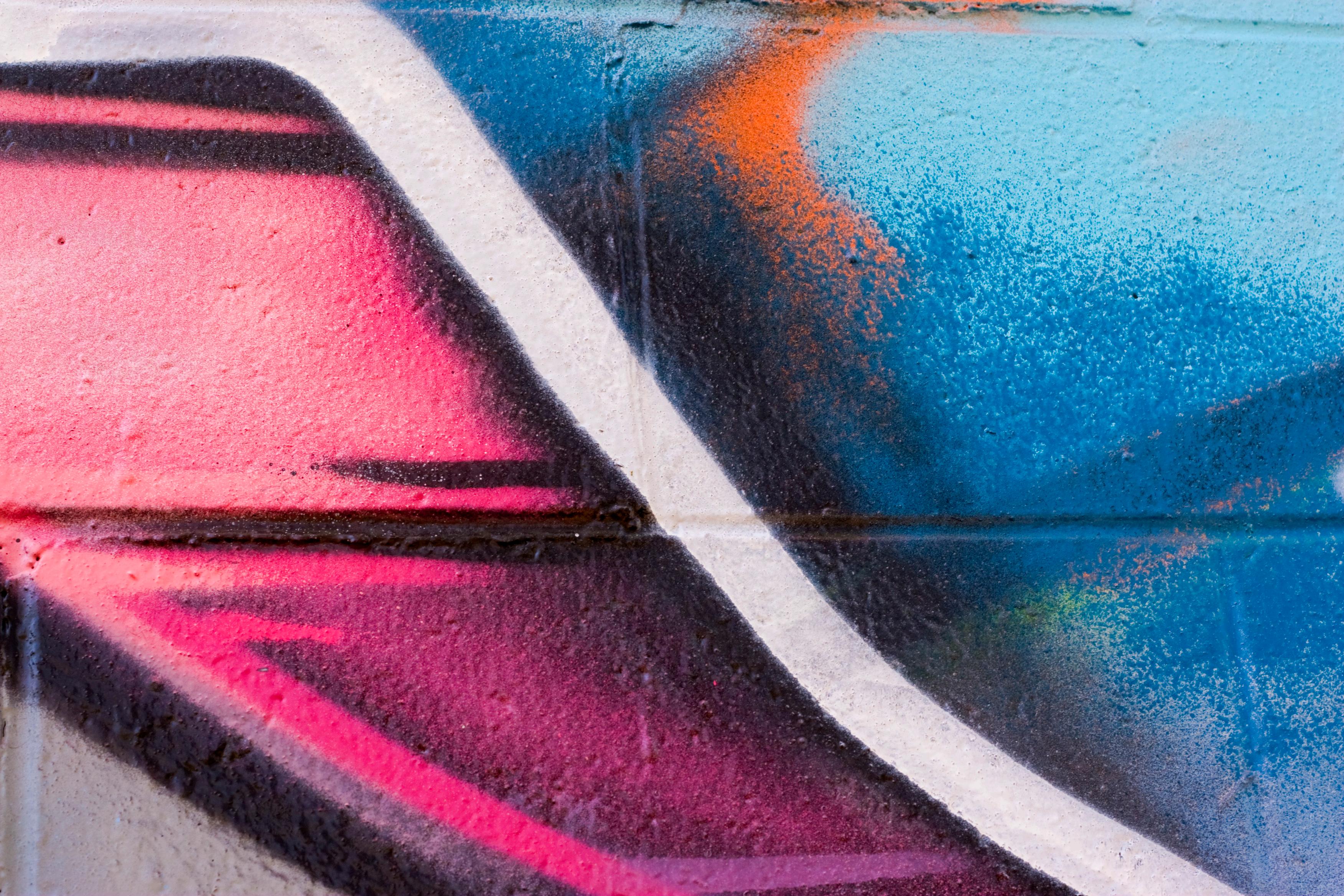
A CONVERSATION WITH NICOLE HORNER, THE FOUNDER OF POD STORE. WE TALK TO NICOLE ABOUT THE INVENTION OF THE SLEEP POD AND THE JOURNEY FROM INCEPTION TO COMPLETION.


INCEPTION
By Sanj Saigal
3
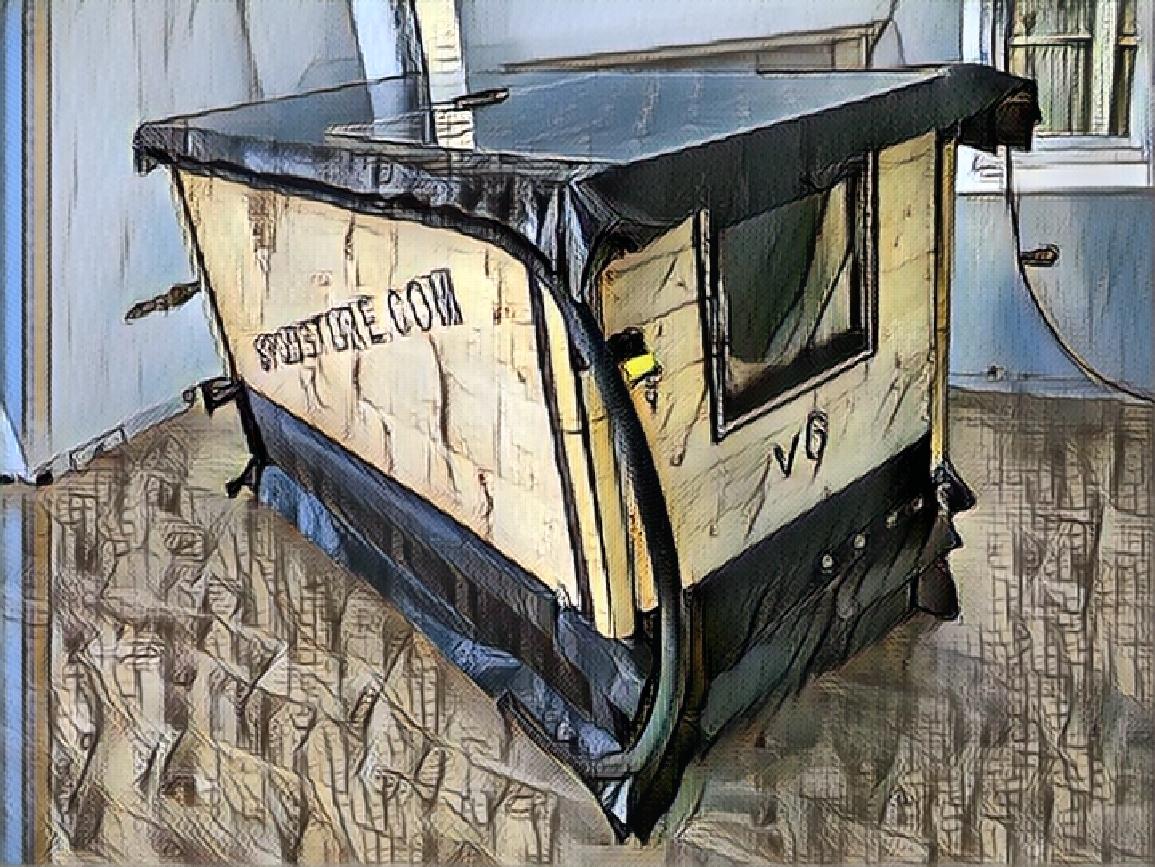
"You have to wear different hats - Designer & creator”.
-Nicole Horner
SPODSTORE
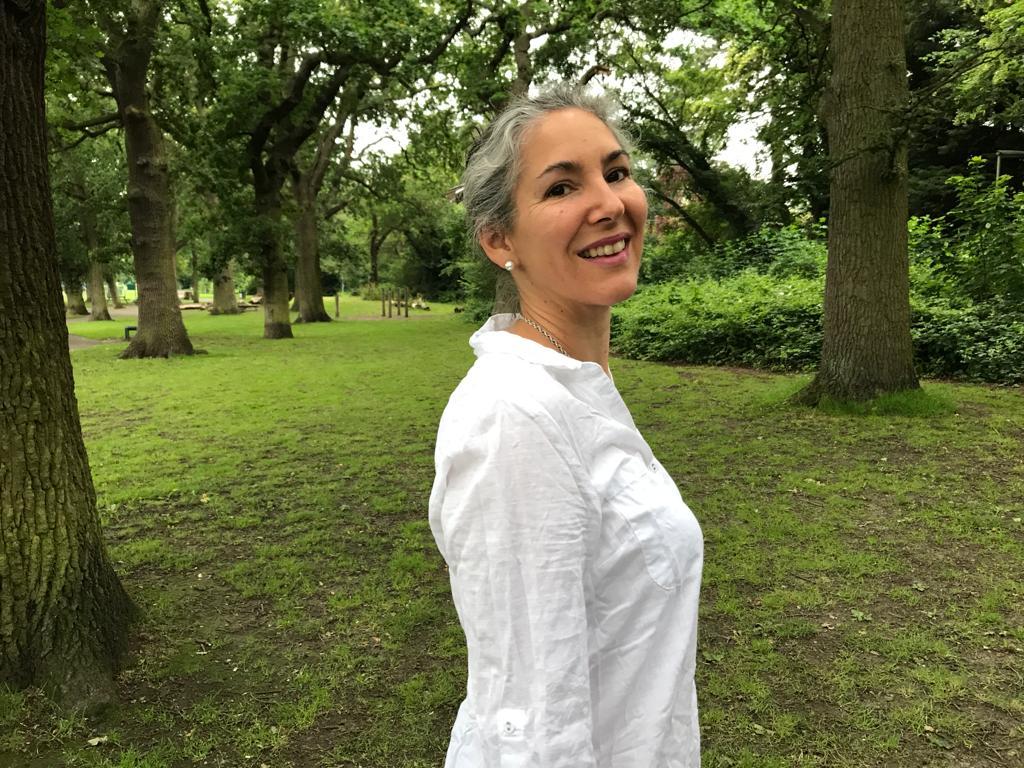
Most of us love creative and inventive ideas; I'm certainly no exception. One such invention that is drawing media attention is a creation aptly named; The Sleep Pod.
These intriguing inventions are the vision of Nicole (van Zyl) Horner, the founder of www.spodstore.com. An environmentally friendly pop-up sleeping solution. These sleep pods have a multitude of uses across so many sectors.
I managed to catch up with Nicole (van Zyl) to learn more about this curious and, quite frankly, genius invention. Their use at airports, churches and events are just some of the uses for this very unique
Where did your professional journey begin?
I was always creative and loved drawing, so I studied Architecture at university and worked for architects during my studies. As a result, I learnt about construction detail and gained confidence in my design abilities.
“Inspiration downloaded from the universe”.
How important was your education to your startup?
My education gave me a grounding in construction and design, which enabled me to draw the design of a sleep pod. The theory is important but applying it is critical.
From my experience starting out as a creative, I did have to pool knowledge from my educational background into this project, especially with the design features that had to meet a set standard.



INCEPTION
TRAITS
What traits should new talent have?
Well, I don't think that everyone is the same; however, generally speaking, I think there should be an appreciation for beauty and design, a want to keep improving and a passion for what you do.
That said, you don't have to have all of these. It really depends on the person you are.
What advice would you give
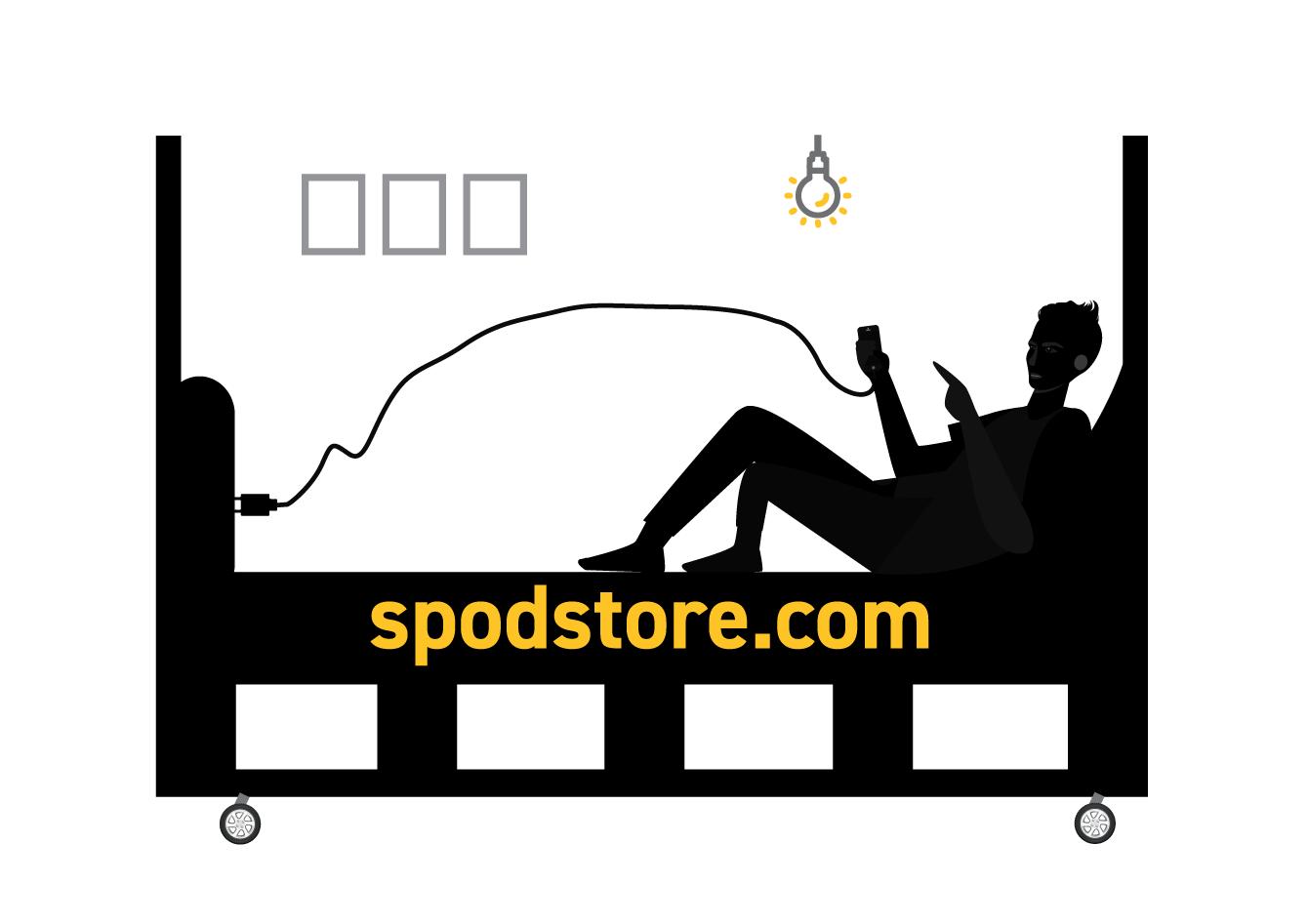
someone about starting a company?
Make sure you can start with or without financial backing, then it will work because you have the drive and belief in it. The difference is the scaling of the business. If you have investment, it simply means that you can achieve the desired
result faster. Good ideas can attract investment with time, and that is certainly my case as I now have investors after many doors initially closed.
Does social media play a big part in what you do?
Yes, it is the only way to get your name out there until you are established enough to pay for marketing. Social media is a Learning curve, a discipline you need to post all the time.
What type of businesses would you love to connect with? Why?
I'd love to connect to glamping businesses as they would use the single and double sleep pods and hospitals,
SPOTLIGHT
"You either have your own plan, or you are part of someone else’s".
-Nicole Horner

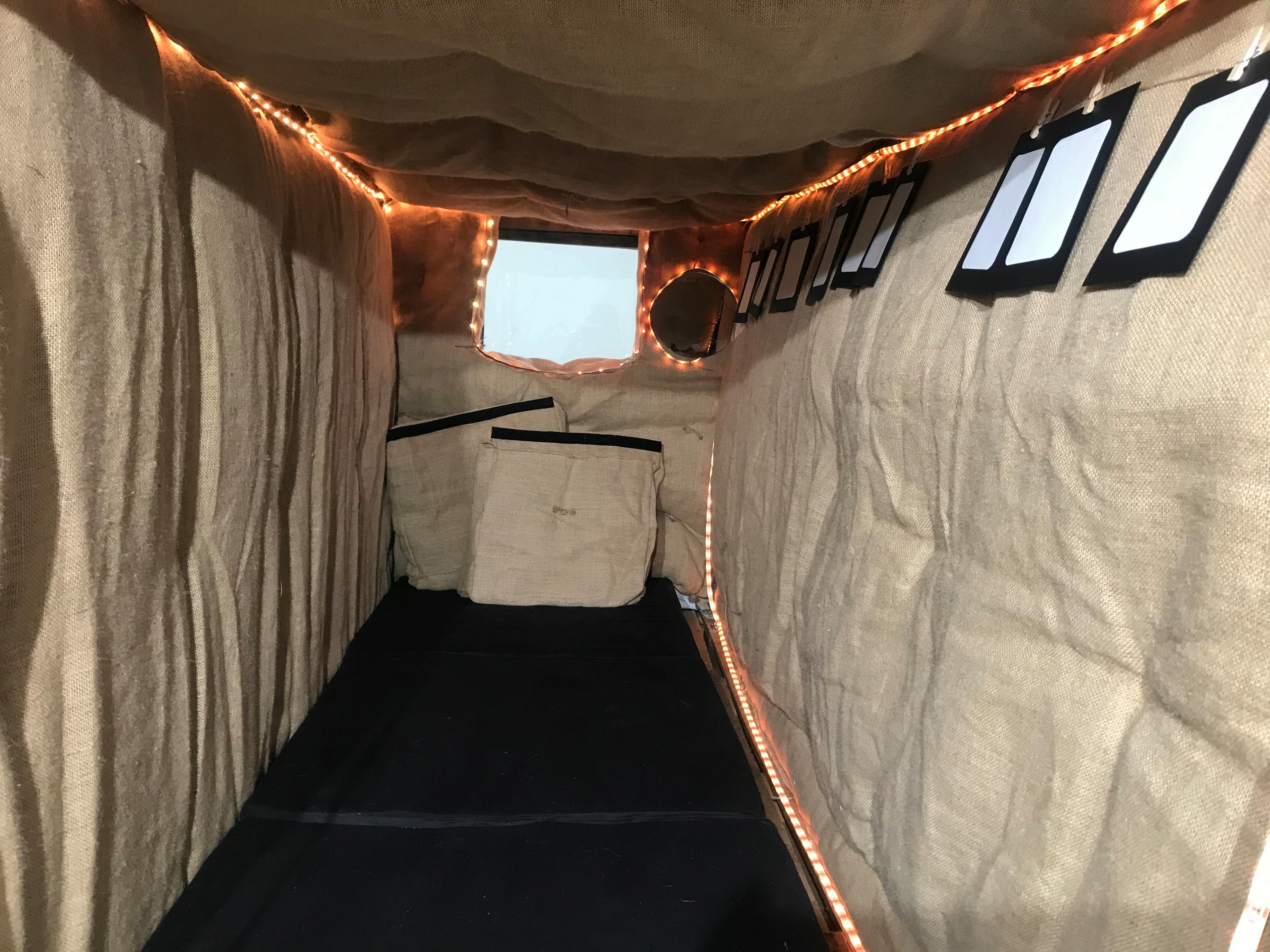
Did the idea find you, or did you find the idea?
The idea found me. I downloaded it from the universe and happened to want it.
How many hats do you have to wear?
It is pop-up accommodation—a tiny timber home on wheels, which gives you your own safe space. We are developing add ons to offer more flexibility so you can have different variations of the concept. These include insulation, electricity and bedding.

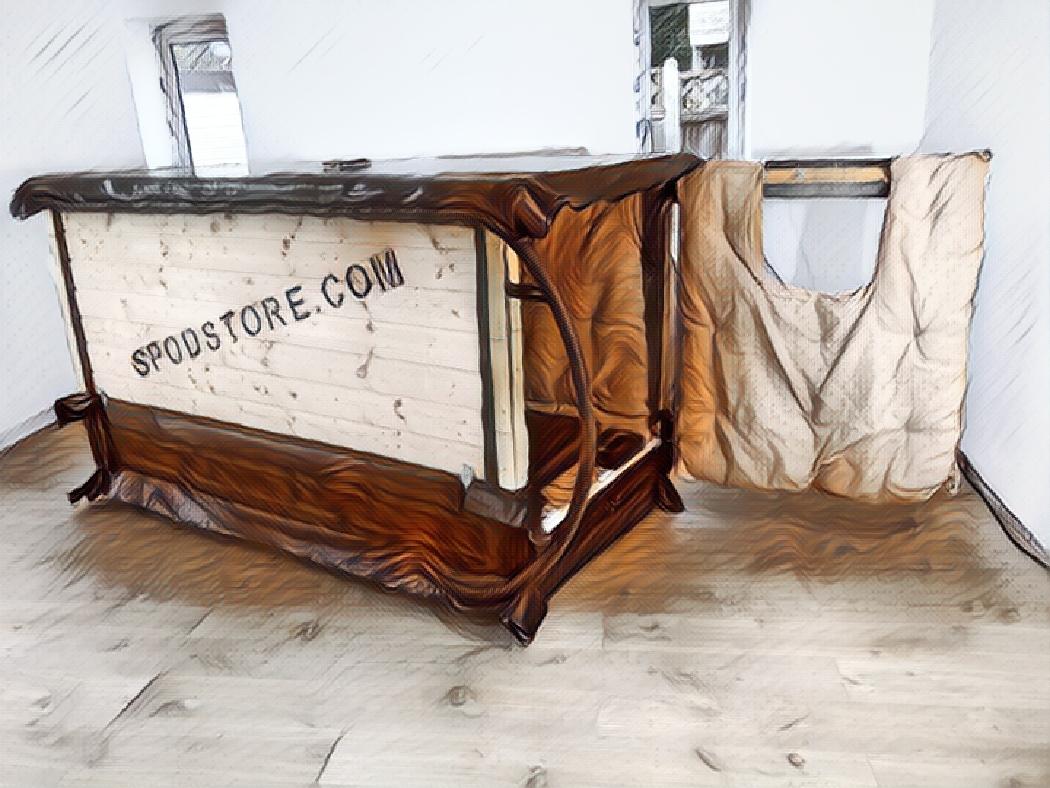
SPOTLIGHT
Many- Financial & business planning to name a few. Initially, it may seem like too much, but I learnt a lot in my case, and I'm glad that I had to experience them.
How do you manage your time?
Daily, weekly, quarterly - I was in project management, and so I love creating time. Managing your time is critical to owning and running your own business.
What was the most rewarding part of being involved with this project? Why?
I think that certainly, in my case, it was watching something develop from nothing into something. So I continue to watch my concept grow day by day and evolve.
What was the most challenging part of being involved with this project? Why?
There is always resistance towards new concepts and ideas, and mine was no exception, however as it becomes more popular, the very
people who could be classified as no-believers are now siding the project.
At the very beginning, it can be offputting and shake your confidence a little bit, but you will get more confident and overcome negativity.
Who came up with the name?
Actually, it was my housemate who came up with the name. It only had a working title at that time, and his suggestion fitted the product perfectly, so I went with it.
What is your vision for this product in the future?

I want them to be everywhere, and I want my product to be very accessible. So although it's more of a vision than a wish, it would be an enriching part of the experience.
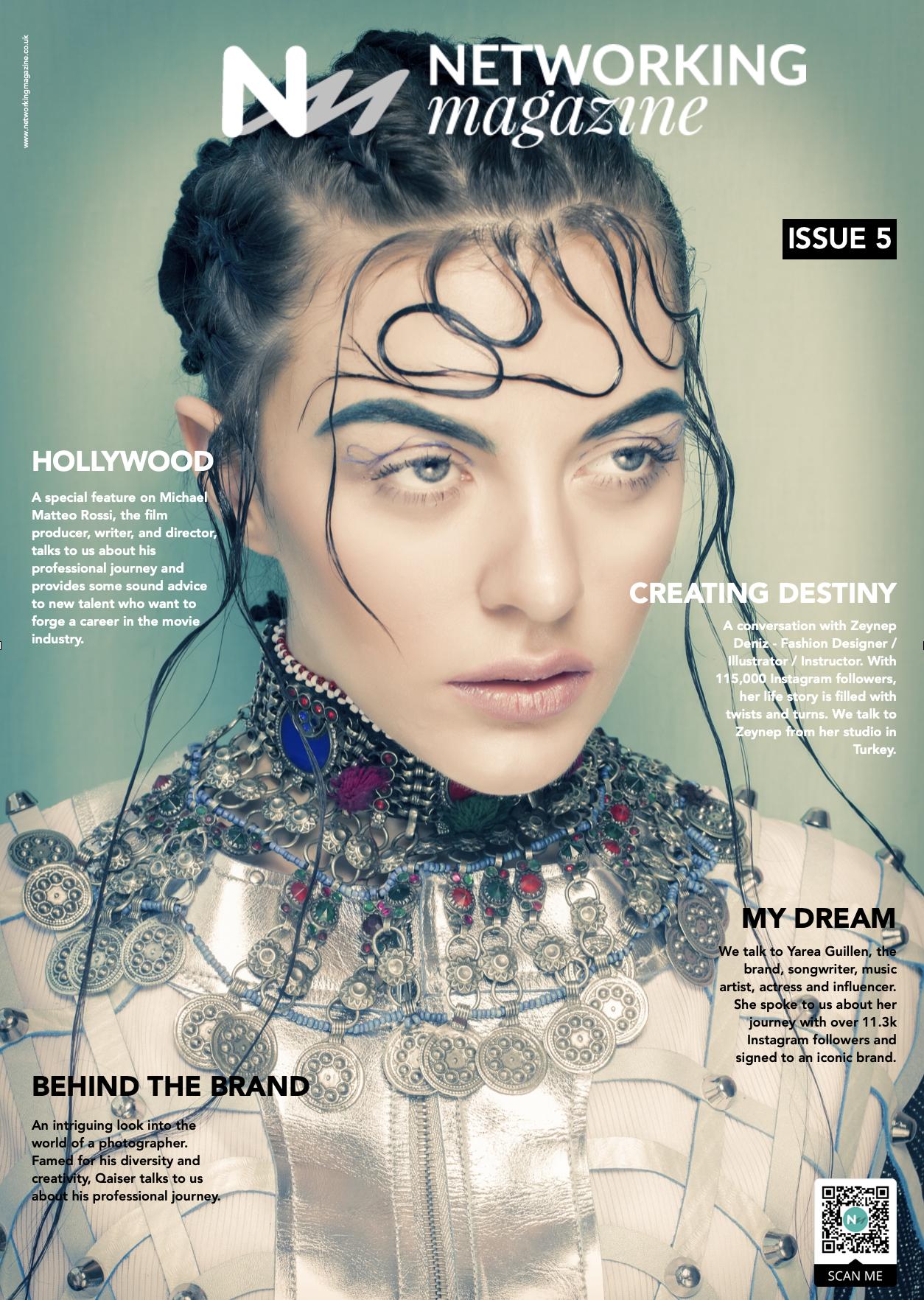
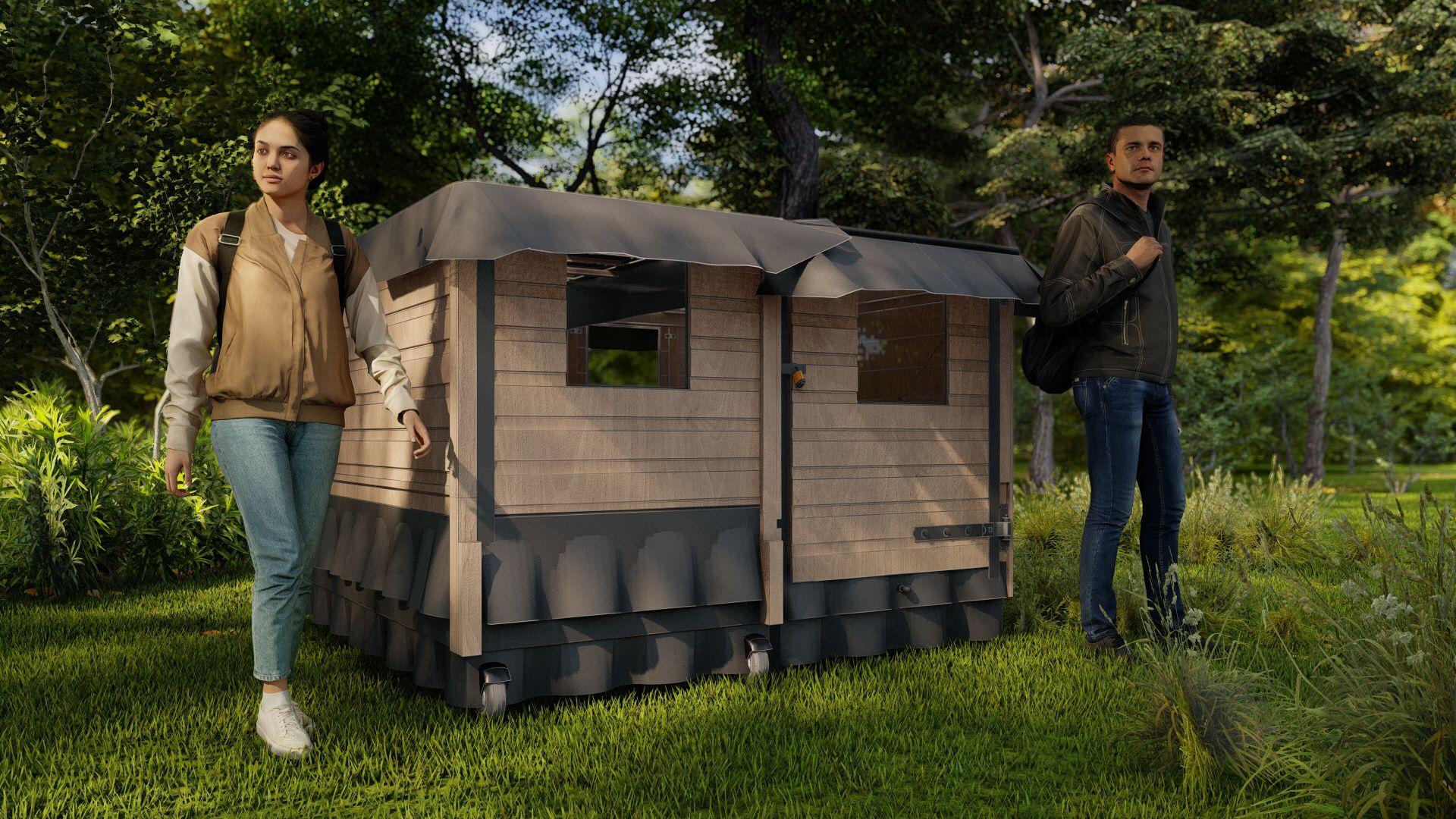

Can you switch creativity on and off? Why?
I'm an early in the morning person, and I find that I work very efficiently. Everyone finds their optimum time to work, my efficiency is very high in the morning, and I can be more creative.
INCEPTION
www.spodstore.com



CREATING DESTINY
A conversation with Zeynep Deniz - Fashion Designer / Illustrator / Instructor.
By Sanj Saigal
Something is alluring about Zeynep Deniz; mystique, for want of a better word, comes to mind as you remove the Instagram persona. We met on Instagram, one of the many platforms used to showcase her unique talent. With no references to her personal life anywhere, I wondered how a 115,000 Instagram fan base could exist. I caught up with Zeynep at her studio in Istanbul, Turkey.
Follow your heart and be passionately curious.
- Zeynep Deniz

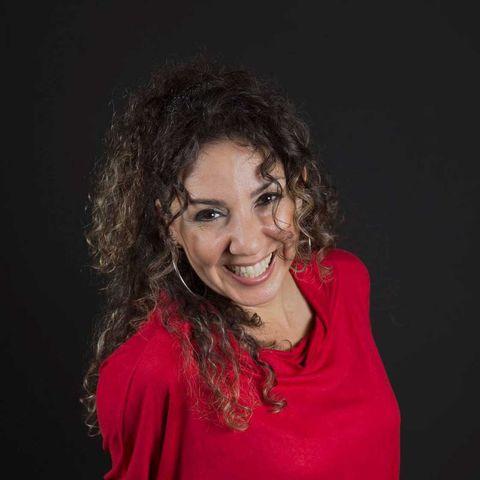

After graduating from Tarsus American High School, Zeynep Deniz continued her higher education at the Marmara University of Fine Arts, majoring in Ceramics. In 1995, she continued her study in Florence, Italy, at Polimoda, Instituto Della Moda. She had been accepted for the International Fashion Design Programme of FIT (Fashion Institute of Technology) New York, a leading fashion school globally, where she graduated at the top of her class.
Having worked as a designer in New York, Zeynep Deniz started living in Amsterdam in 1998 and worked at several leading fashion brands, including Tommy Hilfiger.
Returning to Turkey in 2004, besides designing, Zeynep started teaching fashion and gave several classes at La Salle Academy and Istanbul Technical University Fashion Design Major. In addition, she taught personal design, presentation techniques, technical drawing, illustration and portfolio classes.
Creating her fashion brand "Zeynep Deniz", the designer still does design consultancy, freelance private label
collections and gives private lessons in fashion design and portfolio.
Something is alluring about Zeynep Deniz; mystique, for want of a better word, comes to mind as you remove the Instagram persona. We met on Instagram, one of the many platforms used to showcase her unique talent. With no references to her personal life anywhere, I wondered how a 115,000 Instagram fan base could exist. I caught up with Zeynep at her studio in Istanbul, Turkey.
A Defining Moment In Time
At age five, Zanep's mother dropped her off on the first day of school for what would be one of the most defining moments in her life journey. As the school bell rang to signal that it was time to be picked up and taken home, she watched her classmates dissipate in numbers. In the midst of that crowd, she observed that each child had somewhere to go and appeared to know exactly what to do. It bothered her that she didn't understand why and was unsure what was going on until it was apparent that nobody was there to collect her from school.
Alone and scared, she remembered crying inconsolably, wiping the tears from her eyes. Then, something
triggered an intense, emotionally defining moment. At that defining moment, she realised that she never wanted to be in such a vulnerable position again.
Suffice to say that she made it home safely. Still, there was an obvious trauma experienced, enough to recall memories at such a young age. Having a plan B was permanently embedded into the fabric of Zeynep's work ethic at such a young age, which is very apparent today. A catalyst for her to exploit every hidden talent.
As she spoke, it invoked memories from my childhood when my parents decided to send me away to India to live with family members who, at that stage, I barely knew whilst they remained in the UK. But, of course, my experience was by no means the same. Still, I could relate to the emotional value in Zeynep's life, mainly because I was also a young child fending for myself.
THE INTERVIEW
Skill Set
They say that illustrators and designers need to have a unique skill set. These include creativity, photography and negotiation. Have I missed anything out?
Technical skills, extensive knowledge about fabrics, sowing, and understanding the construction of a design are essential skills. In addition, there is an emphasis on the ability to interpret a design from your head to paper with an understanding of measurements and dimensions.
The Influencer
You have 115,000 followers on Instagram; that's a jawdropping following. Does a graduate need to understand how social media works to be successful in your industry?
Social media, for me, is a means to communicate; it is a significant factor in every sector. It facilitates a global reach that otherwise wouldn't be possible.
I have a niche, love what I do, love to inspire, and my tutorials mean that people can learn from me on a global scale. Understanding how things work online is necessary because you can learn and apply. Although I have followers worldwide, India, Iran, Turkey, the US, and Brasil respectively make up where my work is more popular.
Hidden talent
Tell me something that people wouldn't know about you?
Up until 2016, I was a Brazillian dance instructor. So it was very early on in my journey when I moved to Amsterdam. I was introduced to this genre of dance and felt very connected to it. I also played the piano (classical) from the age of six up until college age, where I decided to follow my heart into the world of fashion.
Do you need a website?
Yes, I think that, especially with the Pandemic, a website allows you to display different services uniquely. As a breathing coach and dance instructor, I value my website. It can also serve as a plan B. I always think about what I would do if Instagram stopped working.
"I'm a very private person; recognition for my work is all I want".
Passionately Curious
When did you know that you wanted to be a Fashion designer and illustrator?
I knew that I wanted to be a Fashion Designer from the age of ten. But, then, something of an oddity, I would watch all the classic movies and musicals from decades past. They fascinated me, and I was mesmerised by the clothing, hairstyles, dancing and music.
My brother pursued a career in Electrical Engineering and went on to get a university scholarship. But, like most parents of that era, my parents wanted me to follow a more traditional education path. At that time, fashion design schools were non-existent, and I had a very specific desire to study fashion design in a small town in Italy and pursue my dream which I was so passionate about.
You have to consider that in the '90s, there was no internet and no fashion schools in Turkey. So I decided that I wanted to study in Italy; I learned the language while continuing my education at the university of fine arts, majoring in ceramics.
Focus
I wrote countless letters and requested brochures from all the Fashion Schools in Italy. I secretly worked parttime for a timeshare company and saved as much money as possible to pay my way. Although I had also considered France an option, I discounted it. Instead, I focused on Italy as a preferred choice that would give me the opportunities I wanted.
Italy
Two schools were on my radar, one in Milan and the other in Rome. Although both would suit, I wanted to study in a small town, not a big city. In the end, I found a place where I ended up completing half the course in Polimoda, Florence, Italy, the rest at New York, Fashion Institute of Technology, NY state university.
Unlike my brother, who had a career road map, I had to create my road from scratch because it didn't exist. Following my heart on how to put together, a fashion portfolio was part of this process.
Can you switch creativity on and off?
I feel that there is an infinite source of inspiration flowing through me. There is an invisible connection to it, so I never think I have to look for it. As long as I keep feeding myself with visuals, new information and keep researching, I am connected to that source of inspiration.
"Always learn”.
Pen and paper
Are you a traditional designer?
Yes, I love the feeling of working with paper; the ambience is different. In addition, there is an appreciation for smell, touch, sound and experience, which can often be lost when working on a computer. I love technology, but paper offers a personal touch. I like to see the heart and soul of the designer, and although
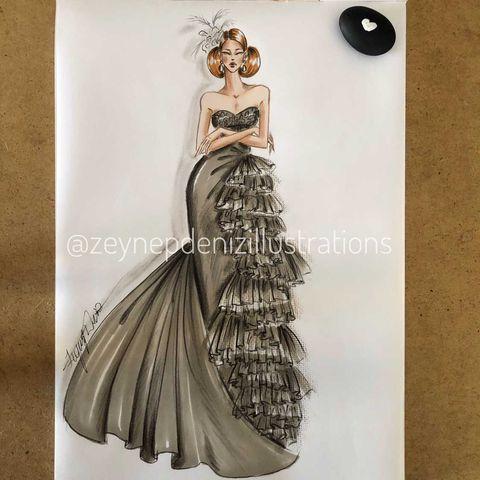
it's my preference, I still embrace technology in my unique way.
Did opportunity find you, or did you have to find it?
I'm a very spiritual person. I meditate every day and believe in the law of attraction. So the whole concept of destiny is to be in the right place at the right time. That said, in my case, I wanted to create it; it was up to me to be on the same energy level as the things I desired and the opportunity that I created.
4,000 followers on YouTube.
Why do you have a YouTube channel?
The videos on my YouTube channel are longer and offer a very different experience. IGTV on Instagram will play a snippet, but you're prompted to interact to watch more.
The algorithm is different on YouTube compared to Instagram, and it's on my list of things to investigate the differences. My focus is always to produce extremely

Creating Destiny
What advice would you give someone who wanted to follow your path?
Nothing happens without passion; follow your heart and be passionately curious.
What does the future hold for you?
I truly want and would be very happy with getting invited to teach at the top Fashion Schools worldwide, give workshops, classes and inspire as many young fashion lovers as possible.
I may also show the more spiritual side of me in the future; I'm a very private person and value the privacy that I receive. But, on the other hand, my friends always push me into revealing more about my life on social media, so who knows, maybe I will.
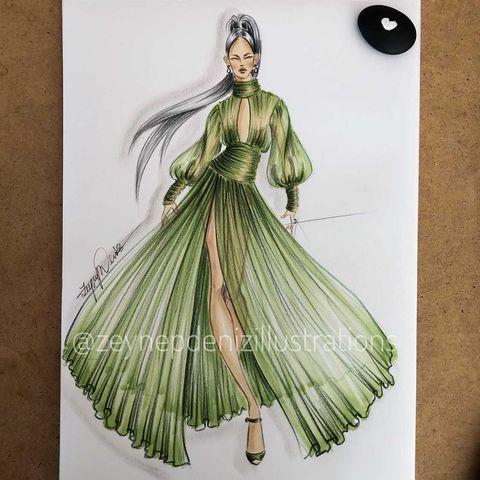


4
Qaiser Azim Behind
The Brand

An intriguing look into the world of a photographer. Famed for his diversity and creativity, Qaiser talks to us about his professional journey.
The Networking Magazine
 Photography by Qaiser Azim
Photography by Qaiser Azim

Based in London, Qaiser has been shooting films & photographs since 1993, having trained on mainstream feature films and tv dramas. He spent five years working at an advertising agency and set up a creative studio in 2000. Since then, he has worked on fashion, beauty and corporate, creative projects. His passions are film, photography and drawing.
THE INTERVIEW
When did you realise that you wanted to be a photographer?

I love faces. I love human emotion and individual expressions. Capturing people has that immediate connection and is always an exciting journey as you never know what you're going to end up with at the end of a shoot. In fashion, I love the colours, shapes and fabric. I love how the models always stand out amongst the beauty of the garment. It's a perfect balance of nature working together with materials made by hand or machine.
Does technology mean that you have to think less about taking the perfect photograph?
“I didn’t choose photography, photography chose me.”
- Gerardo Suter
I grew up drawing as a child and always spent the evenings after school or weekends lost in my sketchpad. But my grandfather was a massive influence in my transition from pencil to photographs. He loved photography (in the days of real film in cameras) and would often let me take a picture. Looking at the world through the viewfinder sends you to new places and transports you to whatever you want to imagine.
There are so many different genres of photography; what made you focus on fashion?
It has actually opened new doors in the way we process an image, share it and enhance it. But technology certainly hasn't changed the amount of time we spend taking the perfect photo. We still look for that magic moment or visual we have set in our minds.
You have achieved so much in your career. What advice would you give aspiring photographers?
I would say; don't get seduced by all the technology, cameras and gadgets. Work simple to start off with, and don't spend a lot of money in the beginning. Build your kit slowly and find your style or way of how you want to shoot. Try a little bit of everything before you commit to the
Photography by Qaiser Azim
WEBSITE
Behind The Brand
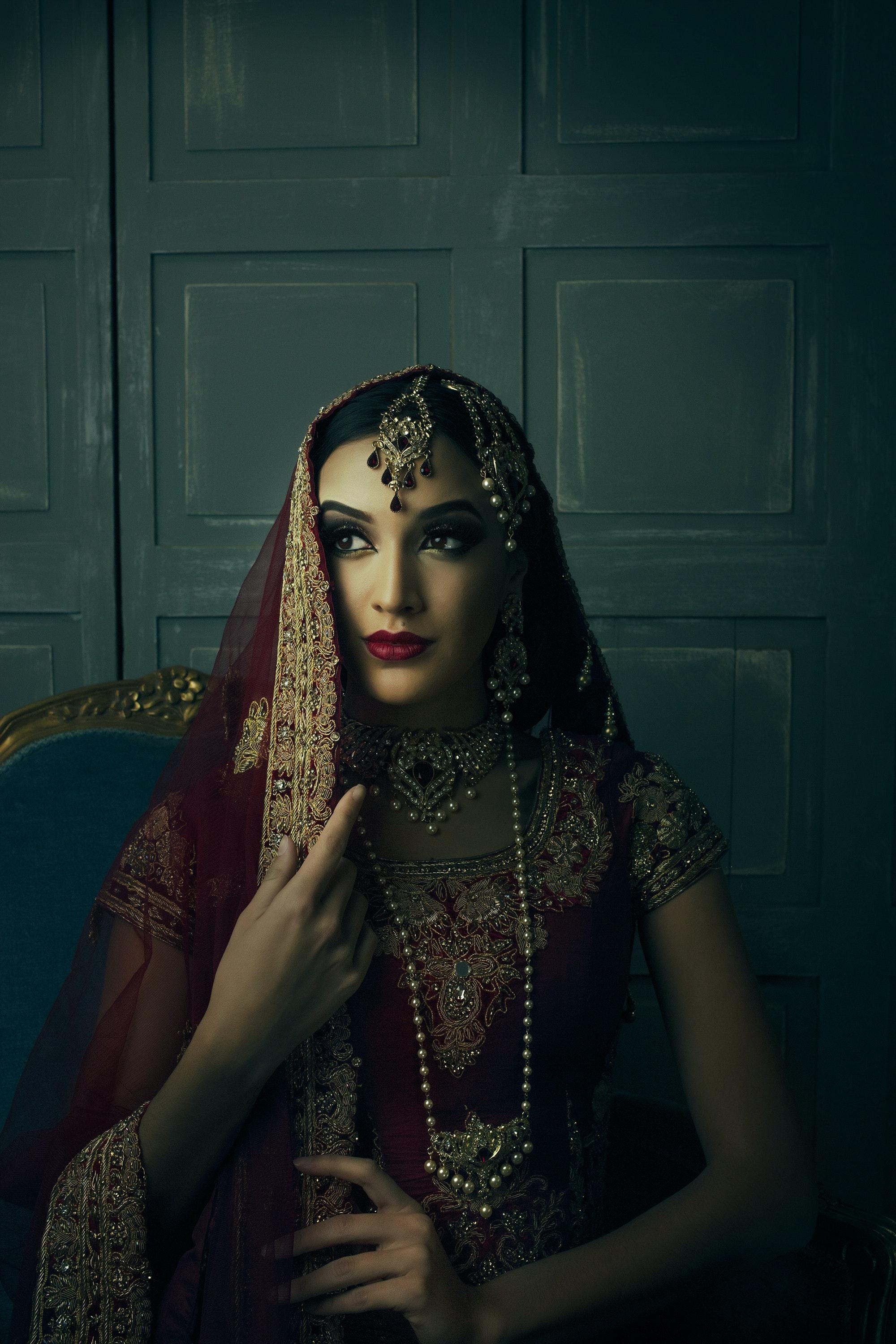
heavy gear. I use one camera and one lens as it allows me to shoot and commit to the image and framing rather than to play it safe and adjust everything later in post-production. Commit to the image and shoot daily till you find that one path you love the most.
What sets you apart from other photographers?
Well, I love to try new methods of approaching a subject as it's often easy to fall into a set pattern of shooting in a safe zone. So it's always nice to try and create different moods with images or film to evoke different responses from the viewer.
Are all photographers able to create videos and vice versa?
That's two different fields and industries entirely. I've seen a few photographers make the jump to film, and the results are astonishing, as the beauty and grace of a still image carry through to the videos they shoot. But most photographers/videographers tend to stay in their domain. It's a creative process at heart, and we will never stop learning, so it's never a case of mastering one or the other and then moving on.
Photography by Qaiser Azim
Has your sector changed since the pandemic?
Covid-19 changed many lives and made us all look deep into our lives and how we conduct our daily lives and business. But although the amount of commercial creative projects slowed down, people found new ways to express themselves while staying at home. So it had slowed down but thankfully beginning to pick up pace as businesses, and brands get back onto their feet, and the advertising market gets back into its stride.
Do you need synergy between the photographer and the subject?
When working with people, it's always good to be on the same page and set a goal in what you hope to achieve. The basic ingredients are always there, so you need to let your subject or model become who they need to be to create that look or performance. I personally don't like controlling the subject too much as it's nice to be fluid and open to ideas that may enhance the campaign or image. Often, the best images are the ones we don't set strict poses for; it's the rare glances or sudden head turns a model or artist will give that really capture a moment on film. They can't be repeated. Beautiful mistakes often are the best.
What do you think the photography landscape will look like in the next five years?
I think the sheer number of images and video content being produced will overwhelm us and open up the doors to a lot of hidden talent. The range and style or expression will grow. As technology makes creativity more accessible, it will push us as creatives to explore new areas of our minds and artistic response.
Can mobile phone technology ever compete with a traditional camera?
I'm not one to focus too much on technology as my eyes, heart, and mind capture the image first in terms of composition, light and colour. The rest is just getting it down on paper. So many great images are being caught on cell phones because it's all about how you shoot with it or frame the subject at a particular time. Phones will always get better and sharper or have deeper clarity over time. However, they don't have the flexibility of changing lenses or settings as traditional cameras do.
In your sector, what's more important, theory or experience?
Experience all the way. The theory will only get you so far or guide you to do's and don'ts. A little experience will give you that edge and confidence over anything you could possibly read in books or by watching videos. You simply need to grab any camera you can get your hands on and shoot every day for a while. I'm still learning even now, and I pick up something new on almost every shoot—a new way to light, or camera angle or a way to move the camera. Having practical experience will always have the edge, and it will show in front of clients.
Seeing other people's work and even learning online are crucial in growing and feeling part of a community. Knowing that other people have the same experiences as yourself or shoot in similar styles is always comforting. In addition, the ability to see and access content from thousands of libraries online makes research and education far easier than it was when I started out. This is the most creative time we are living right now, and we are moving forward at incredible speeds. Tech, art, and lives change and evolve at a shocking rate, so it's essential to find your foundations and grow from there.
How important is social media to you, and why?
We used to mark having work printed in a magazine or be shown on television as the height of success, but of course, now social media has become the amalgamation of everything we used to read or watch. So yes, social media and sharing work is the main avenue now of content traffic and distribution. Posting online has always served me well and generated new clients. You should always post work that speaks to you in the deepest way. Someone out there will see it, and it will reach or touch someone, which in turn creates a response. It's a gateway to unlimited avenues as you never know where your next project will come from.
What are you currently working on?
I have just finished shooting a meditation dance video with some fantastic musicians and the most expressive dancer. We all have our set roles and get to express ourselves through one piece of music.
What projects would you like to be involved with in the future?
I trained up on mainstream movies and dramas, so that experience is still hidden deep within. Therefore, the only natural evolution is to move forward towards short films and eventually features films.
Are you creative all the time?
I think we as a species are always creative in our own set paths, and the mind doesn't rest if you have that passion for expressing or making something that others can enjoy. I love to draw, write, paint and even make things out of various materials. So the need to 'create' something daily is always there.
If you were not a photographer/ videographer, what sector would you be working in and why?
I always wanted to be a painter working alone late at night in a studio, surrounded by canvases, colour in a room filled with the scent of oil paints.
I studied art and design when I was younger, and that will always be my true love. However, creating videos or images all stem from drawing with my hands.
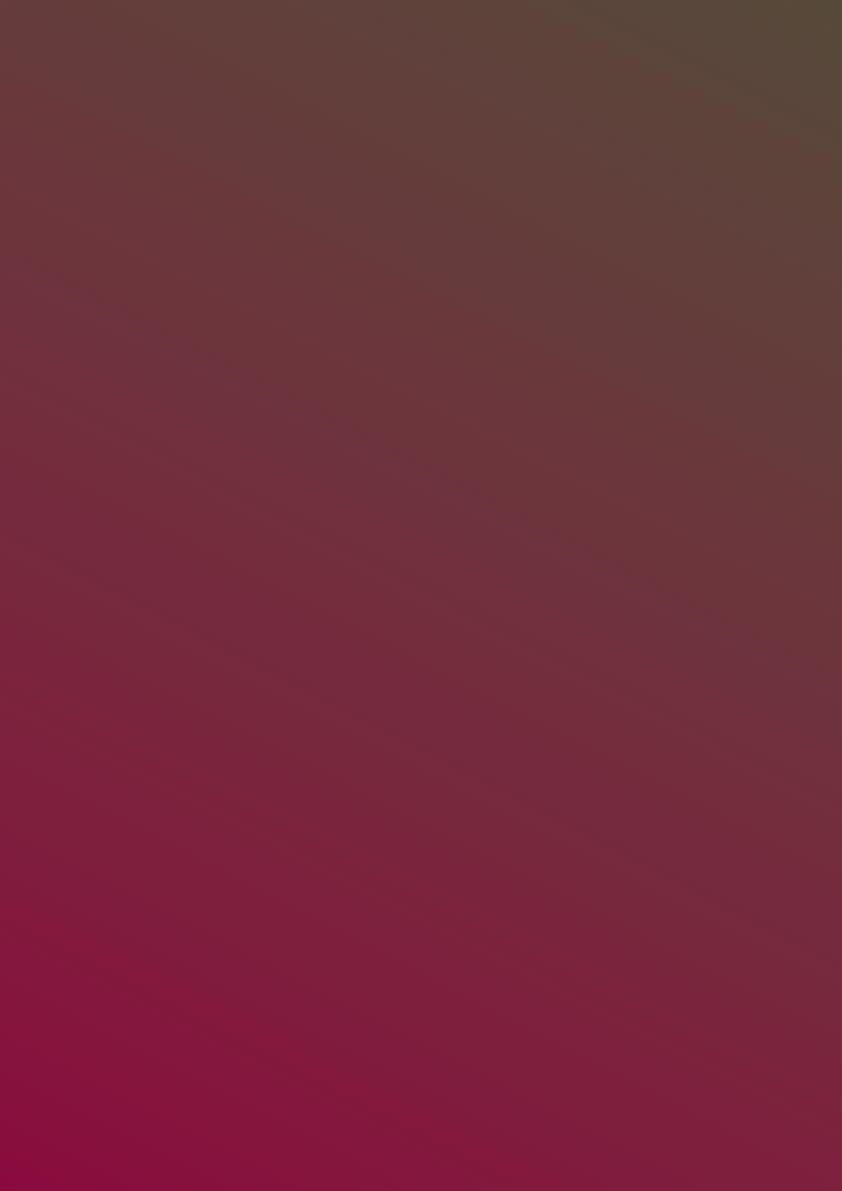
How important are image/ video platforms, and why?

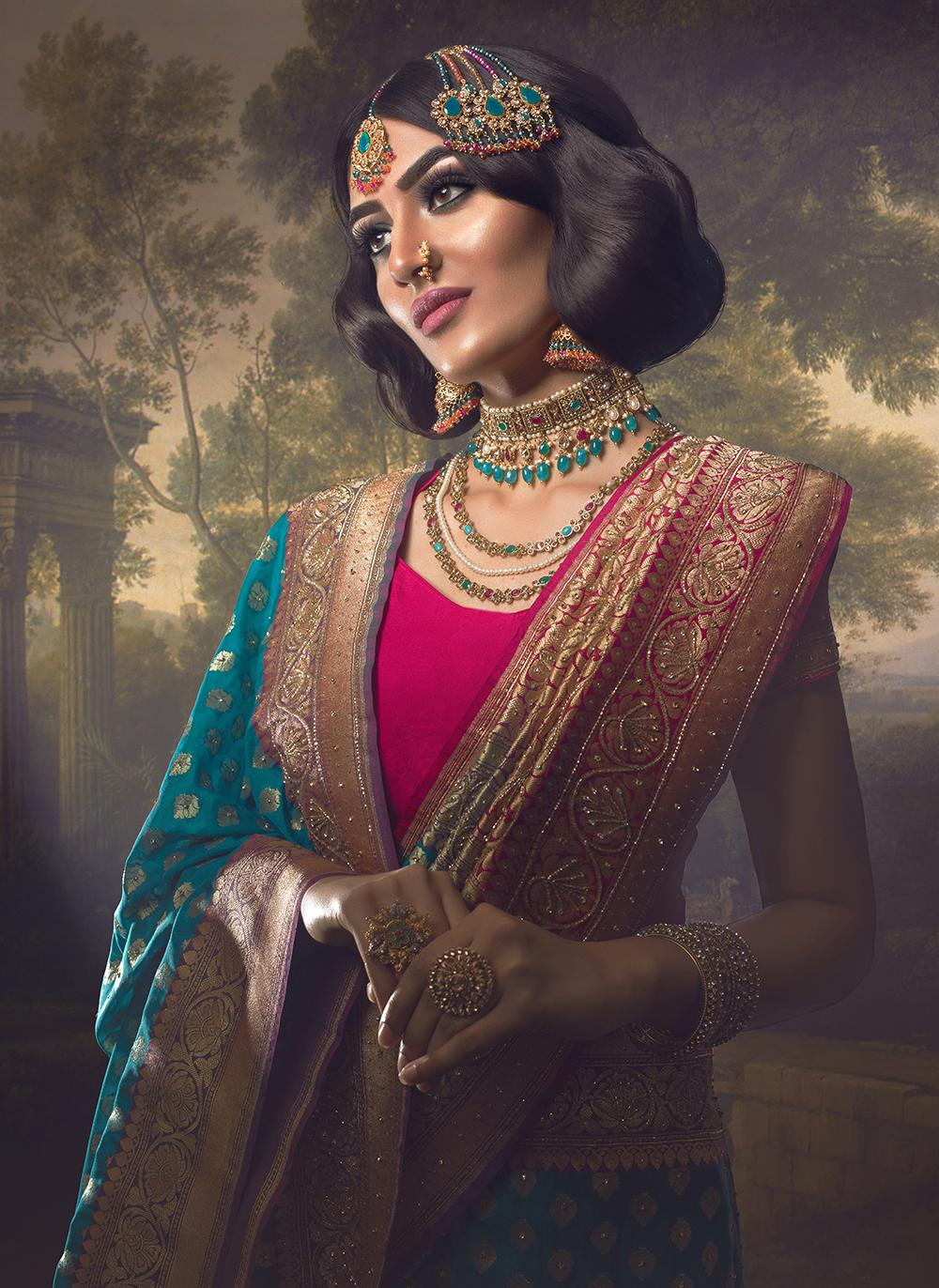 Photography by Qaiser Azim
Photography by Qaiser Azim
 Photography by Qaiser Azim
Photography by Qaiser Azim
 Photography by Qaiser Azim
Photography by Qaiser Azim
SPECIAL FEATURES





From Script To Movie
By Sanj Saigal




 A conversation with Michael Matteo Rossi Producer Director
Writer
A conversation with Michael Matteo Rossi Producer Director
Writer
 Michael Matteo Rossi Writer - Producer - Director
Michael Matteo Rossi Writer - Producer - Director
Michael was born in Los Angeles. His love of writing, producing and directing would see him forge a successful professional career. In 2011, he wrote, directed and produced; The Last Wish, which received several notable awards.
In 2013, Michael directed, produced and wrote; The Misogynist, where he was awarded best narrative feature at the Los Angeles Underground Film Festival.
His want and need to create an action/thriller would see him pick up awards for; Chase. This would cement his brand in the action genre and receive multiple prestigious awards.
I managed to catch up with him and talk to him about his life journey, advice for new talent and his forthcoming project. His professional journey is defined by a strong work ethic, sheer determination, and want to make his mark in his sector. A writer, producer and director, he offers sound advice based on his journey.
What advice would you give new talent?
I would tell them to stay connected and work on their craft every single day. Social media might feel like both a blessing and a curse, but if you use it to your advantage, you can benefit. Meeting other creatives and showcasing your work on social media platforms is a powerful tool to have. You have to embrace the available tools and love or hate it; at this time, it's an excellent opportunity to showcase your creativity.
Do you think that being in the
right place at the right time is the key to success?
From my perspective, it can help, but it's not everything; you have to plan and work accordingly to better yourself at your craft regardless. Of course, a little luck always helps, but putting yourself in opportunities where that can happen comes from hard work and effort. There are occasions where you can create opportunity; it's almost an art, and you really have to work at it.
You write, produce and direct. Of those three, which one do you think people will remember you for?
I would Probably say directing because that's what I enjoy doing the most, and working with my actors and crew to prep at production stages to bring the written story to life is one of my passions.
Bringing something to life from nothing is extremely rewarding for me. Also, fusing all the various components of making a movie storyboard evolve into an actual movie is a wonderful feeling.
Do you ever switch off, or do
you constantly look at life from a camera's perspective?
Of course, I can 'switch off and focus on non-film things, but at the same time, film is what I breathe and love to do most in life, so it's also constantly on my mind every single day.
If you are a creative person, you will find that it doesn't work on a switch that you turn off and on. For example, sometimes an idea can pop into your head at the most impromptu time, and you feel that you really want to act on it.
That said, making time for yourself away from a working environment has never been so important. So my advice would be to try and find a good work-life balance.
Can you force creativity, or do you need the right set of circumstances?
You ultimately need to have the drive and passion for wanting to do what you love. People can try to give you advice or try to steer you in the right direction, but it has to come from you and what you love to do.
Your own circumstances can play a part in just how creative you can be. So try and understand when you are most productive and try and accommodate it into your lifestyle.
How do you think the movie industry will adapt post Pandemic?
People have a desire to be entertained through film, so that won't change; maybe how we film or get it out there might. I'm old school though, I love the theatres and going there, using tangible DVD's and Blu-rays, so I hope it doesn't change too much.
Society as a whole had a temporary setback, and we have all had to make significant changes to our lives in one way or another, but history has shown us that some things are embedded in our lives that will put up a fight to stay around; cinema is just one example of that.
Are you scared of failure?
I'm only scared of not trying harder, and that won't happen because this is the only thing I want to do, and I've been plugging away for about 15 years now.
Failure is a concept that you can take two ways; either it will make you stronger or take you down. Being scared of it can impact an individuals level of creativity. I embrace the concept of never being scared to try, and I attribute that to my success in writing, producing and directing.
If I wrote a book about you, what would the title be? Why?
The passionate goofball has a nice ring to it. I identify with not taking life too seriously and having fun. I'm very fortunate to do something I love, so those two elements fuse very well together.

What are the three personality traits that a director should identify with? Why?
Driven, ambitious and creative. No one element can work on its own; combining those elements will help you build a strong foundation in this sector. In addition, they will help you create a disciplined work ethic that is very much needed in order to develop a successful career.
What is better, experience or qualifications? Why?
Qualifications usually come with experience, so they are both important to have, and the more you work on a given set, the more you are going to learn and acquire for the next one.
Who or what was your influence to be in your chosen field? Why?
My dad would show me a lot of classic films growing up; old Twilight Zone episodes, so I think that was the start of me knowing that I wanted to create a similar art form. It has moved me for as long as I can remember.
Drawing inspiration from my childhood has uniquely impacted my creativity. Those memories are something that I will always treasure, and they will probably be the subconscious influence in the future.
If I could speak to your best friend and ask them to describe you, what would they say?
I'm hoping they'd say I'm very passionate, focused and driven, and that I always find ways to make films. They would also tell you that I stick to my goals and exceed in them.
How did the name; Italian cowboy attach itself to you?
Haha, very long story reaching all the way back to High School. It was an inside joke.
Which year of your life would you like to relive?
18 to 20 were pretty good years for me, but I like where I am now as well and excited for the future. I enjoyed the chase and enjoyed the rewards of experience, something you can only experience much later in life.
What is your next project about?
My next film is called; "The Sweepers", it's about a family of assassins, and it's going to be the biggest film I've done so far. We've been prepping for about six months now, so I feel ready and excited about it.
Bringing something different to the table that has challenged my skill set is something I pride myself on professionally and personally. It's very much a consolated team effort; it's an action film based on traditional action values with a very modern approach.

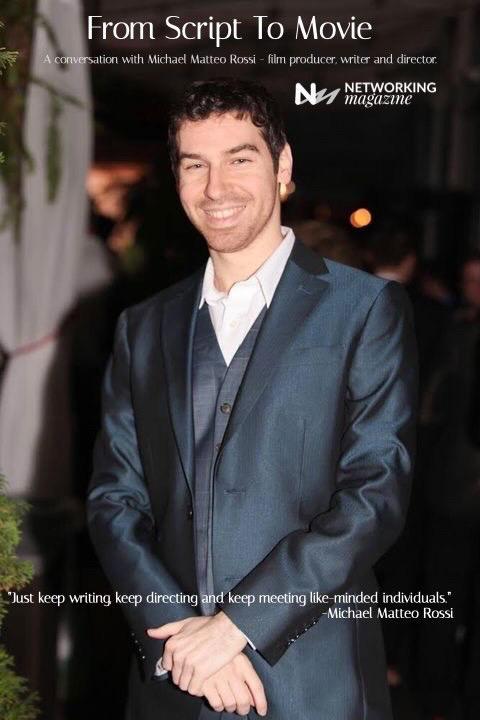
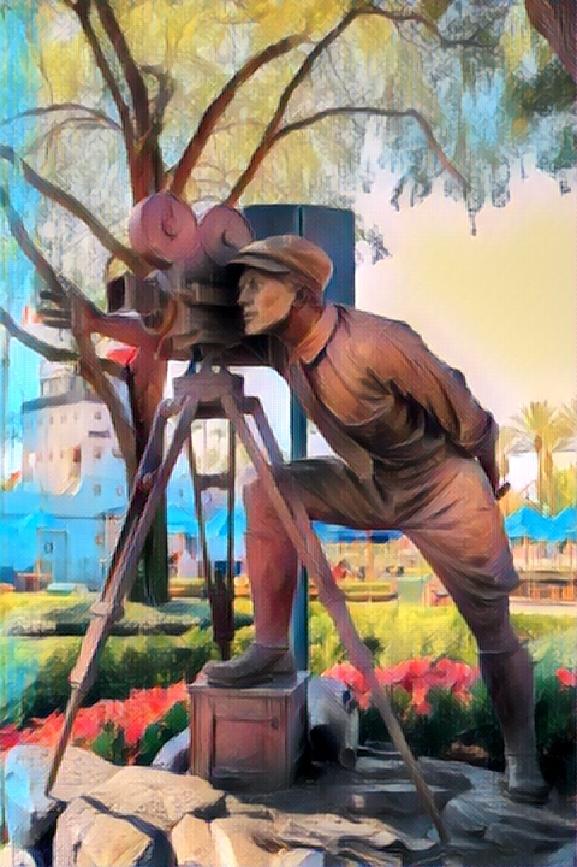



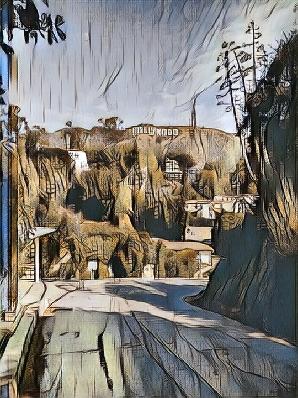
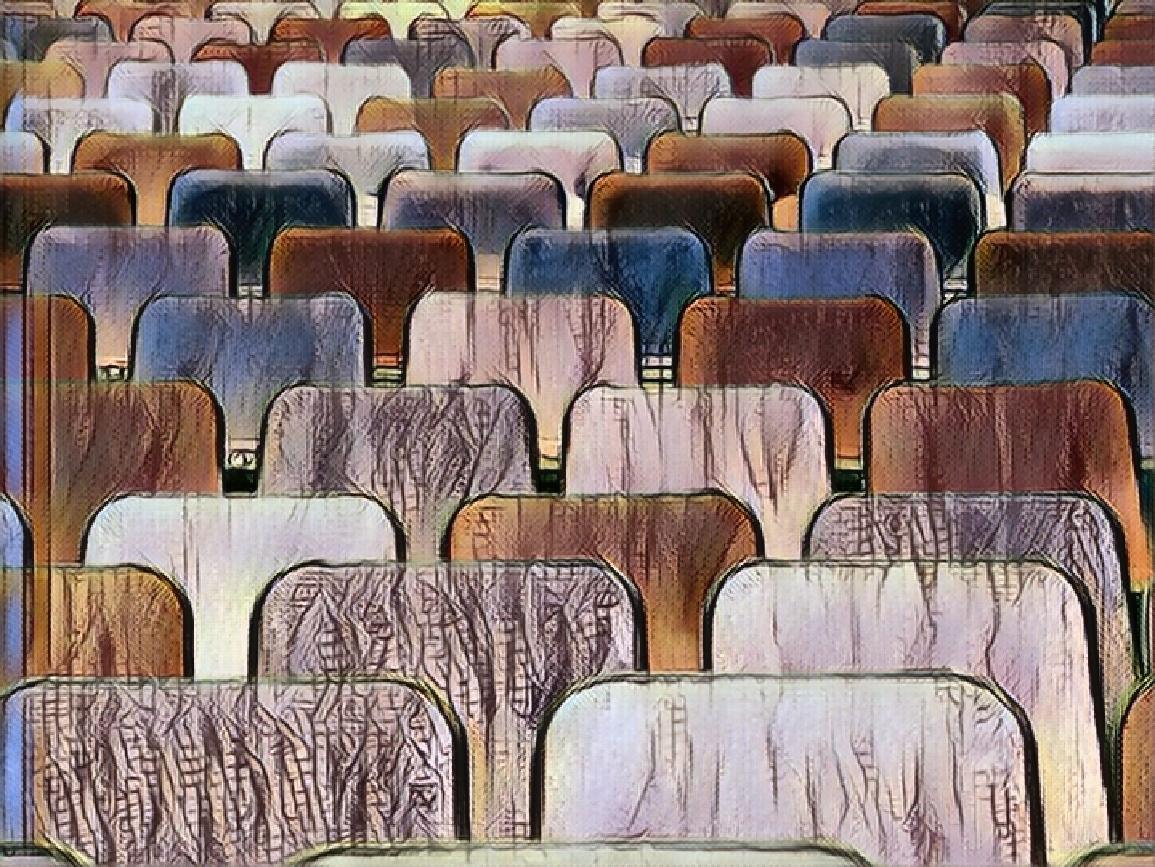

My Dream
 We talk to Yarea Guillen, the brand, songwriter, music artist, actress and influencer. She spoke to us about her journey with over 11.3k Instagram followers and signed to an iconic brand.
Yarea Guillen, the multitalented brand, drawing international attention.
Photography by: @juanewan
We talk to Yarea Guillen, the brand, songwriter, music artist, actress and influencer. She spoke to us about her journey with over 11.3k Instagram followers and signed to an iconic brand.
Yarea Guillen, the multitalented brand, drawing international attention.
Photography by: @juanewan


THE INTERVIEW
When did you realise that you could sing?
I started in music at a very young age; my father was a strong influence and signed me up for music classes at the age of six.
A YOUNG TALENT
I sang with my father at small venues as a teenager, recording my first song at eighteen. Following that, I moved from the south coast of Spain to Madrid, where I carved out a niche for myself within the music industry.
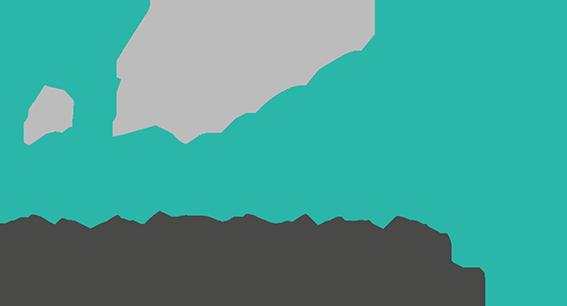
I was composing at age seven and knew that my love of music would be my career. It was a defining moment for me. After that, all I wanted to do in my life was to sing.
If you could name one person who has influenced your decision to be in the music industry, who would it be and why?
My father always pushed me to fulfil my dreams; he is very much part of my journey and so enthusiastic about every step I have taken.
If you could meet a younger version of yourself, what advice would you give?
Photography by: @juanewan
PATIENCE
Be patient; things will happen little by little if you work hard. Never give up. Trusting in your judgement and learning that time is part of the process are so vital.
How important is social media to an artist?
Very important, it's no longer about just songwriting; it's all about connecting with your fan base and sharing your life. Unfortunately, you're under a lot of pressure to be the version of the artist they expect you to be.
It can be a superficial world, and sometimes the most important things fade into the background.
What was the most notable achievement in your career so far?
To be able to say that I dedicated myself to music 100%. As a result, I have achieved a contract with an iconic brand to write music and feel my career is taking off.
You write, act and sing, do you have a favourite and why?
I love writing music the best, watching how words transform into a song that touches the hearts of so many; it's a beautiful process.
What advice would you give new talent trying to make it in your industry?
Don't stop working, have a disciplined work ethic, be patient and surround yourself with good people you trust.
TIME TRAVEL
If you had a time machine, would you travel backwards, forwards or stay in the present?
I'm obsessed with the past, and I would like to relive those moments that I know would never happen again. So I would choose to go back but not change things, just relive those special moments and appreciate every minute.
Looking at Instagram as a social media platform, new talent seems to get younger every year. Can an artist keep going, or is it a short career?
There is a lot of new talent, that's true, and they are getting younger. But, if you constantly deliver at a high standard, age is irrelevant, and you can achieve a long career.
What are your plans for this coming year?
Keep growing, both as a songwriter and as a singer. To sustain longevity from the industry that I love with a passion.
I want to continue to learn from other artists and organise some concerts to increase my reach.
What types of mistakes do people in your industry make?
Knowledge about how the music industry works is vital. However, relying too much on people who are not a good match professionally or personally is not suitable for any career. You're vulnerable at the beginning, so make sure you're versed with how things work.
Do you think that the future of concerts will be physical or virtual post-pandemic?
There is nothing like experiencing live music; there is a connection with people. There is something very special about performing live, and I hope things return to the way they were.
If I could write a song about you, what would I call it?
You could call it something that symbolises a contrast between sweet and dark.
If I asked your friends to describe your singing voice, what would they say?
Sweet, intimate and full of feelings, I hope hahahahaha.

by: @juanewan
Photography

 Photography by: @juanewan
Photography by: @juanewan

DREAMER DELUX
A CONVERSATION WITH THE ACTOR
SCHELAINE BENNETT


SCHELAINE BENNETT
DREAMER DELUX
"This is a story about a person who had a dream and made it happen".
Schelaine Julia Bennett first hit S.A. T.V. screens as a presenter and one of the original cast members on SABC 2's live youth show, Hectic Nine 9.
The versatile actress and dancer has since had a remarkable career, acting in numerous local and international films & T.V. series such as Love on Safari (Hallmark USA), Saints & Sinners Season 1-3 (Mzansi Magic), Ingoma (Mzansi Magic), Gold Diggers S2 (Etv) and Knapsekêrels (Kyknet).
She is perhaps most recognised for her roles as Zoë Phillips in Generations: The Legacy (SABC 1), the lead role of Claudette Roberts in Isidingo: The Need (SABC 3) and as Chevonne Williams on Etvs' SCANDAL.
Her current international projects include portraying Eve in Amazon Prime's Good Omens, Leah Frost in the acclaimed Red Sea Diving Resort alongside Chris Evans, Greg Kinnear, Sir Ben Kingsley and Michel Huisman.
In 2021 we will see Schelaine in the role of the Comms Officer in the Fantasy/Action FeatureMonster Hunter alongside Milla Jovovich, Meagan Good & T.I. and look forward to the international release of Slumber Party Massacre in which she plays the role of Trish Deveroux. She has also performed in music videos and T.V. commercials both locally and internationally, alongside Jamie Foxx & Natasha Beddingfield. Additionally, she has had the privilege of being a backup dancer to MC Hammer.
Born and raised in The Mother City, from Bo-Kaap to Montana, Heideveld and Pinelands Schelaine grew up having a colourful childhood and a passion for the arts and attended the Waterfront Theatre School where she studied Drama, Dance and Musical Theatre.
Schelaine has added many other skills to her job description, including Casting Directors' assistant to the international sensational Bonnie Lee Bouman and G Stop Casting before that. She is
 Photography by Robyn Davie
Photography by Robyn Davie
SCHELAINE BENNETT
CAREER CHOICE
At what point did you realise that acting would be a good fit for you as a career choice? Why?
When I was a little girl, I dreamed of being in front of the camera - A supermodel - I wanted to wear fancy clothes and 'strike a pose'. Little did I know that the performance bug was going to bite me HARD. I danced and did drama as a child and believed that I'd dance all over the world. I was fortunate to study dance, drama and musical theatre, and after many years of pursuing my dance career and the odd acting job, I finally made the decision to hone in on my acting career in 2012. I fell head over heels in love. I love telling stories, breathing life into characters and finding a different joy in being on set, one that still gives me butterflies to this day. Performing is my passion.
Who was the first person you told? Why?
My Parents. I want to make them proud. With performing not being a very respected and supported career in South Africa, I wanted to be transparent, help them understand what I wanted to achieve, and receive their blessing and support.
OBSTACLES
What was the main obstacle that you had to overcome? Why?
I have always been very optimistic about life and fearless when it comes to following my heart. I saved a few pennies, packed my car and moved cities. I didn't believe in obstacles but in opportunities. If I want something, I put my mind to it: I did everything in my power to prepare for it then actively pursued my dream.
I was blessed to have a few family friends that offered me a place to rest whilst I figured everything out in the new city and met an incredible woman, who is now a very good friend of mine, who offered me part-time dance work whilst I was attending auditions and getting my acting career up and running.

If you could step through a time portal and appear when you decided acting was a career choice, what advice would you give the younger version of you?
What is for you will not pass you by.
FAMILY AND FRIENDS
Did you have support from your family and friends, or was acting not considered a good career path? Why?
My family and friends are STILL my greatest supporters. I am so grateful to have such an incredible pool of people cheering me on. Realistically, there will always be someone who questions my choice. I'm humbled by the critics, they help me excel.
OBJECTIVES
What were your objectives when you started?
I chose to pursue acting because I wanted to tell stories, South African stories, global stories, represent my people in a dignified way and be part of a generation that was changing the South African narrative in film and television.
NOTABLE ACHIEVEMENT
What has been the most rewarding achievement to date? Why?
I am nurturing a career that affords me work both locally and internationally. Red Sea Diving Resort and Slumber Party Massacre are two of my favourite international projects to date, along with the leading roles I have portrayed in South Africa's "Isidingo: The Need' and 'Gold Diggers'. These roles exercised so much of my human being. I was challenged often, but
You are worthy; you've got this!! Trust!
absolutely loved it and grew not only as an actor but as a person too.
Can you define the term producer?
In my opinion, producing is overseeing film production. To source promising scripts/work, bring together a production team and secure funding. The producer basically manages preproduction, principal photography and post-production.
Did opportunity find you, or did you have to find it?
It found me. It's all about work and trust.
If I could ask another actress to describe your work ethic, what would they say?
Hardworking, Committed, Professional, Teamplayer
If I could speak to your brother/sister, how would they describe you?
Fun, Goofball, Kind, Confident, Hard-working.
DREAMER DELUX
What is the best part of your job?
People, the ones I work with and the ones whose stories I get to tell; playing 'make believe' and getting to do what I love. Definitely more than one 'best part.'
Your Instagram account shows a wonderful work-life balance; is that something that is hard to maintain?
I believe in work-life inclusion. Family and friends are very important to me, they help me replenish my soul, so I always make time for them, whether it's a quick coffee, a walk or a video call. My work can be demanding, but they understand and support me, and it never outweighs my time with them.
SOCIAL MEDIA
How much of what you do is reliant on social media? Why?
Social media has become a major factor in some casting spaces. However, I choose to focus on talent, work ethic and experience.
Do you ever bring your work home with you?
All my script learning and initial character breakdowns happen at home.
SKILL SET
What skill base do you need to be an actor/ actress? Why?
Storytelling is so vast, and certain fundamentals are important to equip oneself with: voice and speech work, scene study and improvisation, to name a few, to strengthen the performance muscles. Other than that, many other skills/hobbies add to an actors portfolio, i.e. horse riding, weapons handling, surfing, yoga, rollerskating, and fun. Don't forget to have fun.
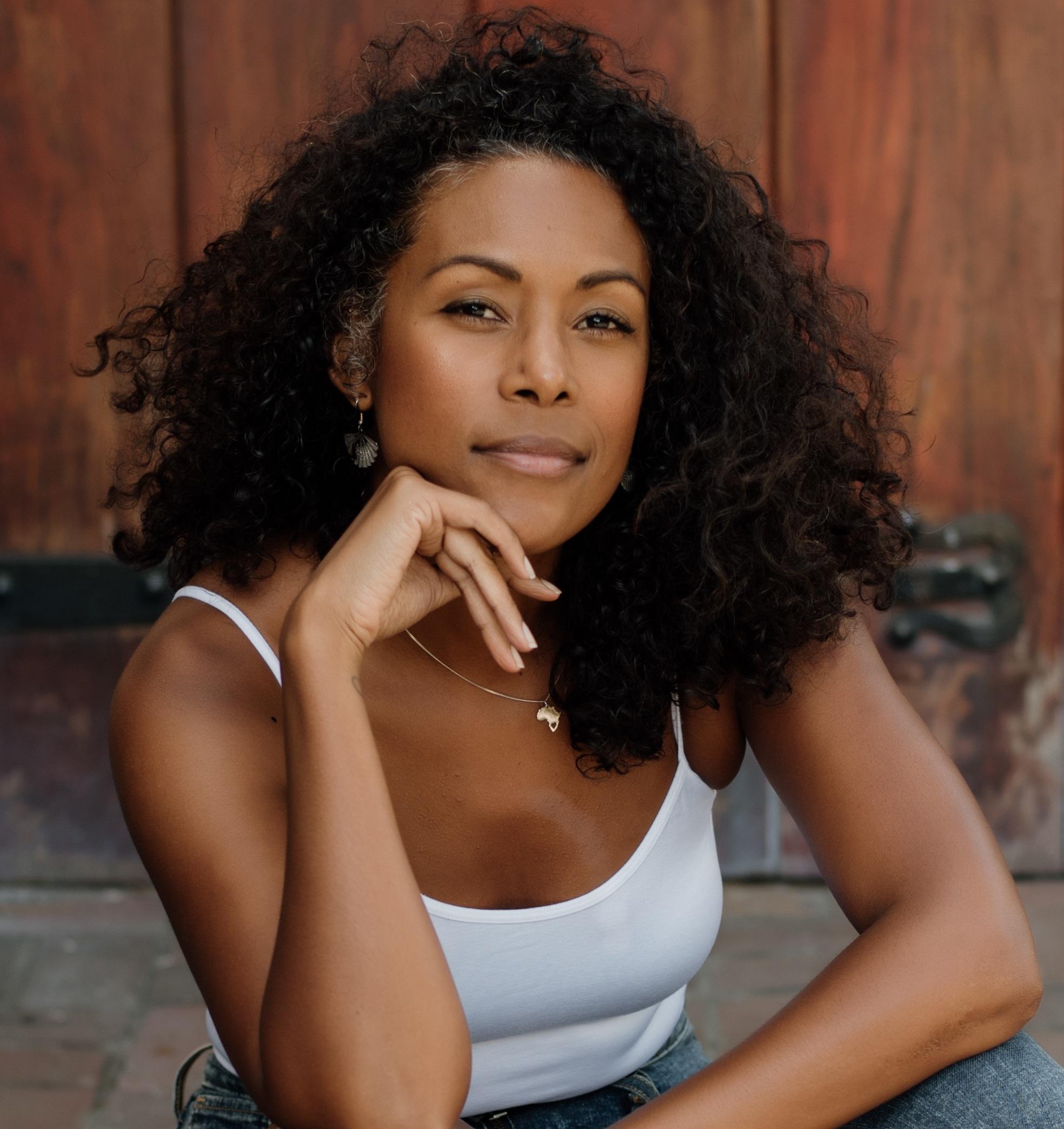
Photography By: A Girl And Her Camera
DISCONNECTING
Is it hard to disconnect?
Nothing that a glass of red wine and a good laugh with a loved one can't solve. I don't struggle with disconnecting anymore. There are also tools one can learn to help disconnect from a character.
THE FUTURE
What does the future hold for Schelaine Julia Bennett?
Blessings upon blessings:) I'm paving my way towards more local and international work.
SAMUEL NKWUME
HOLLYWOOD MOVIE PRODUCER
Debit & The Credits
An accountancy student who dreamt of an alternative life and willed it to happen. Courage, determination and drive are some of the attributes that were the driving force behind a successful career in movie production.
By Sanj Saigal

SAMUEL NKWUME Life Journey
Samuel Nkwume's journey started in Nigeria, an accountancy student who dreamt of an alternative life and willed it to happen. Courage, determination and drive are some of the attributes that were the driving force behind a successful career in movie production.
A professional accountancy qualification, a plan; "B" instigated by his parents, was obtained before his adventure began. But, destined for a parallel universe in movie production, he could not afford to fail and so took every opportunity to study his trade in Los Angeles and watched from the bylines before gaining significant experience in his chosen field.
Personally, I love stories that inspire and motivate others to break away from careerbased decisions that quite frankly are not fit for purpose. New talent can learn from these stories and perhaps relate to the actions taken by others. Suffice to say that Samual is a character that promotes self-worth, ambition and a strong work ethic.

Academic grounding
From my own experience, accountants rely on their high level of attention for detail, the ability to find problems and time management skills. These traits were all mentioned during the course of this interview. On reflection, he found dormant skills that he obtained from his academic grounding useful and far from obsolete when handling movie budgets.
The paint had just dried, so to speak, on the production of the new thriller, "Sweepers". If celebrations were not enough, it was also Samuel's birthday. Despite those obstacles, I was lucky to talk to him about his professional and personal journey fresh off the Hollywood movie set.
The dream
An undergraduate in accountancy based in Nigeria, there were few opportunities to break
free from credible traditional choices that offered long term financial security. The dream was to pursue a career in movie production, but the chance to gain a qualification or experience in that field was few and far between.
Undeterred, Samuel started a blog, reviewing websites, predominantly on Nollywood, the Nigerian film industry. Nobody showed any interest in his offering, but a friend persuaded him to chase his dream, and so he then went on to apply to a film school in Los Angeles.
Did you meet any opposition from your parents?
I was extremely fortunate; my parents supported my decision to pursue an alternative path, but this was not unconditional. The stipulation was that I had to qualify as an accountant before moving to Los Angeles, which I honoured. Following that, and within three months, I moved over to Los Angeles.
HOLLYWOOD MOVIE PRODUCER
Los Angeles
Did you have a choice in Location?
Yes, there were three options open to me; London, New York, and Los Angeles. There was serious consideration given to a move to London, a vibrant movie industry coupled with the fact that I had friends there made it a formidable contender.
The weather was the main obstacle; it wasn't a perfect fit coming from a Nigerian climate. However, Los Angeles was and still is one of the most recognised movie capitals globally, and the temperature was moderate, so that sealed the deal for me.
Were the street paved with Gold?
The move to Los Angeles was far from easy; I had some savings, which looking back now, gave me the start that I needed. However, as a student, I had to keep my head down and study as I couldn't work on a student Visa. So I took every opportunity to observe and learn as much I could when possible. The streets were far from paved in Gold, there were so many people who wanted to be in this industry, and I watched many fail as they could no longer afford to pay their rents.
How would your friends describe you?
They would tell you that I'm easygoing, that I can be a bit of a joker and that I make friends quickly.
What things do people not know about you?
The Nigerian lifestyle meant that I spent a lot of time playing football. As a direct result, in my spare time, I support Manchester United.

people aren't fully invested in your movie".
The Movie Industry as a whole is hugely competitive; in my first year, the competition was fierce, and there are occasions where your mind can fill with self-doubt. Networking and meeting people were essential in overcoming that, I needed to connect with people, and to an extent, the concept of networking is still necessary today. The building of relationships and a strong work ethic is something that I attribute to developing a career in this industry.
"It's not always about what you know; it's who you know that really matters".
What type of movies do you like making?
I'm very passionate about the thriller genre, although I am up for experiencing most.
Can you describe your work ethic?
I value time, and although there never seems to be enough of it to most people, I always try to find time to do the things that I love.
I love fitness; I ensure that I go to the gym six times a week, eat a balanced diet and find time to write. In my case, a solid and balanced work ethic helps me to be more productive and efficient.
SAMUEL NKWUME Debit & The Credits

"It has never been a better time to get involved with the movie industry".
Social Media
Is social media critical to your sector?
Yes, it's very vital, especially to independent filmmaking. The building of an audience is critical to growing a fan base. Engaging people to react and interact can make all the difference.
Covid hurt, but as a direct result, it created a hunger in my industry. As a result, independent filmmakers are producing movies using social media to their advantage and often competing. Just like the changes we witnessed in the music sector, we can now see impacting film production. There are more distribution platforms than ever before, meaning more opportunities for filmmakers to get their work out to the audience, rather than just traditional formats.
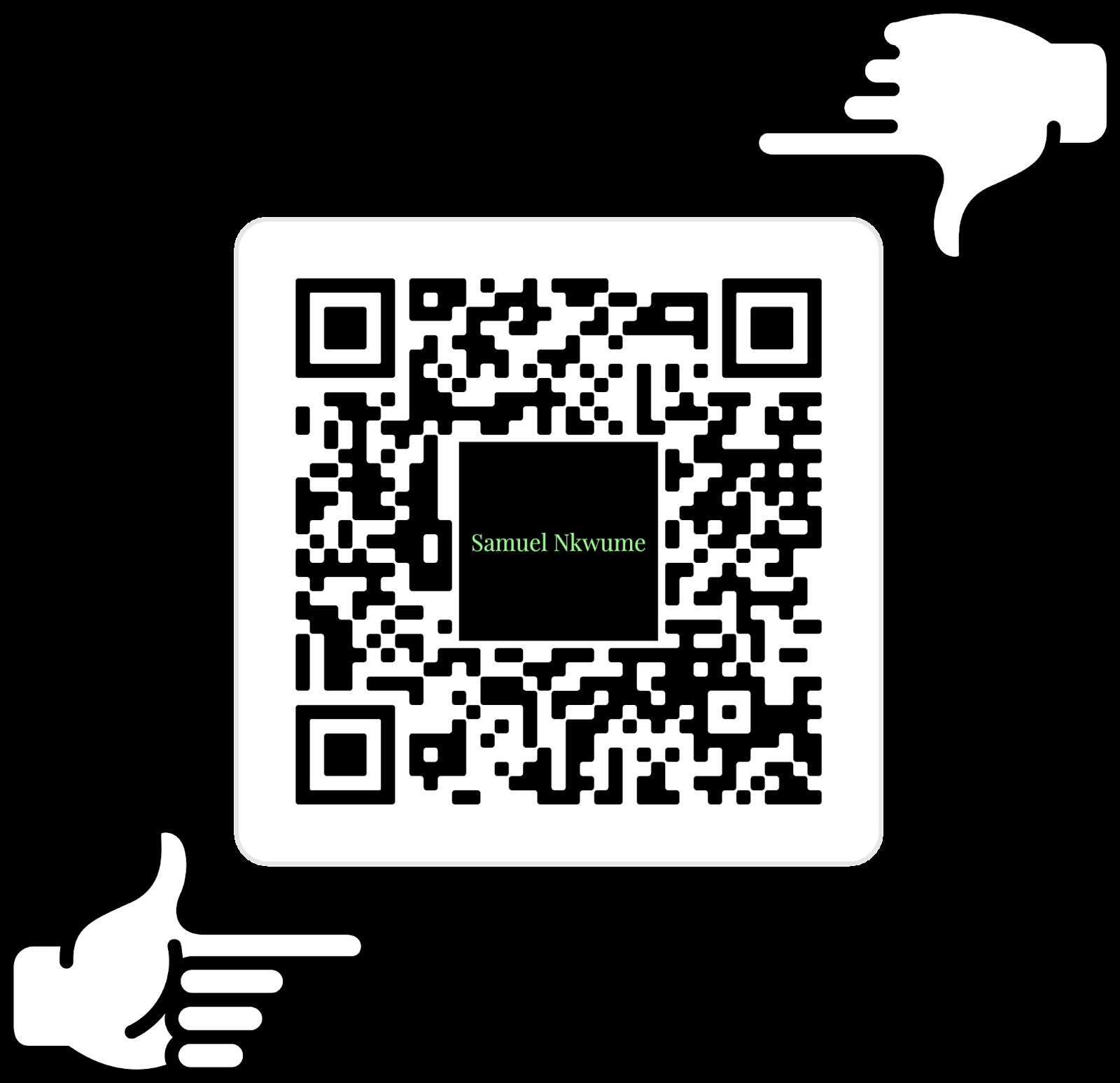



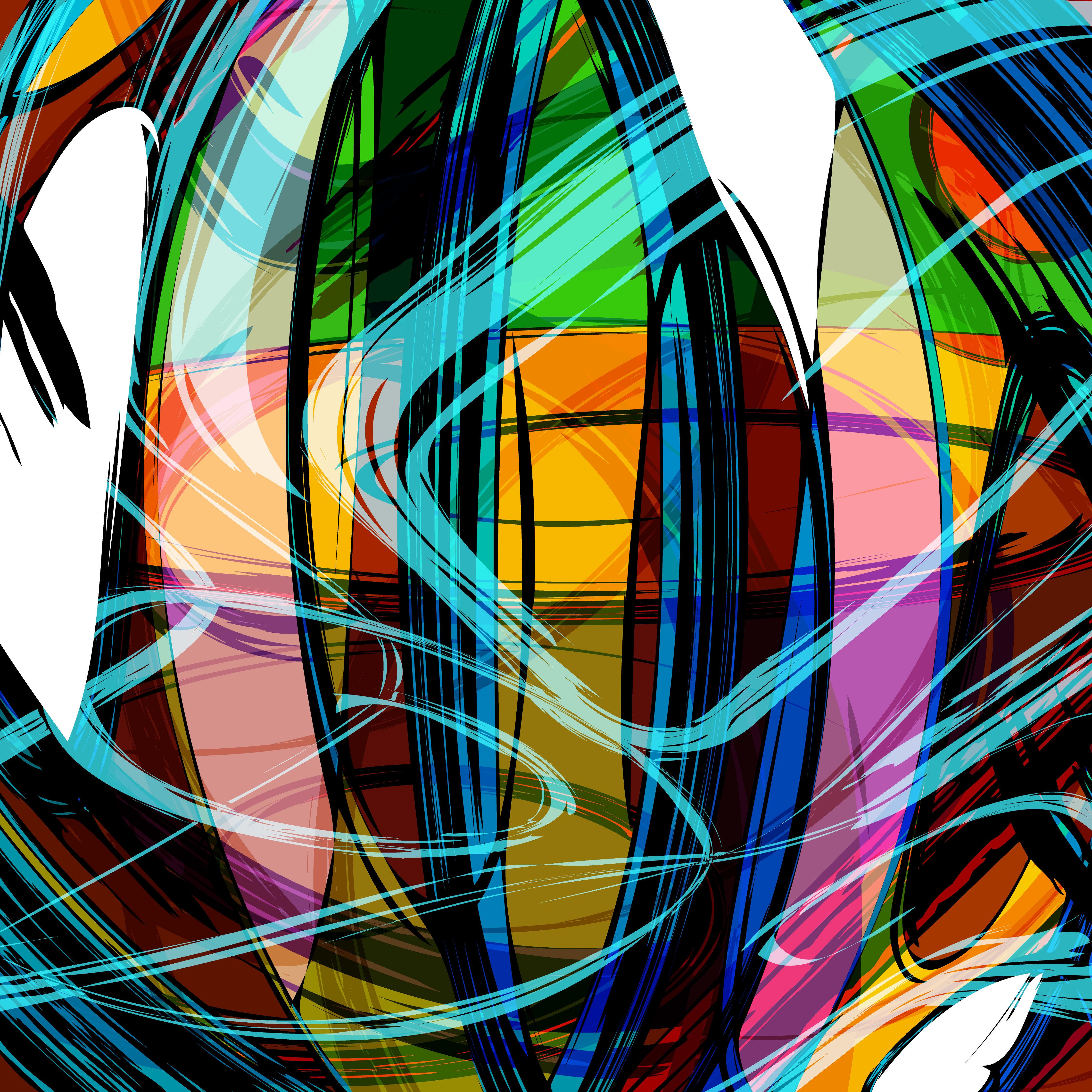

We talk to Matt Cooper, the CEO, visionary and founder of magLabs, about his journey and learn more about this intriguing organisation that provides data management solutions for some of the UK's most iconic brands.
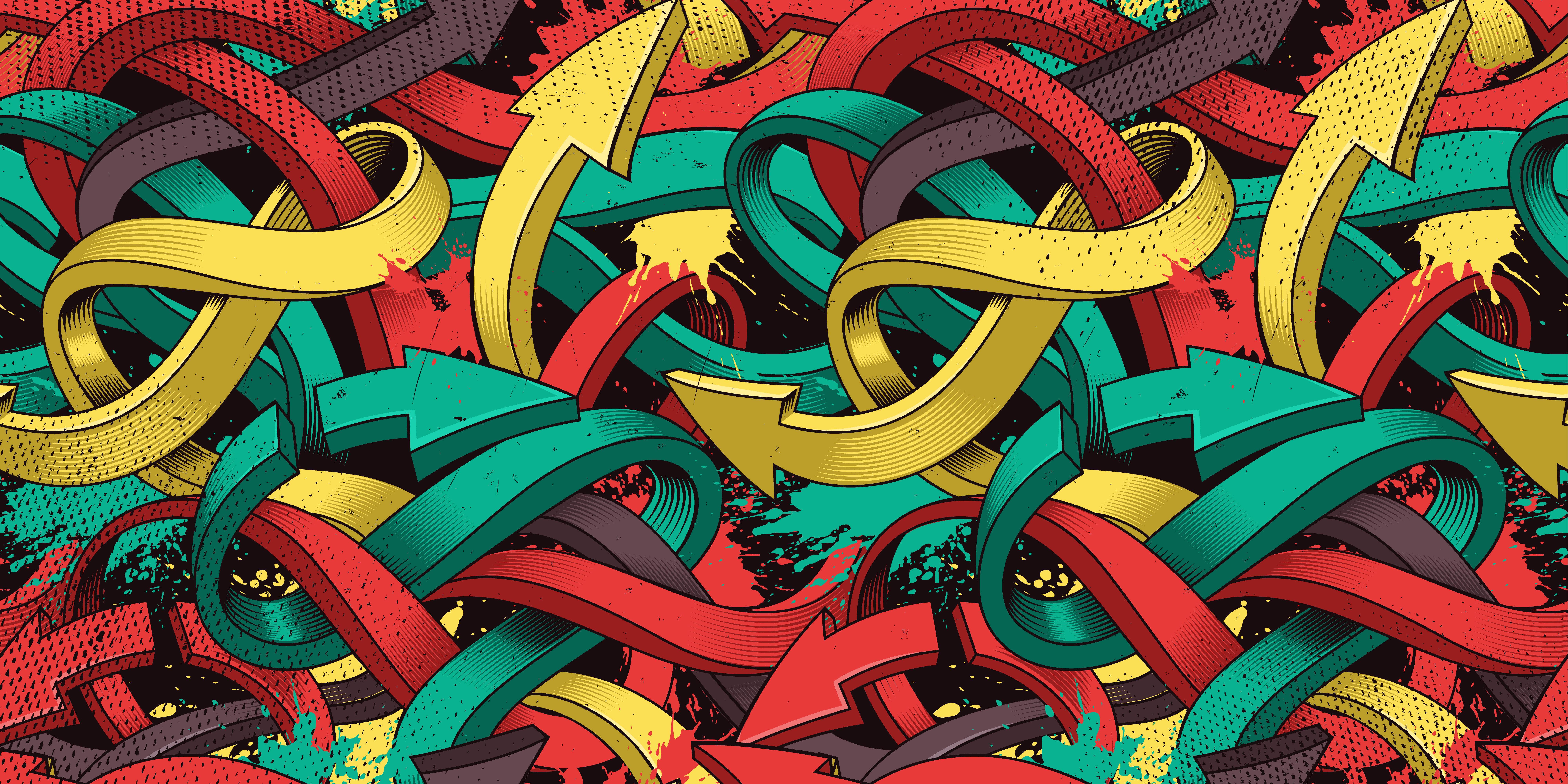




"First Class Marketing Technology with exceptional customer services, helping your brand work harder".
An iconic brand
Data is king; technology plays a significant part in providing a business with longevity. Scalable tech based on an organisation's individual needs is a key feature of corporate strategy. magLabs is an iconic brand, and it has earned its stripes as a recognised market leader in data management.
ecosystem, holistic approach, and digital asset management are just some of the beautifully crafted terminology that plays to a curious mind.
We could all learn something from a non-negotiable high level of service, a business that listens to a client's wish list and empowers a process to deliver results to complex problems. So I was keen to speak to Matt Cooper, the founder and CEO of magLabs, about his journey and to find out more about what this intriguing company offers organisations in terms of data management.
A passion for technology
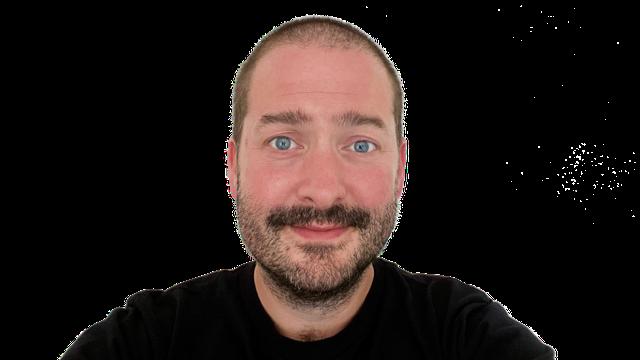
What was your own fascination with the world of marketing
I have always had a passion for technology (web-based solutions). The marketing world has given me this fantastic playground of challenges that we can use technology to overcome. This fast-paced, everchanging industry ensures there is never a dull moment.
Matt Cooper
Providing technology solutions
How did magLabs journey begin?
magLabs was originally the IT team within Magnet Harlequin, a multichannel production and packaging agency. We began life providing technology solutions to drive efficiency through their processes and for their clients. Once we started creating solutions for our own clients, it was a natural step to create magLabs.
The path
Did you dictate the path your organisation took or decide to let your company take you on a path?
I'd say a little of both. As a business, we have always had a clear direction of where we were driving our technology; sometimes, client requirements or opportunities would dictate the business's path. More recently, we have invested in research to enable us to anticipate and get ahead of the market and its' needs.
Approach to customer service
want to provide them with a one size fits all; we want to solve their problems and help them to achieve their goals.
Storing assets
Should new businesses care about how digital assets are stored, managed and shared?
Absolutely! Storing assets has moved on considerably since the days of boxes of CDs under someone's desk. However, with so many storage solutions available to businesses these days, it is more important than ever that they have solid processes for storing, managing and sharing assets to ensure control, security and compliance. It's no longer just about brand control. Businesses need to ensure compliance on so many fronts, and robust asset management solutions provide this.
Support
As essentially a service provider, why should a potential client choose to work with you?

So many businesses have a niche. So what is magLabs and why?
I always say it's our approach to customer service. We're very proud of our long-standing relationships with some of the world's most recognisable brands and institutions. We're there 24/7 for them across multiple channels, and it's that support that they recognise and value as well as the quality of our products and solutions.
Work ethic
Your organisation has a very strong work ethic; how would you describe your strategy towards such a changeable and fast-paced sector?
Working to anticipate trends and customer needs is key for us. But, again, our focus on the customer, really getting to know the customer and the problem they are trying to solve, is important to us. We don't
Simple. Because our customer service is second to none. We work with our clients to fully understand their challenges and design solutions completely tailored to their requirements. In addition, post-launch, our in-house 24/7 365 support team are always on hand to help our clients with any support required.
Client testimonials
If I was to ask a client to tell me what makes your company so unique, what do you think they would say?
They would echo my previous answers and testify to the lengths we continually go for them to ensure they are completely satisfied. The client testimonials we have all refer to us as their partners and think that is what makes our offering unique and enables us to have such long-standing relationships.
Lessons from the past What lessons have been learnt from the past?
I think in our industry, it is vital that you take learnings from every project you deliver. Technology delivery is fast-paced, and the best practice for delivering a project is a continual moving feast.
Significant milestone
What was the most significant milestone for magLabs?
There have been a few key milestones, but probably the biggest was us making the step to create magLabs back in 2008. We felt strongly at the time that we had the right approach to create something really special with the team we have, and thankfully that has proven to be the case.
The future
Do you think that the landscape Maglabs works in will change in the future?
Absolutely and we relish the challenge of the changing landscape. Our industry doesn't stand still for a second, so to be a leading-edge technology agency, we need to be ahead of the curve at all times.

Work-life balance
Is it essential to disconnect from a work environment?
100%. We have recognised since our inception that our teams (and us) need to strike a good work-life balance. magLabs were very early adopters of the flexible working approach (this came in handy last year!) and support all of our team in their non-work pursuits. At magLabs, we have footballers, guitarists, punks, gymnasts, bakers, and many more who need the ability to shut down at the end of the day and walk away from their laptops.
I have a young family and love the ability to do the school run or take football training between Zoom meetings and emails.
Multitasking
Is the ability to multitask a vital trait if you manage a business?
I am not sure how you would survive managing a business without it. However, whilst multitasking is a necessary trait when running your business, you need to find a balance to ensure that you stay efficient and able to perform at your strongest.
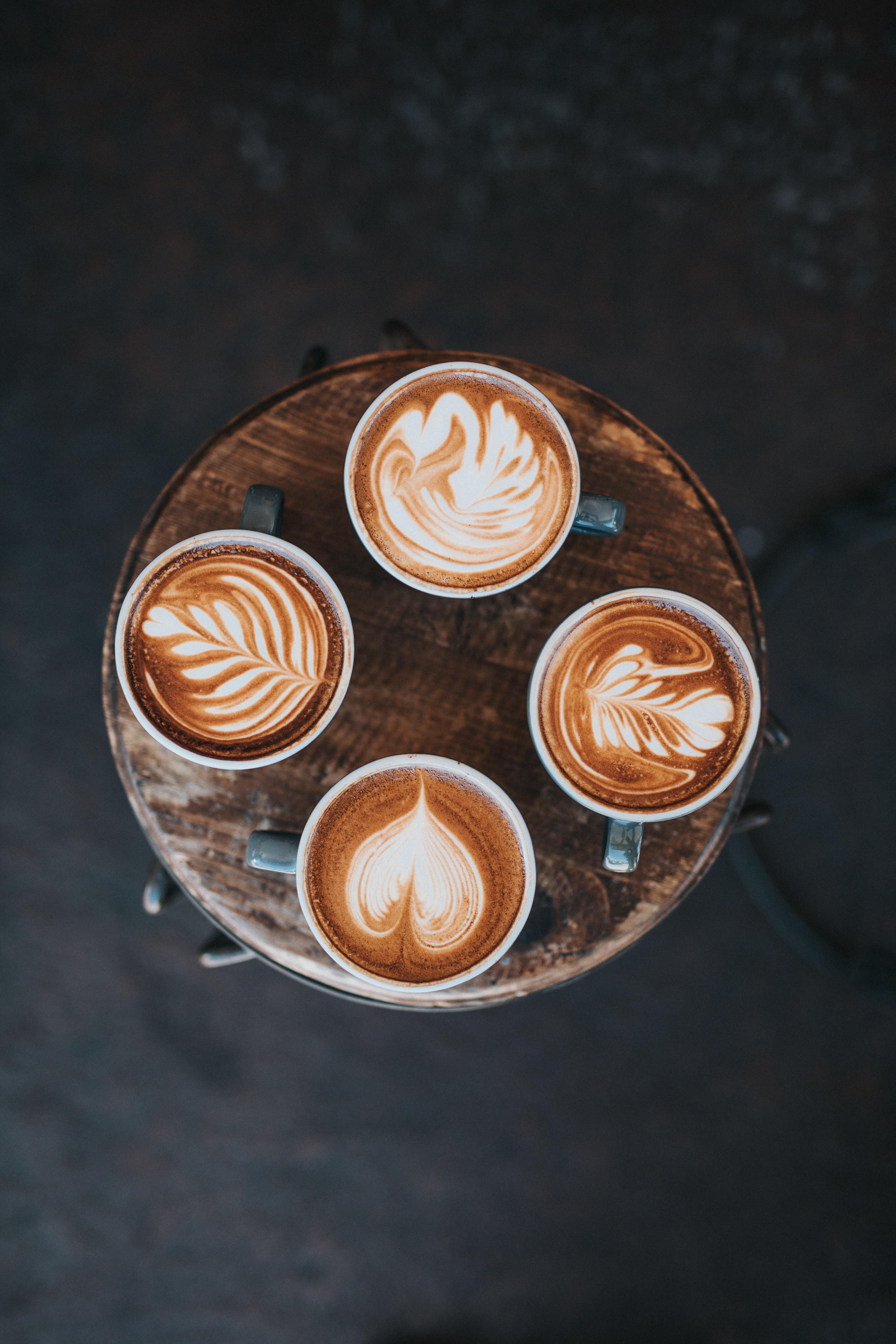
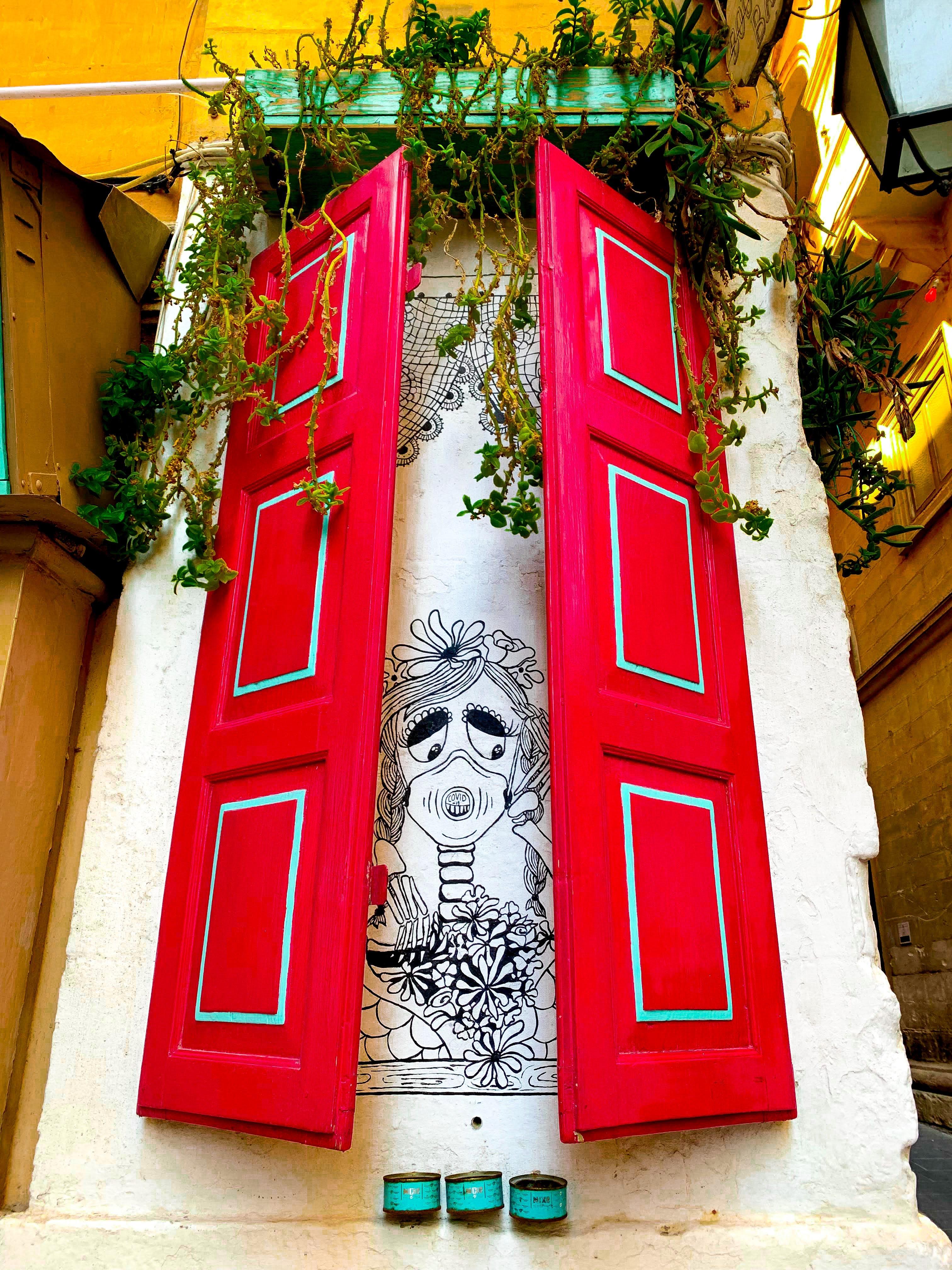

LIFESTYLE


SPECIAL FEATURE
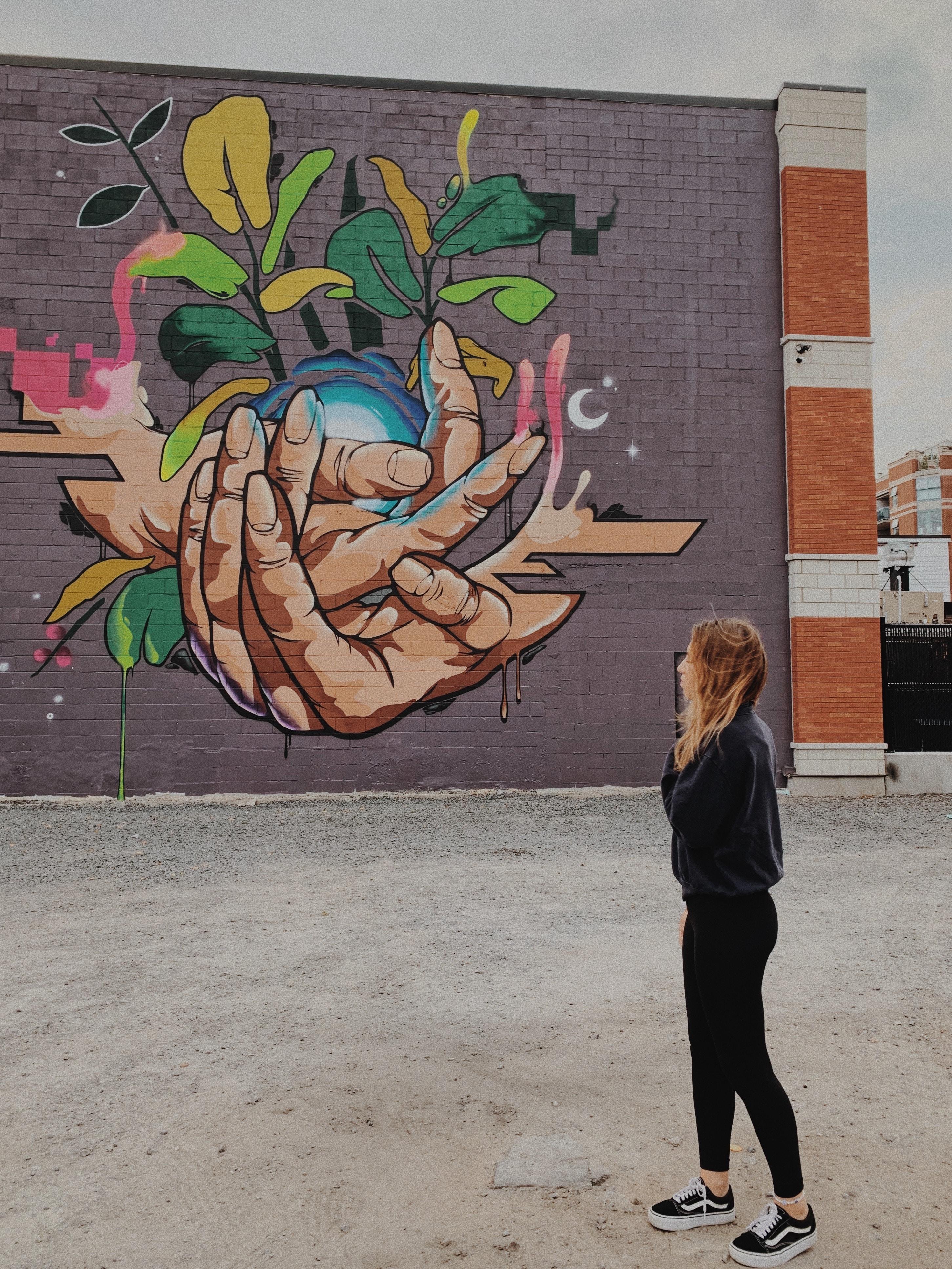
TRANSITION
By Sanj Saigal
We talk to Justine Gonshaw, the founder of Nature's Moor, about her life journey and the transition from a corporate background to starting her own company.


Mission Statement
As pet owners, we have been through every stage of a pet's; life, the highs, the lows and everything in between. Our mission is to help pets of all kinds be happy and healthy throughout their lives with as few health problems as possible.
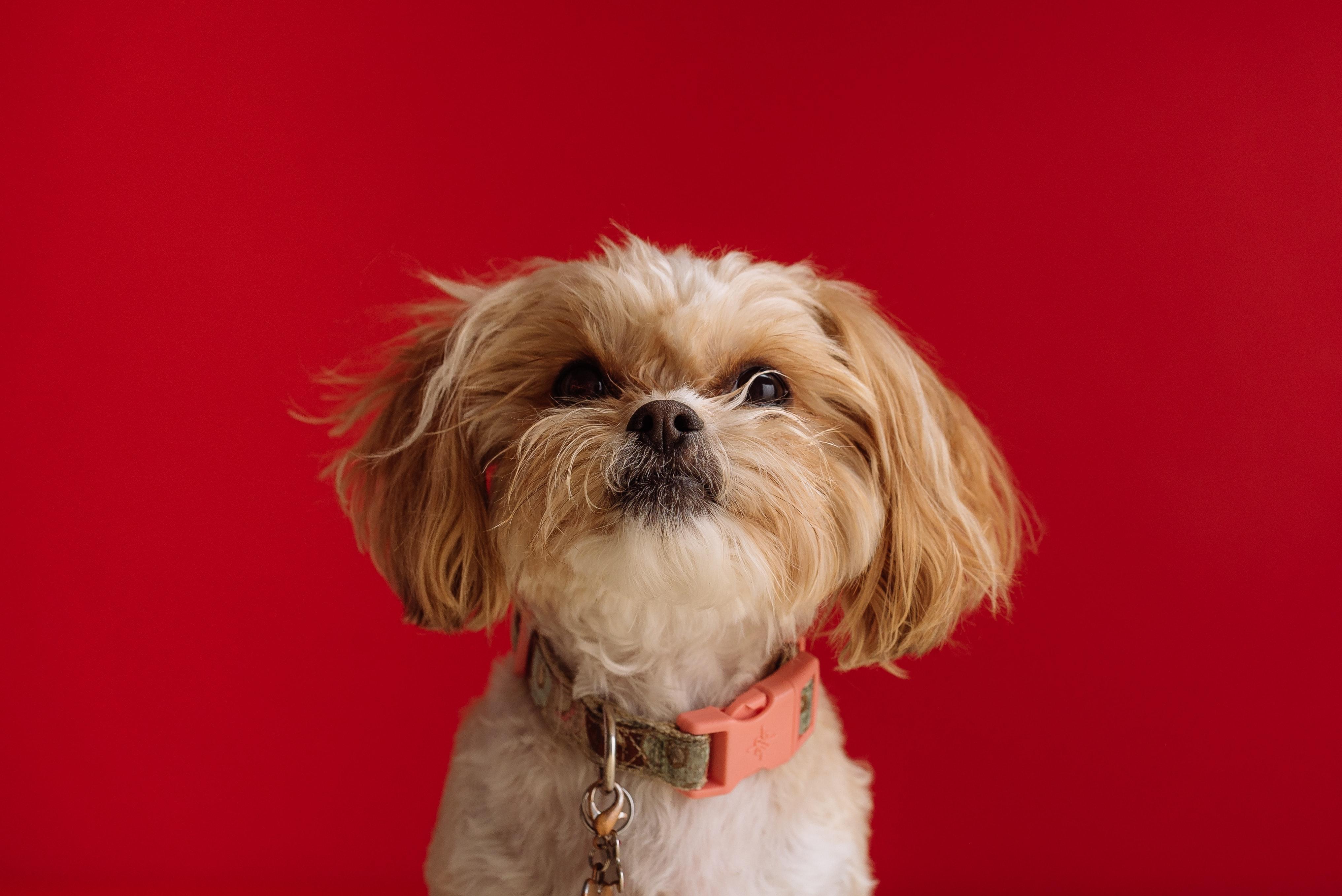
TRANSITION

ustine Gonshaw is a Marketing Director who provides part-time Marketing Director support to businesses. Most of us value routine, and there is nothing wrong with that; however, there is a small minority who never know what tomorrow will bring. Entrepreneurs often enjoy the buzz of taking risks, multitasking and costing their own time whilst realising selfThere were two very different perspectives on the pandemic of 2020; on the one hand, it caused so much pain and suffering on both a personal and professional level, with businesses forced to contend with the
On the other hand, it forced people from all walks of life to realise nothing wrong with juggling many income streams. I think there is parody drawn with the growth of the logistics sector and exponential growth of website providers, eBay traders and Amazon sellers.
Stepping away from working in just one industry was a stigma that was once feared by a business community who valued the fact that you should conform to working in just one genre. One person who falls into the latter category is Justine Gonshaw, who is no stranger to
multitasking. A mother, a freelance marketing director and a business owner has set her sights on a startup with an ambitious business plan.
Challenges
Describing herself as someone who searches for challenges in life, We spoke to Justine Gonshaw about her journey, transitioning from corporate life to the realm of self-employment, and how she now maintains a balance between consulting and her brand.
Justine is an award- winning Marketing Director with over 20 years of experience in mainly b2b businesses. She has worked with iconic brands such as PwC, American Express and Unisys. In addition, Justine now provides parttime Marketing Director support to a range of different businesses, from startups to small and medium.
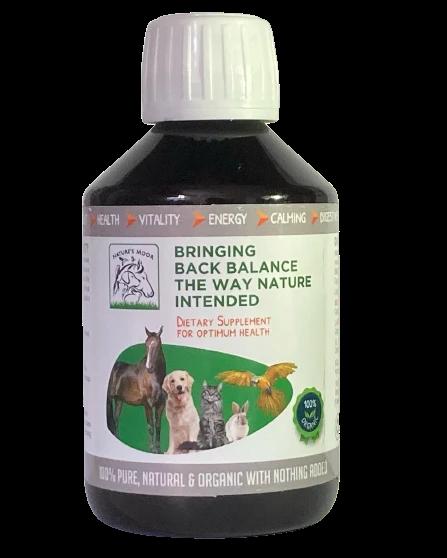
Latest Project
One of her latest projects that she is involved with is the up and coming brand called; Nature's Moore. Founded earlier this year, it's gaining social media traction along with media attention. The product is famed for its health benefits to pets, proving popular with pet owners in the UK.
Still providing support to a captive client base, Justine oversees an automated website working tirelessly behind the scenes to supply a

unique organic and all-natural supplement to pet lovers and retailers who want to stock this innovative product.
We spoke to Justine about her journey, transitioning from corporate life into the realm of self-employment, and how she now maintains a balance between consulting and running her brand.
New Chapter Same Story
The first chapter in my journey was everything to do with wanting to be a writer or venture out into the world of journalism. I believed that it was plausible to end up in one of those fields.
I worked as a journalist for a couple of years and had visions of moving into politics (which I later experienced through working with a trade union). At that time, politics was an ever-changing environment, and it never lived up to my expectations. However, experiencing both sectors gave me the experience that I needed to decide whether they would be the path I followed.
Writing
I had always enjoyed writing but was frustrated by the editing process and my lack of control over the integrity of the articles that I had written. Nevertheless, I felt very strongly about it and, in essence, persuaded me to pursue writing as a profession.
Australia
There was an opportunity to move to Australia, a desire to try and bring a more international dimension to fuse with my degree seemed like a very logical and calculating move to take.

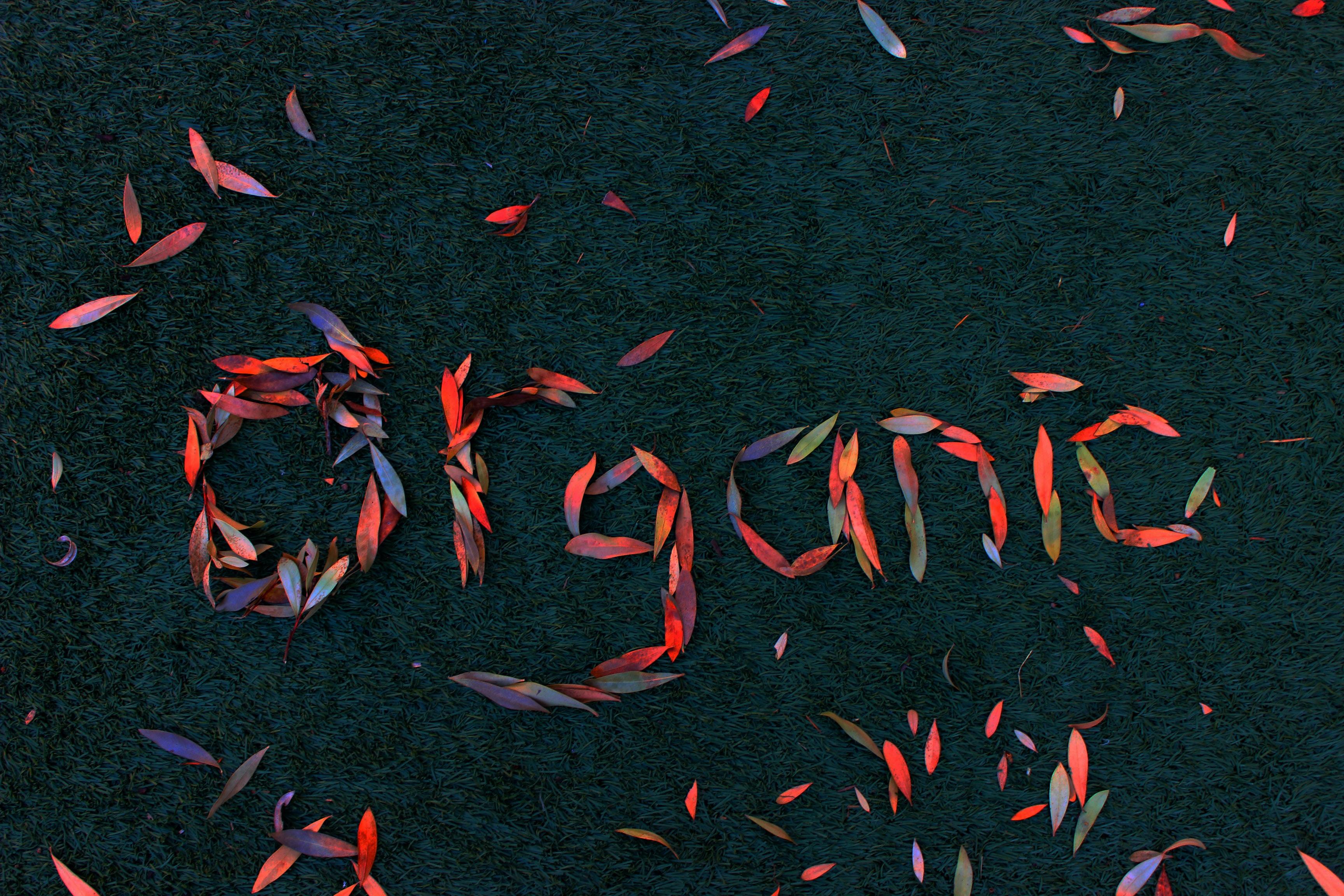
I went for two reasons, I had a relative there and I already met my Australian boyfriend (now husband) in the UK, so there were strong ties. Second, I went with very little money, so I had to find work but in an area of interest.
"I felt brave and built my confidence".
It did pay off as I found my way into a marketing role with a real opportunity to make a difference, forming a solid bond with the CEO for a startup. Career progression would see me professionally develop working for some iconic international brands within the financial sector. I had forged out a niche for myself and built a skill base learning from the people around me, gaining skills and experience on the job and learning quickly from my mistakes.
I launched various high profile projects that I can put my name to. I proved myself and was allowed to develop a career in my chosen field. I would undoubtedly tell new talent to seek out opportunities rather than waiting for the opportunity to find you.
"There is a degree of being at the right place at the right time".
I spent seven years in Australia working with young and experienced professionals on various projects; my skills in time management, problem-solving and meeting strict deadlines came to fruition.
There was synergy with the move and clicking with my employers, who appreciated my drive, desire to learn and progress quickly. I got involved with every sphere of marketing and learnt on the job. The educational background gave me the knowledge; I fused it all and used it.
"I was not afraid to embrace the challenge of working for myself".
At
this time,
you are consulting and managing your own business. Is that a challenging balance to achieve?
Why?
I don't take on projects that I can't deliver. It's a challenge; I also have a frantic family life. However, I am very good at time management and very focused, so I make sure that everything is actioned to my best abilities.
"Every day is different; that's the best bit".
What skills have you relied on to transition into working for yourself?
Administrative tasks need to be actioned, so you have to learn how to prioritise tasks. Having no hierarchic structure means that as a business owner, you have to wear many different hats. If you can't do something, learn how to do it or get help.
What advice would you give someone who is thinking about the move to self-employment?
It's a great time, don't be afraid to learn from your mistakes, you may surprise yourself. With every economic downturn, there are new shoots.
How do you stay motivated now that you're the boss?
In the long term, I want to impact animal lives, building something special. It's really exciting to build a business with my son, who is at Uni at this time. Working together on a project like this one is exciting on so many levels.
If you took a trip back in time and met yourself at the point where you were leaving University, what advice would you give yourself? Why?
I would probably tell myself to follow my dreams and focus on the things and areas of life that I can control.
What is the best thing about working for yourself?
I love the diversity of work; it interests me and helps me to come up with better ideas and more creative ways of achieving results for clients. Working outside of a mundane routine gives you a different perspective and really helps to motivate you.

What is the worst thing about working for yourself?
Endless paperwork and admin, it's a necessary evil and something that every business owner has to get done. However, to run a successful business, you must make sure that your admin is kept up to date.
Do you think that you work longer hours when you're freelance?
Yes, you work long hours, but you can turn things around if you manage your time effectively. Of course, it depends on the nature of the project that you are involved with. One of my critical skills is time management and I always make sure that I factor in time for myself.
"Owning your own business is a lifestyle choice".

Of the many hats that you wear, what is your favourite? Why?
I love wearing a creative hat and creating ideas to solve problems uniquely; it motivates me to succeed in business.
Your new project sounds amazing, can you tell me about the product?
Nature's Moor 100% natural supplement provides your pet with the broadest spectrum of naturally occurring minerals to support their body's ability to maintain peak health. Similar to honey, another naturally occurring product, our products contain traces of B potassium, sodium, calcium, magnesium, iron, manganese, aluminium, sulphur and titanium, all of which are in an enriched form. These minerals and trace elements support the positive effects of the humic acids, especially in internal absorption. In addition, it's rich in plant hormones, bio-minerals, trace elements, vitamins, amino and fatty acids.
It's thoroughly tested across Europe under laboratory conditions and has a history that dates back over fifty years.
Animals in days gone by when they roamed the land found minerals and minerals from nature's natural offerings found in Peat (mud). There are a lot of Peat bogs in the UK; however, they don't have the same therapeutic benefits. The moors that we get our product from are located in valleys surrounded by mountains and have the most active range of minerals and vitamins because of their location, and that's what makes our product so special and unique.
Did the product find you, or did you find the product?
An ex-colleague of mine had been waxing lyrical about the benefits of this product for some time. We've kept in contact and worked together since our time in Australia. He's still involved and supporting us with this project. When our dog had a serious health problem, he suggested that we try it, we did, and I had a lightbulb moment. I love animals and realised that this product could make a significant difference to all pets.
Are you a retailer or a wholesaler?
We offer our products to organic shops. We sell on a wholesale and a retail basis. We are already selling through a number of independent pet stores, and we are also speaking to organic shops as we are a perfect fit for them.
How important is social media to your brand?
Having a presence on social media platforms is very important to a startup. We need to get our message out there, and it increases our reach.
What type of businesses would you like to connect with?
We would like to hear from organicbased stores, pet stores and Vets. These types of businesses have good synergy with our product.


Do you think that pop up stores are essential to support a startup like yours? Why?
Pop-up stores are a current trend; it could be something of interest as it offers a high degree of flexibility, which we need. So, yes, it could be of interest.
What does the future for Nature's Moore look like?
I would love to have a niche and establish ourselves as a leading brand in organic pet supplements. If we can achieve this, we'd like to get more involved in supporting a variety of animal rescue programmes. I'd really like to make a difference.


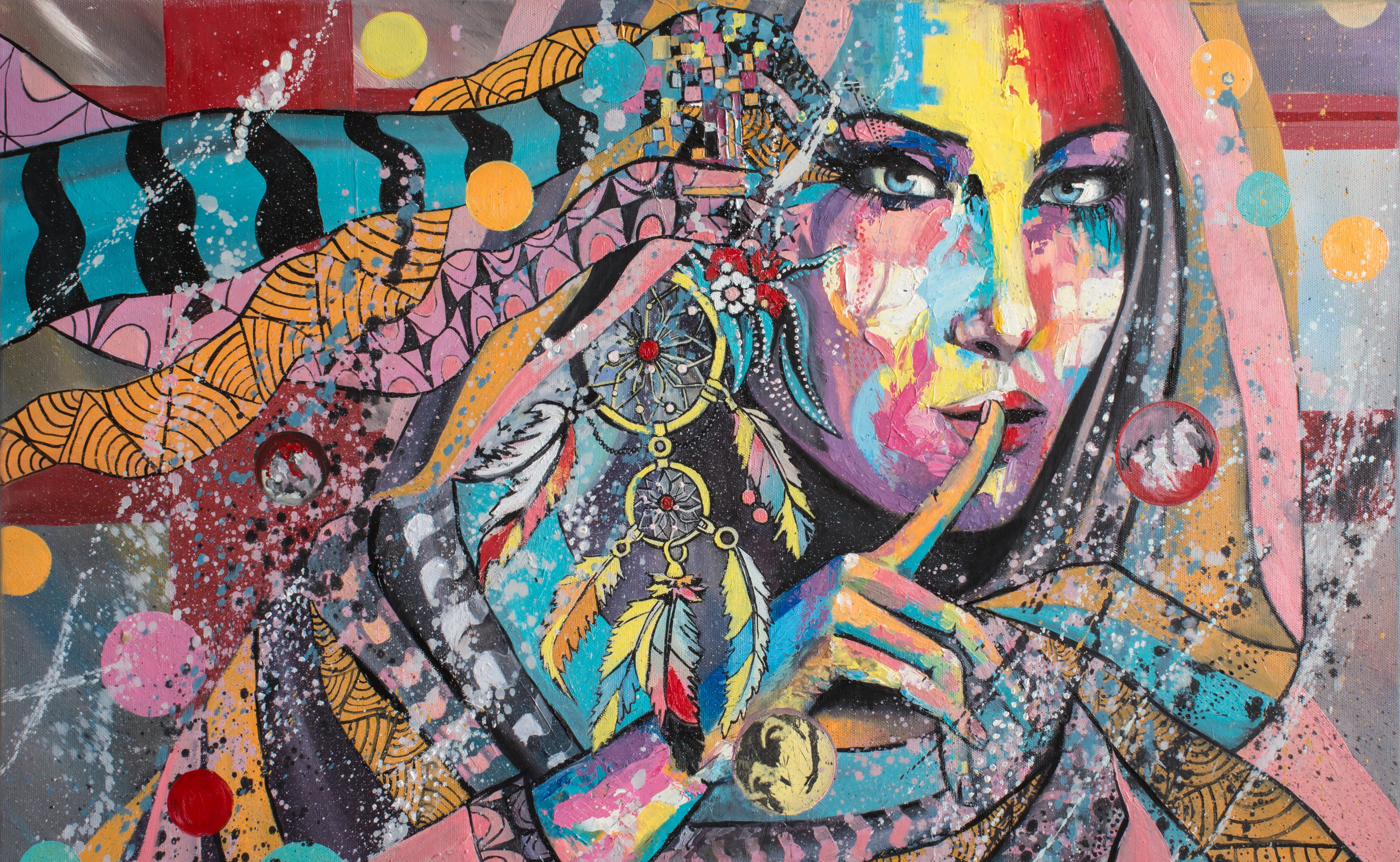
Anam Anwer STORM IN A TEACUP Press here

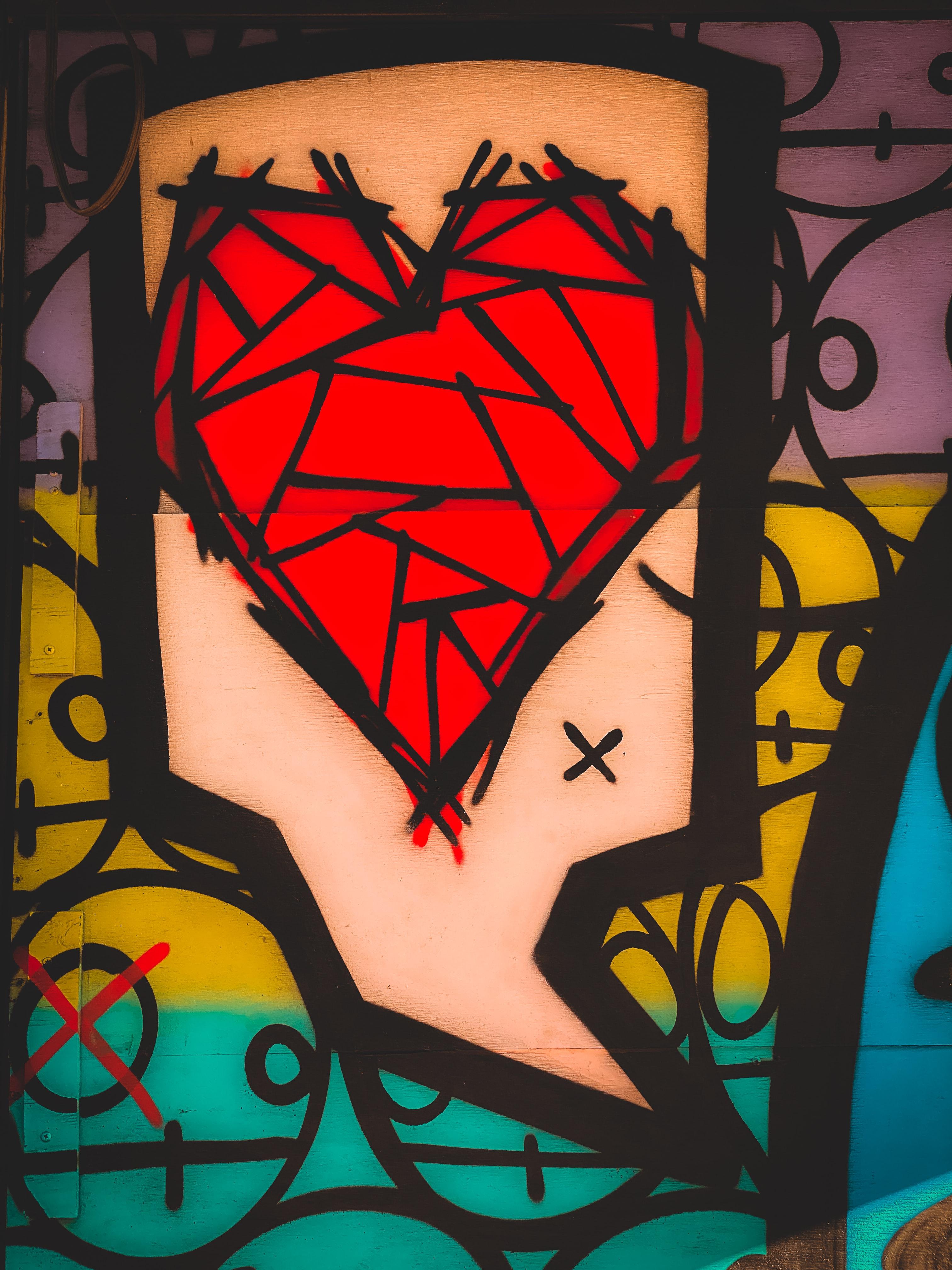

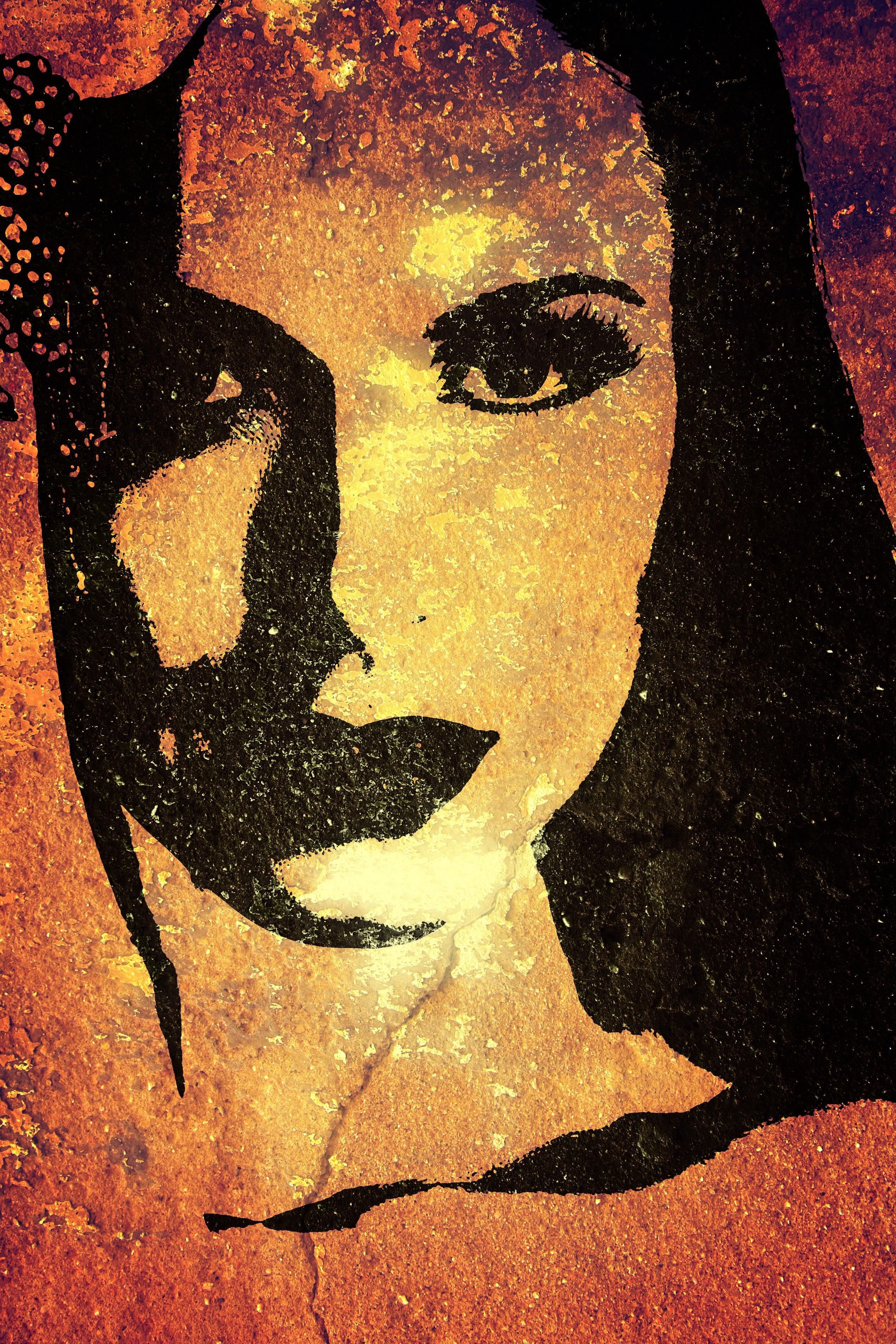

We want to write about you! www.networkingmagazine.co.uk




























 Photography by: NANA SRT
Photography by: NANA SRT




 Photography
Photography



 Photography by - Rodion Kutsaev
Photography by - Rodion Kutsaev
 Photography by - Arnaud Steckle
Photography by - Arnaud Steckle
 Photography by - Shahin Khalaji
Photography by - Shahin Khalaji
 Photography by - Mae Mu
Photography by - Mae Mu




 Photography by -Elliot Paris
Photography by -Elliot Paris
 Photography by -Jon Tyson
Photography by -Jon Tyson


 BY: TAMARA MARTIN
BY: TAMARA MARTIN
 By; Sanj Saigal
By; Sanj Saigal










 Photo by: Kelly Sikkema
Photo by: Kelly Sikkema


 Photography by - Corey Saldana
Photography by - Corey Saldana



























 Photography by Qaiser Azim
Photography by Qaiser Azim





 Photography by Qaiser Azim
Photography by Qaiser Azim
 Photography by Qaiser Azim
Photography by Qaiser Azim
 Photography by Qaiser Azim
Photography by Qaiser Azim





 Michael Matteo Rossi Writer - Producer - Director
Michael Matteo Rossi Writer - Producer - Director








 We talk to Yarea Guillen, the brand, songwriter, music artist, actress and influencer. She spoke to us about her journey with over 11.3k Instagram followers and signed to an iconic brand.
Yarea Guillen, the multitalented brand, drawing international attention.
Photography by: @juanewan
We talk to Yarea Guillen, the brand, songwriter, music artist, actress and influencer. She spoke to us about her journey with over 11.3k Instagram followers and signed to an iconic brand.
Yarea Guillen, the multitalented brand, drawing international attention.
Photography by: @juanewan




 Photography by: @juanewan
Photography by: @juanewan

 Photography by Robyn Davie
Photography by Robyn Davie




































